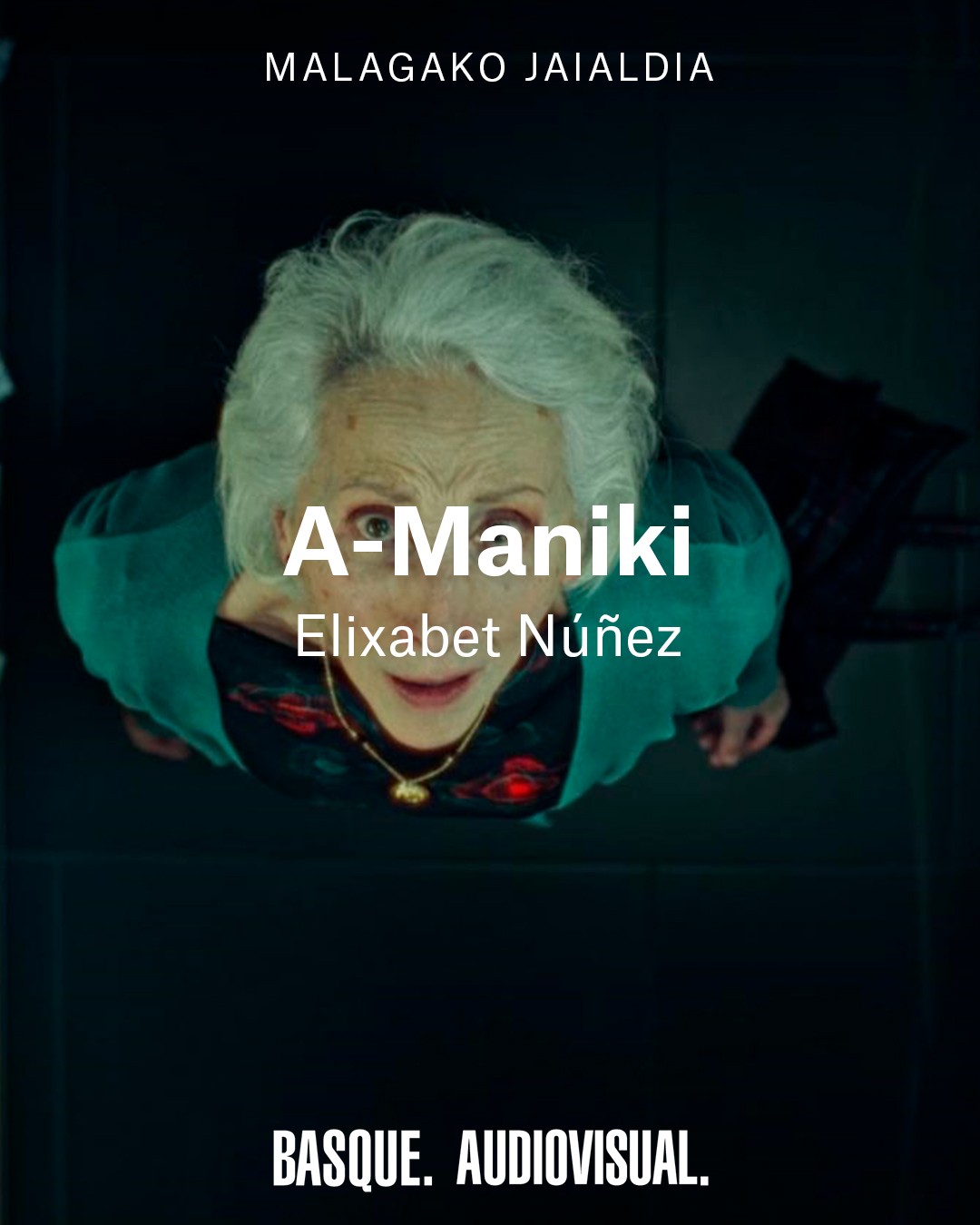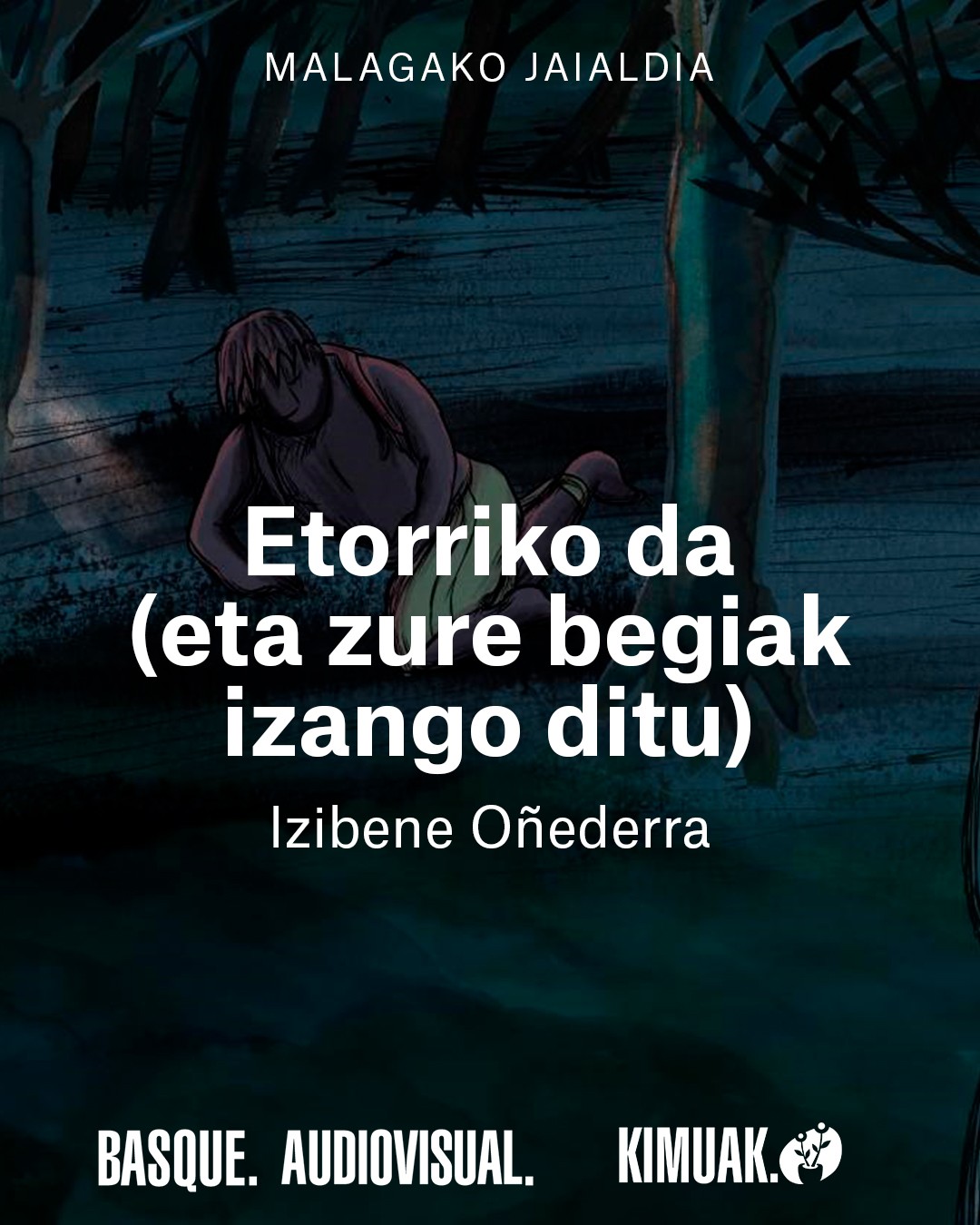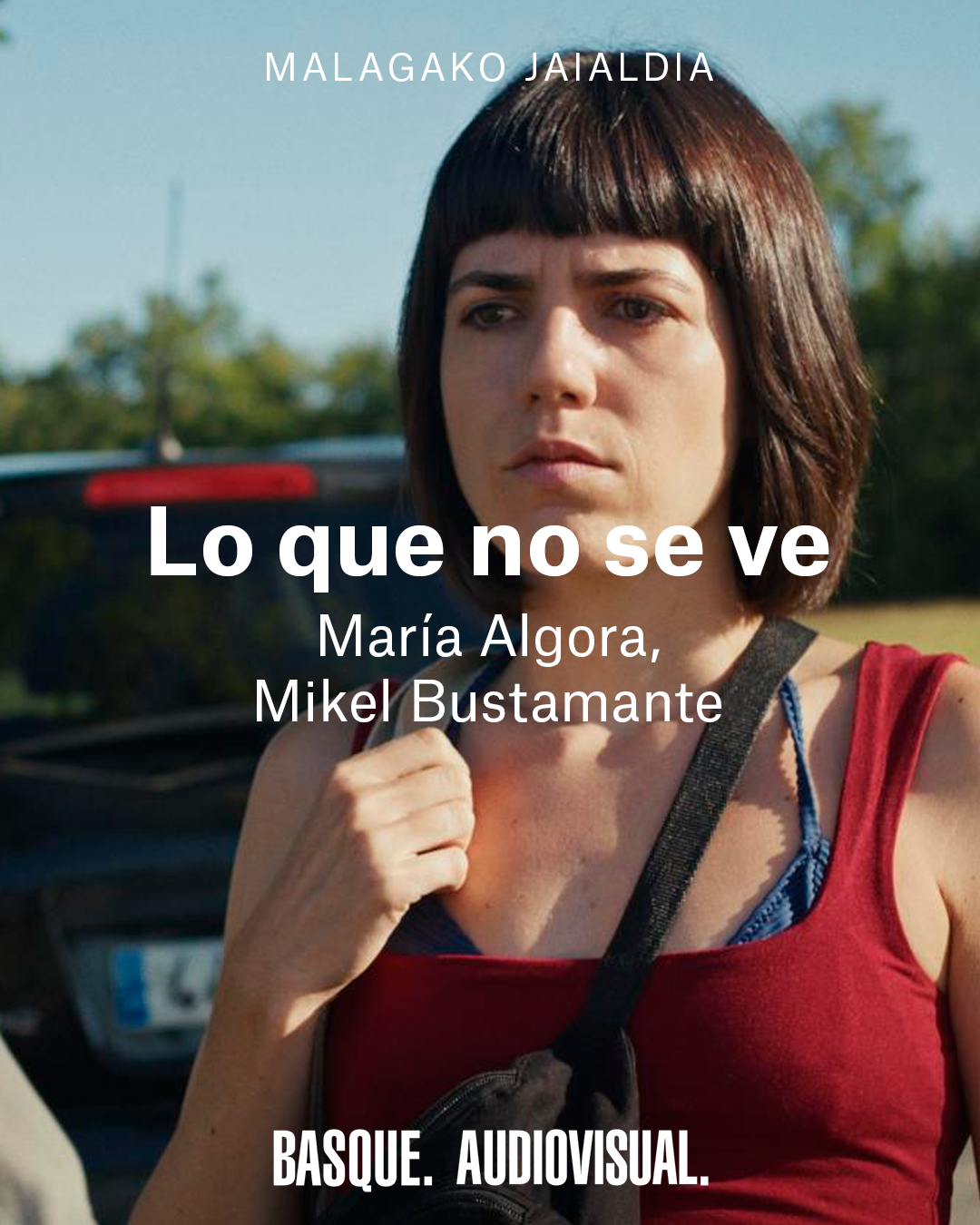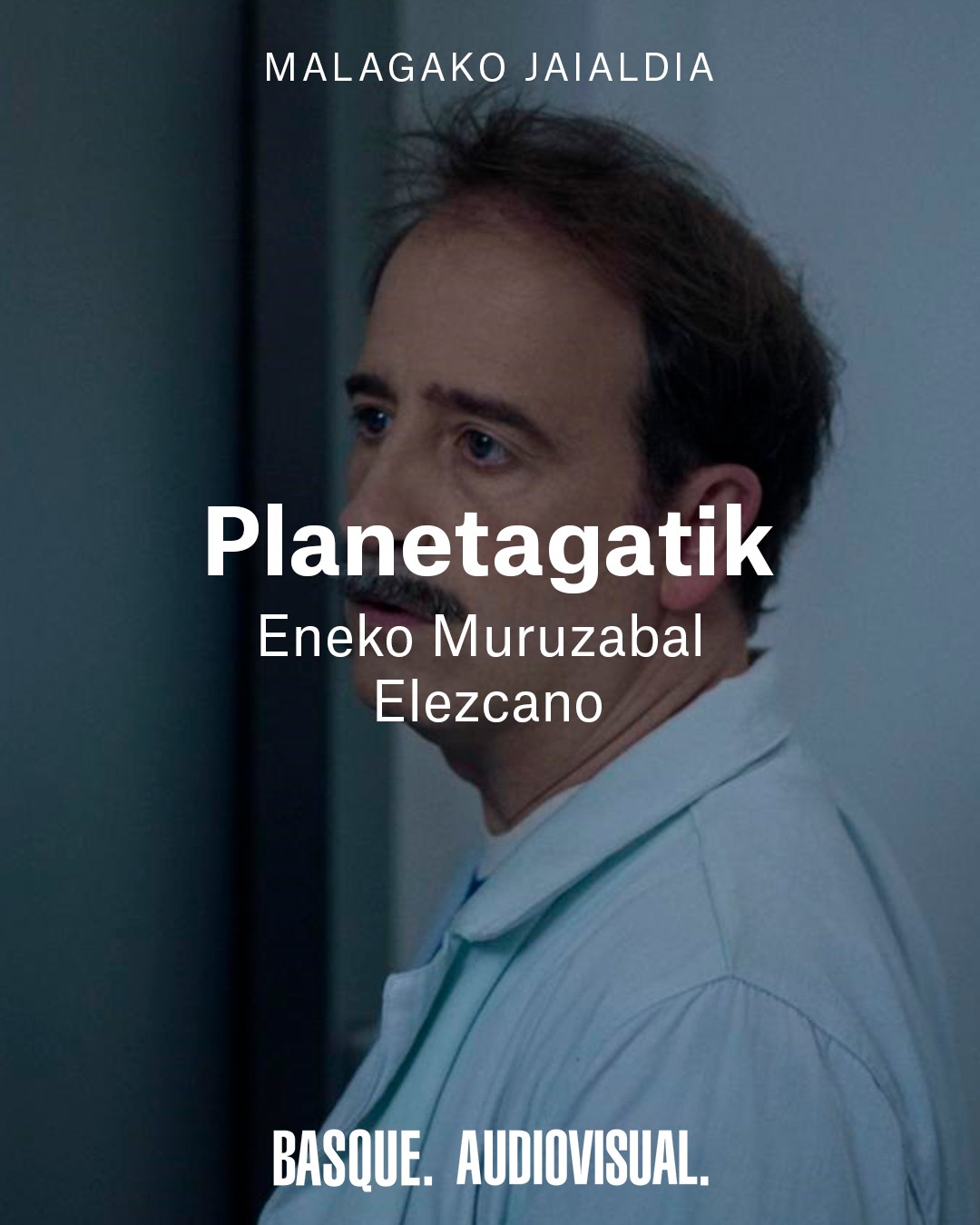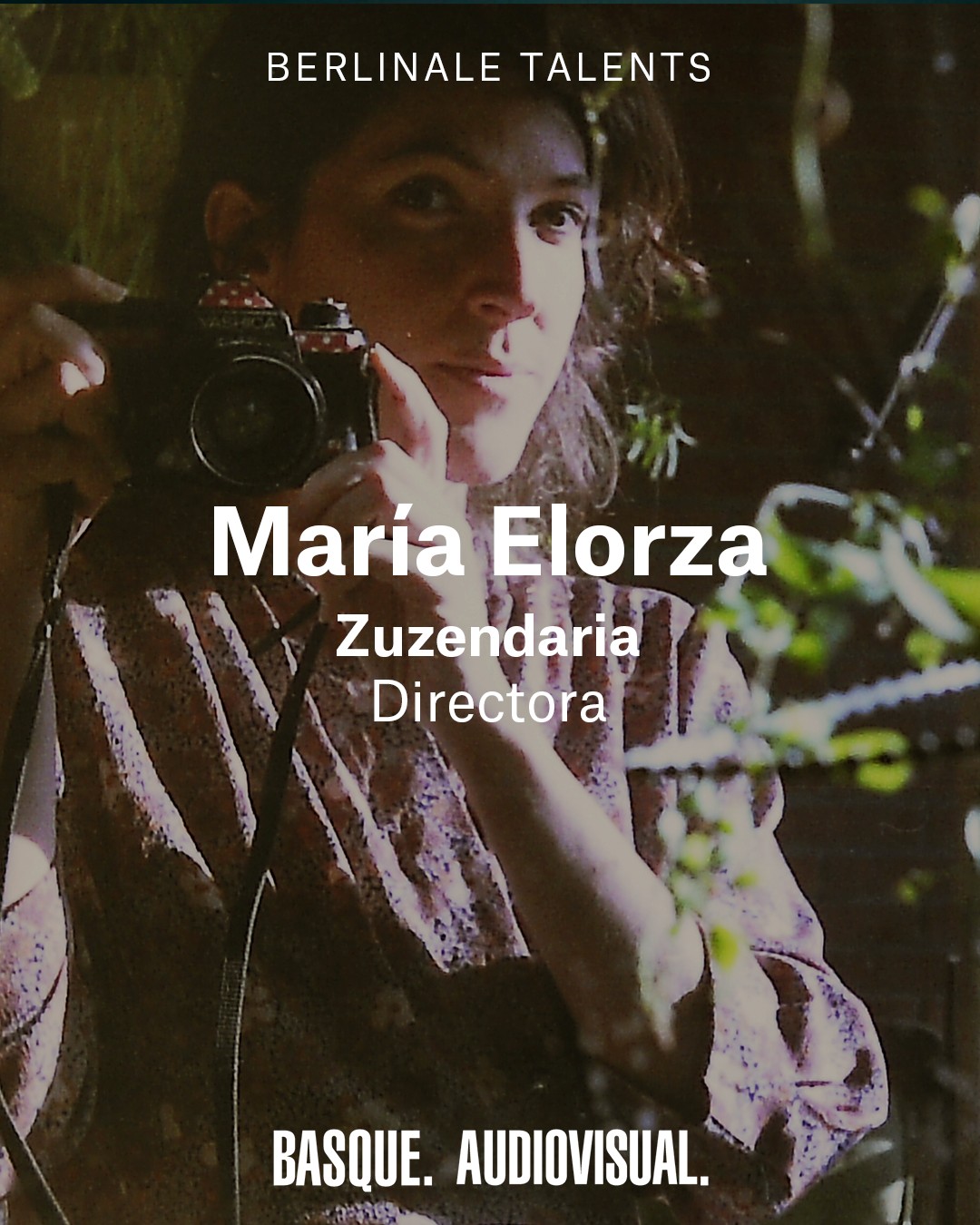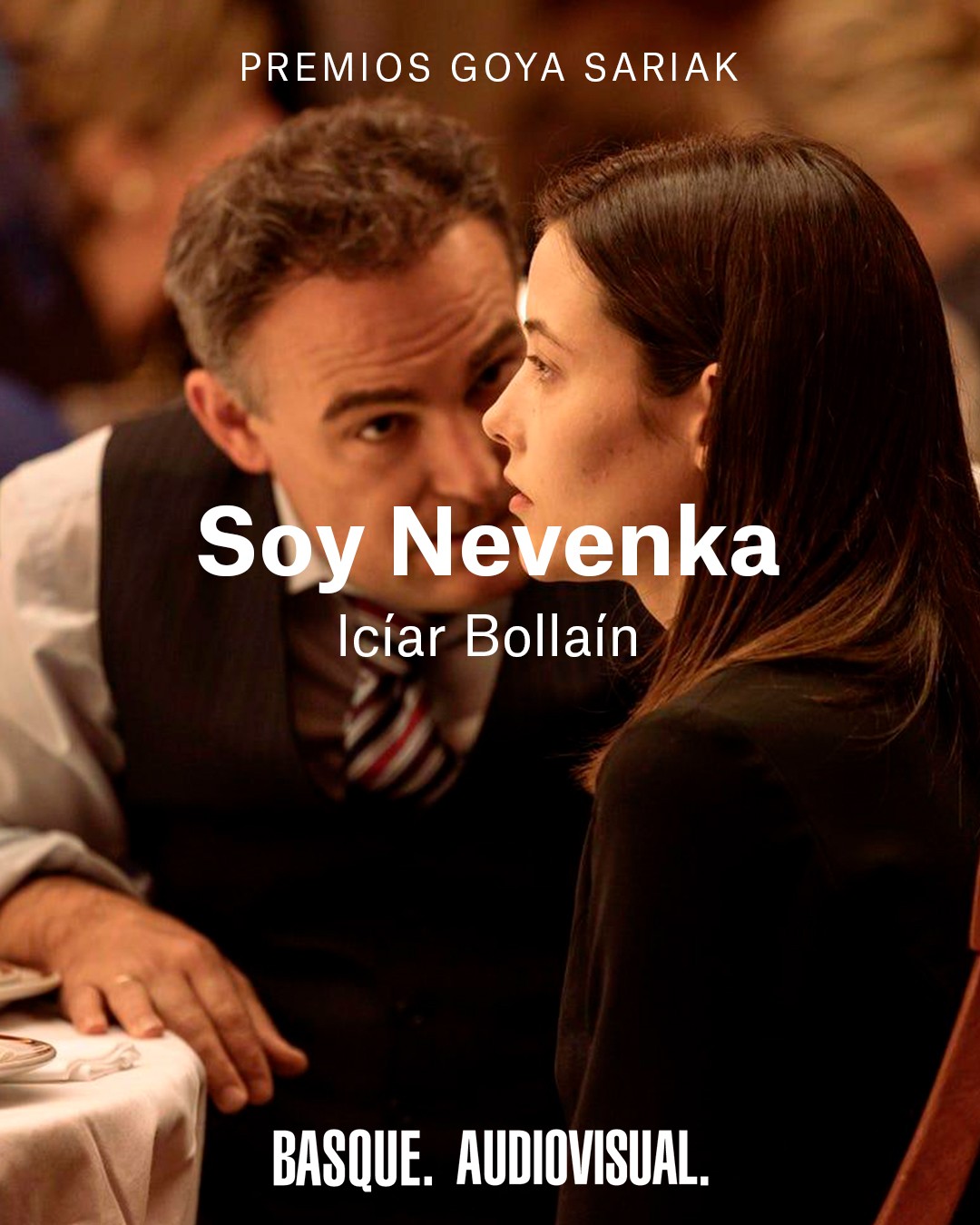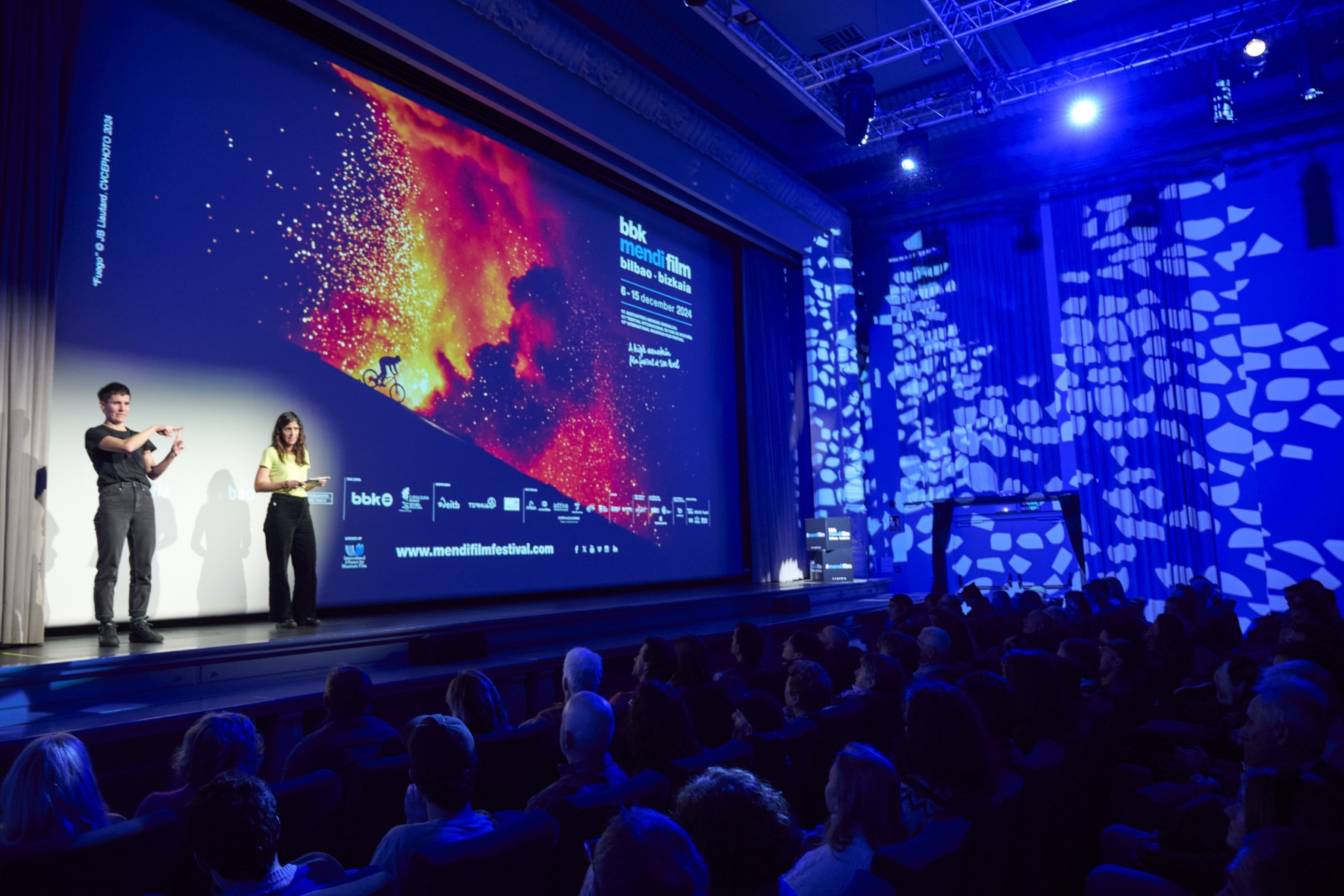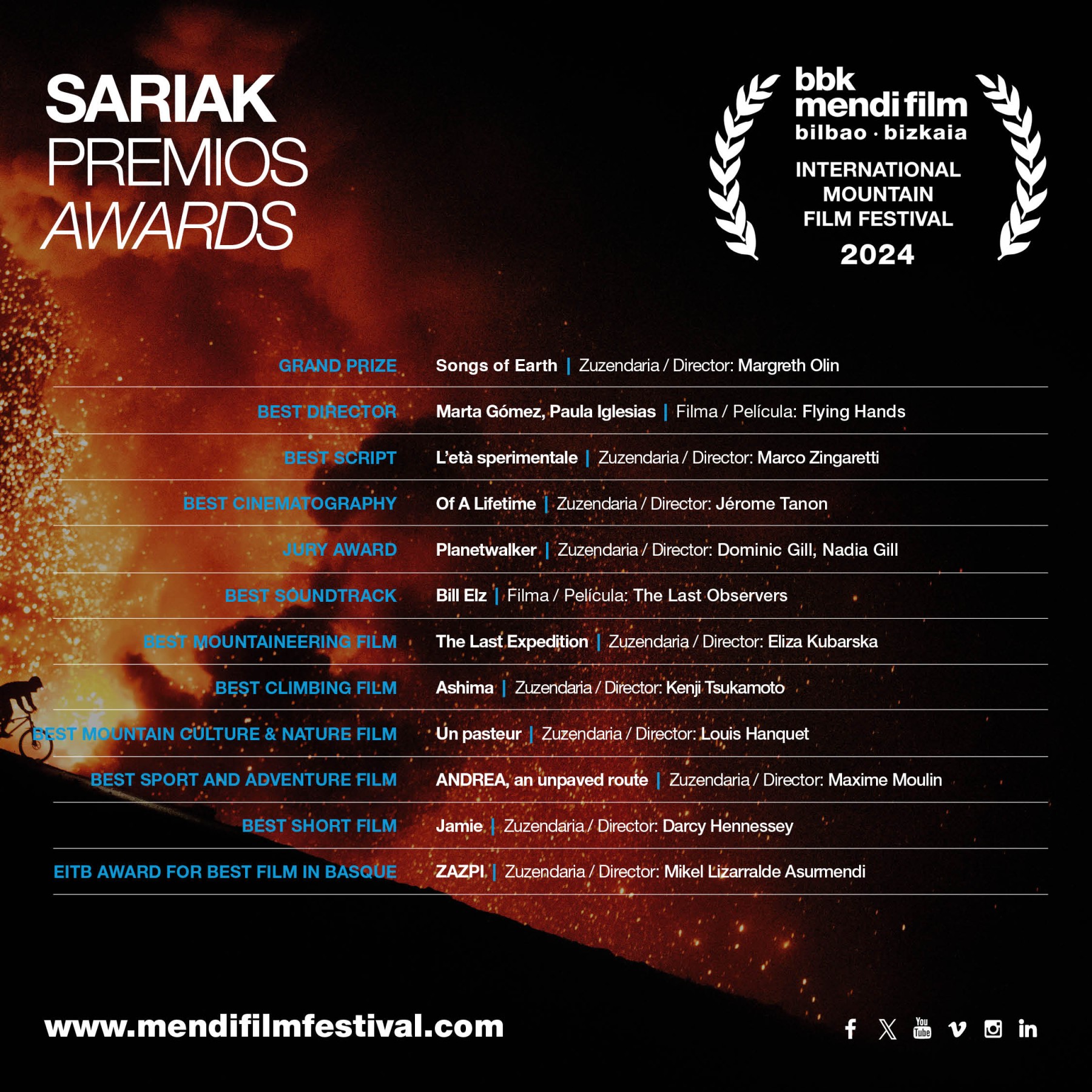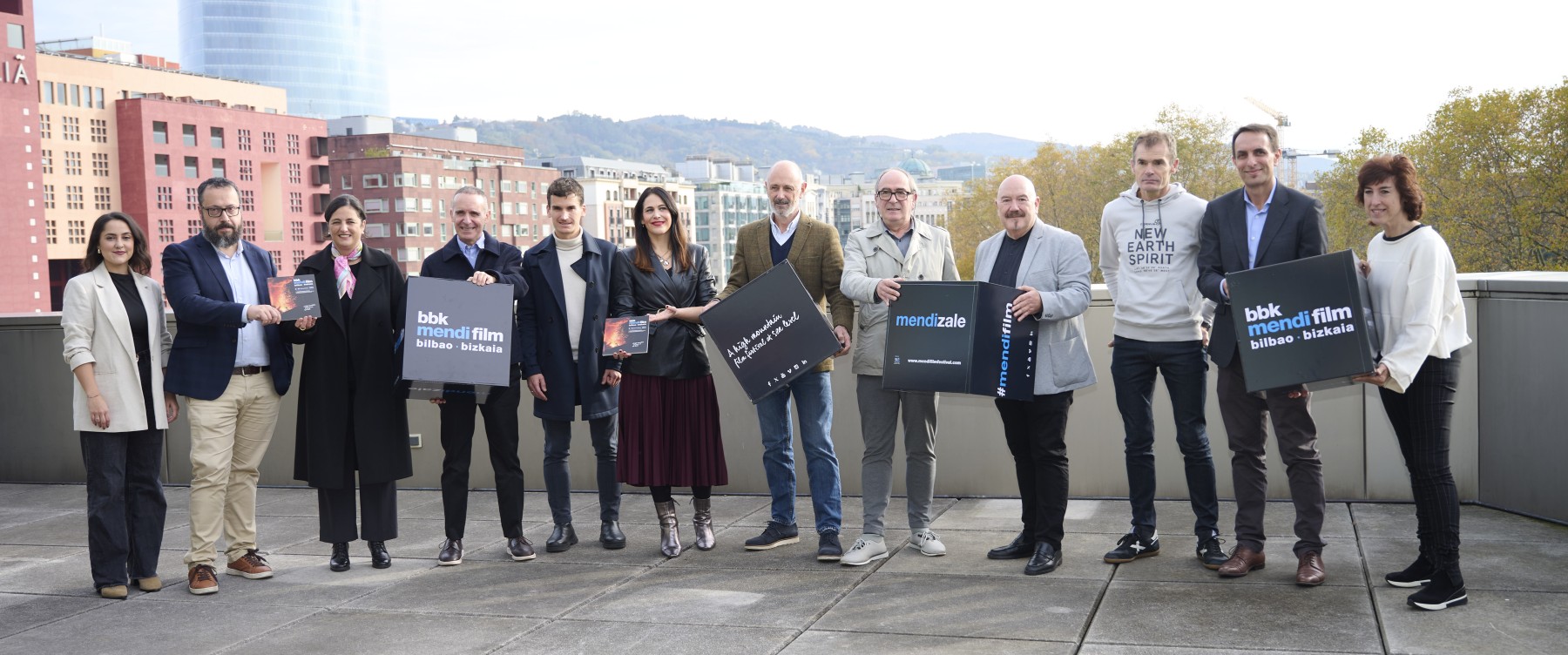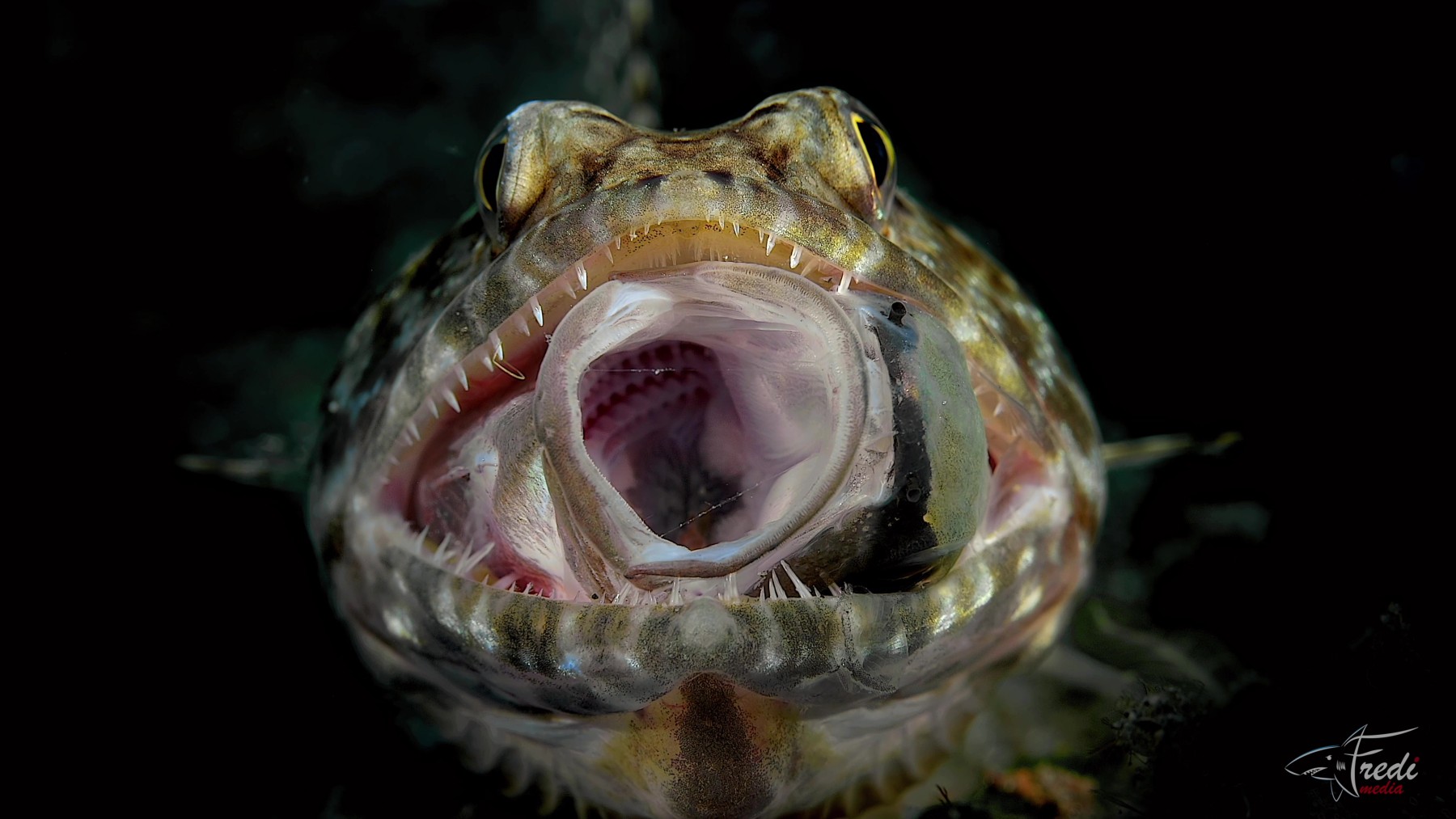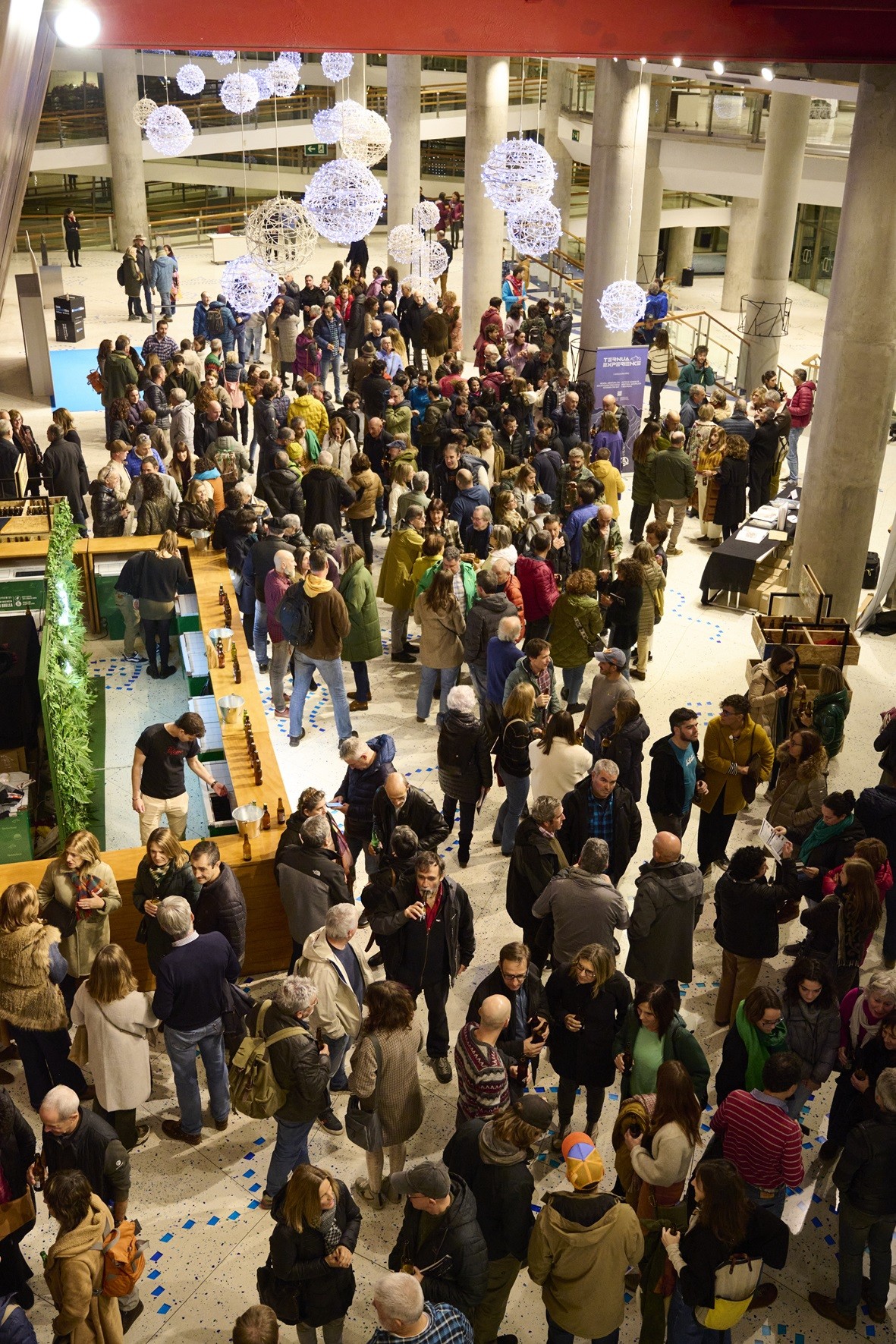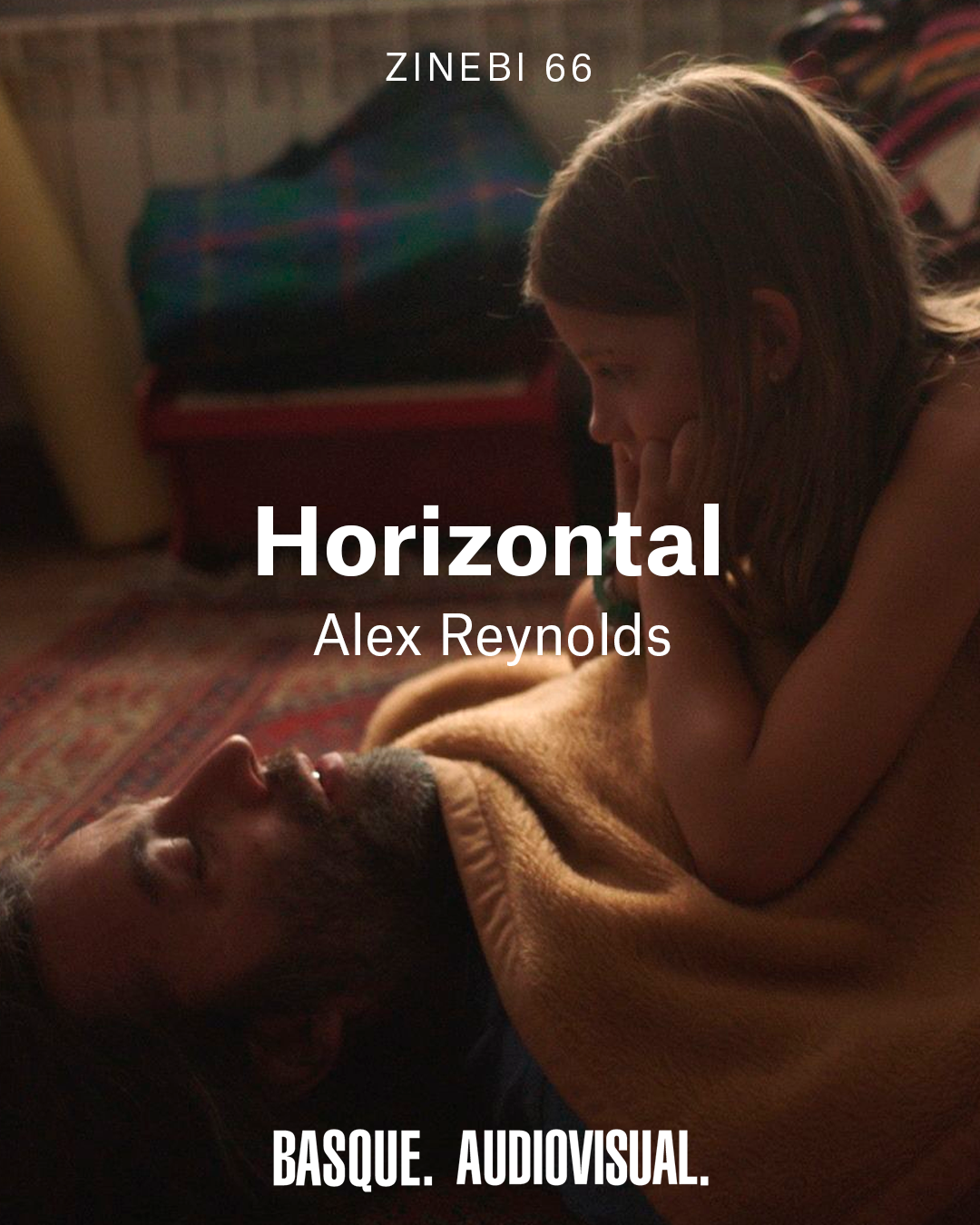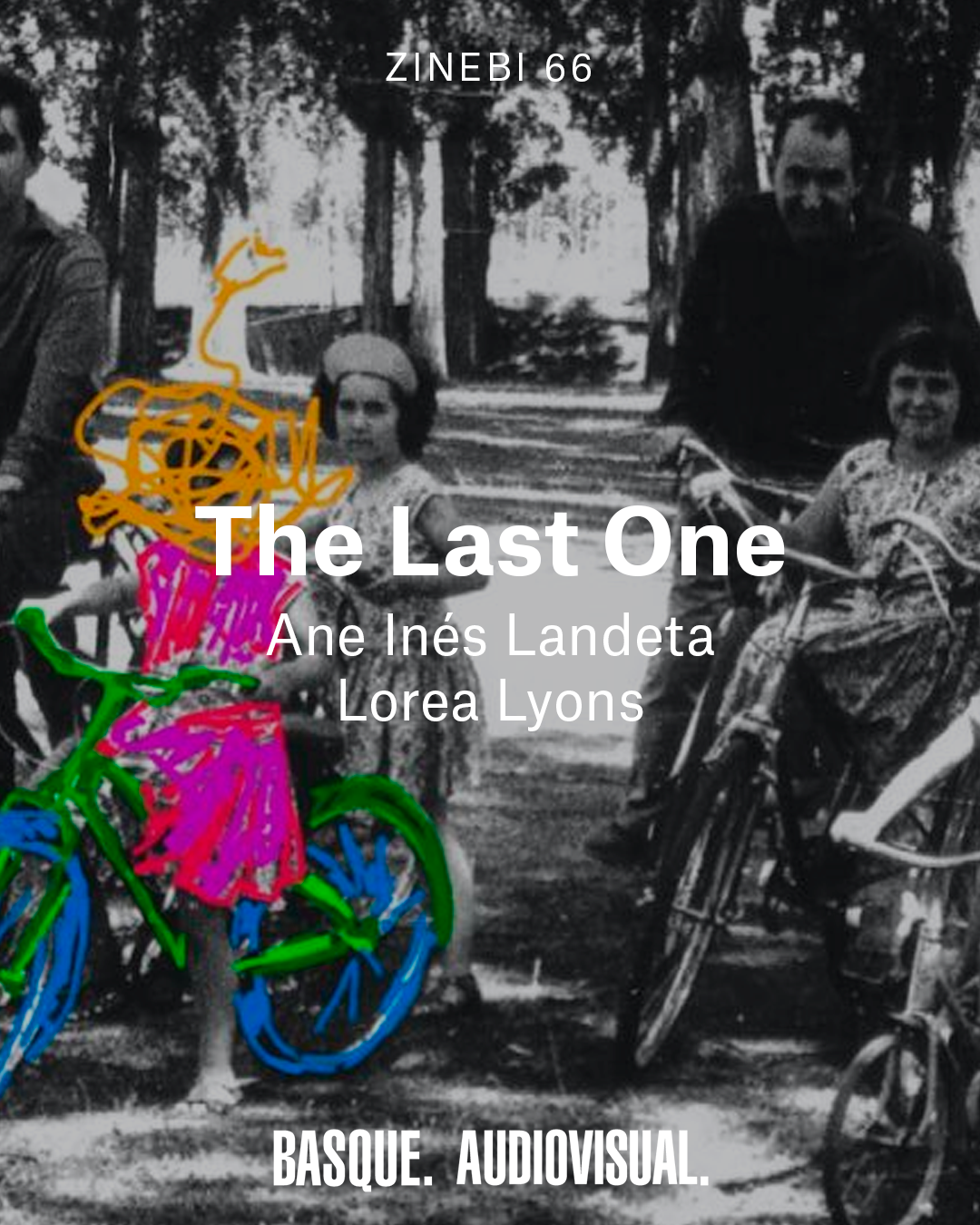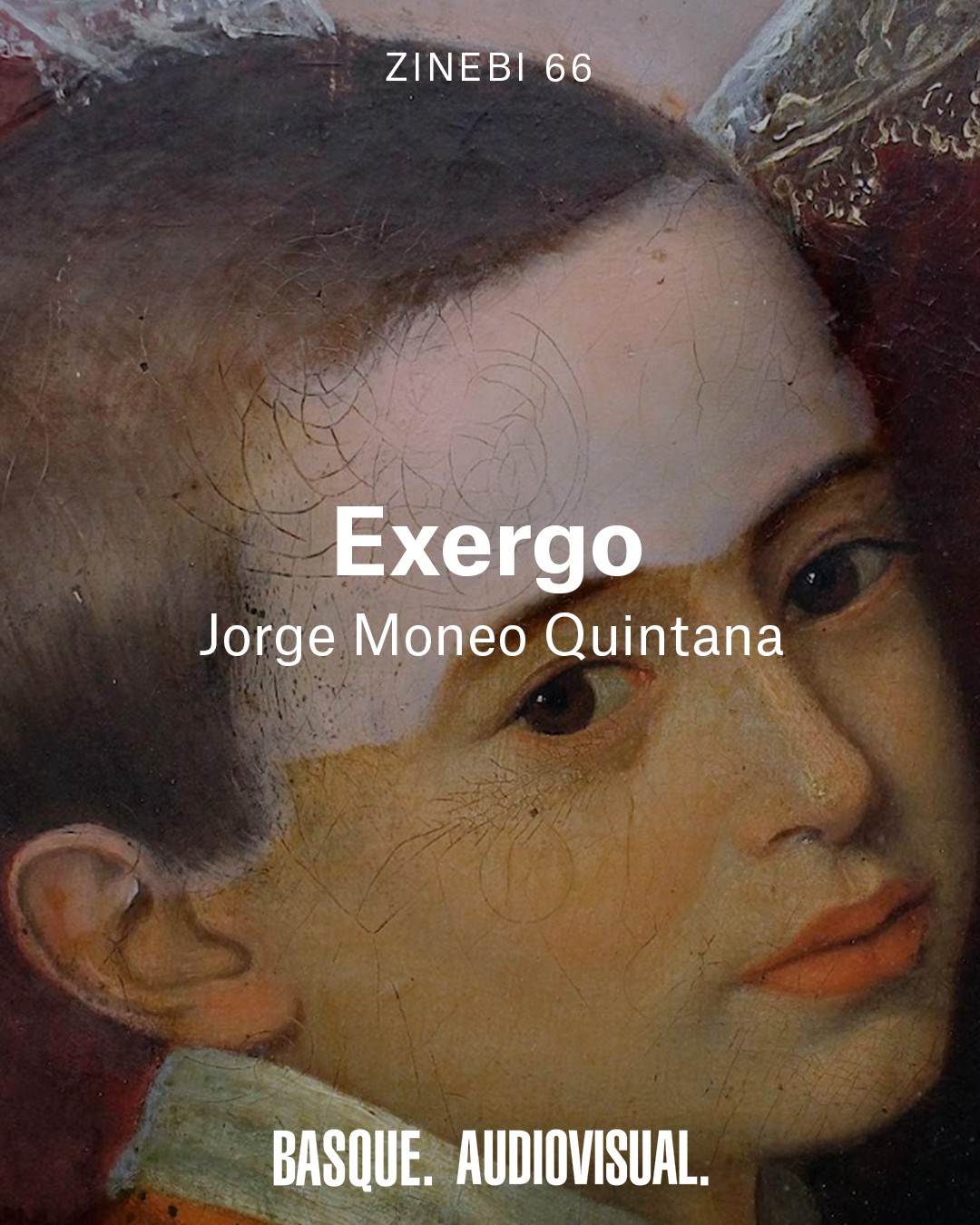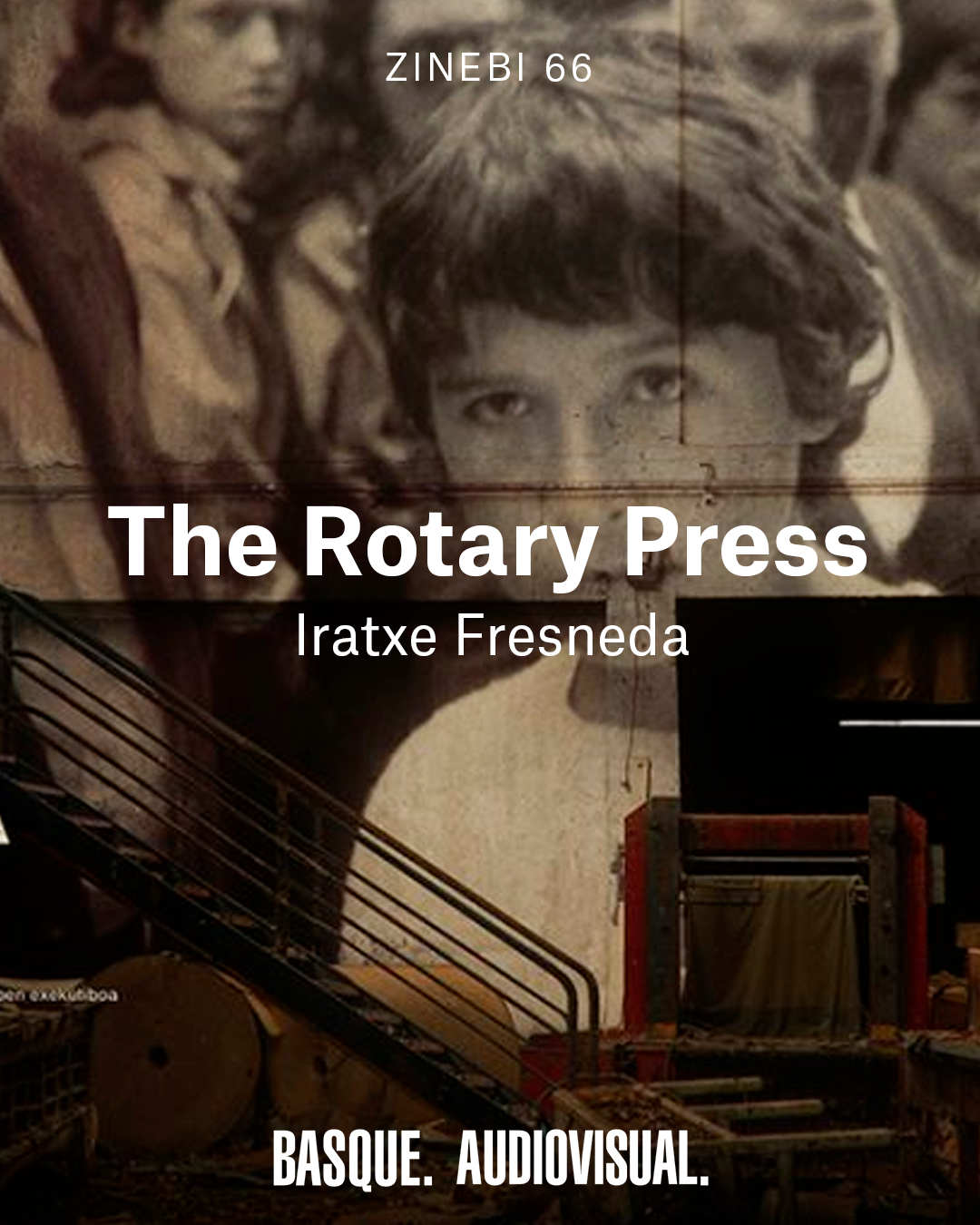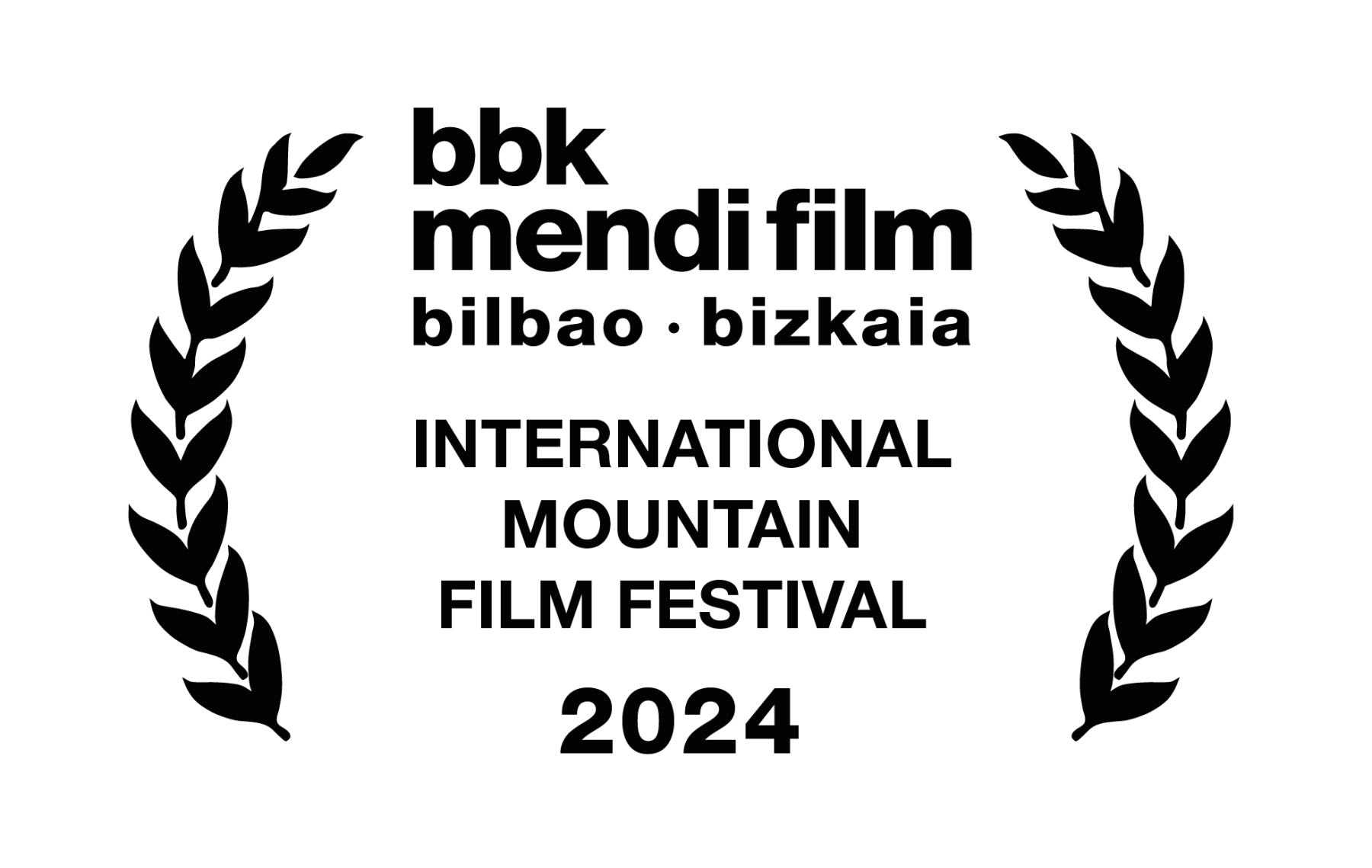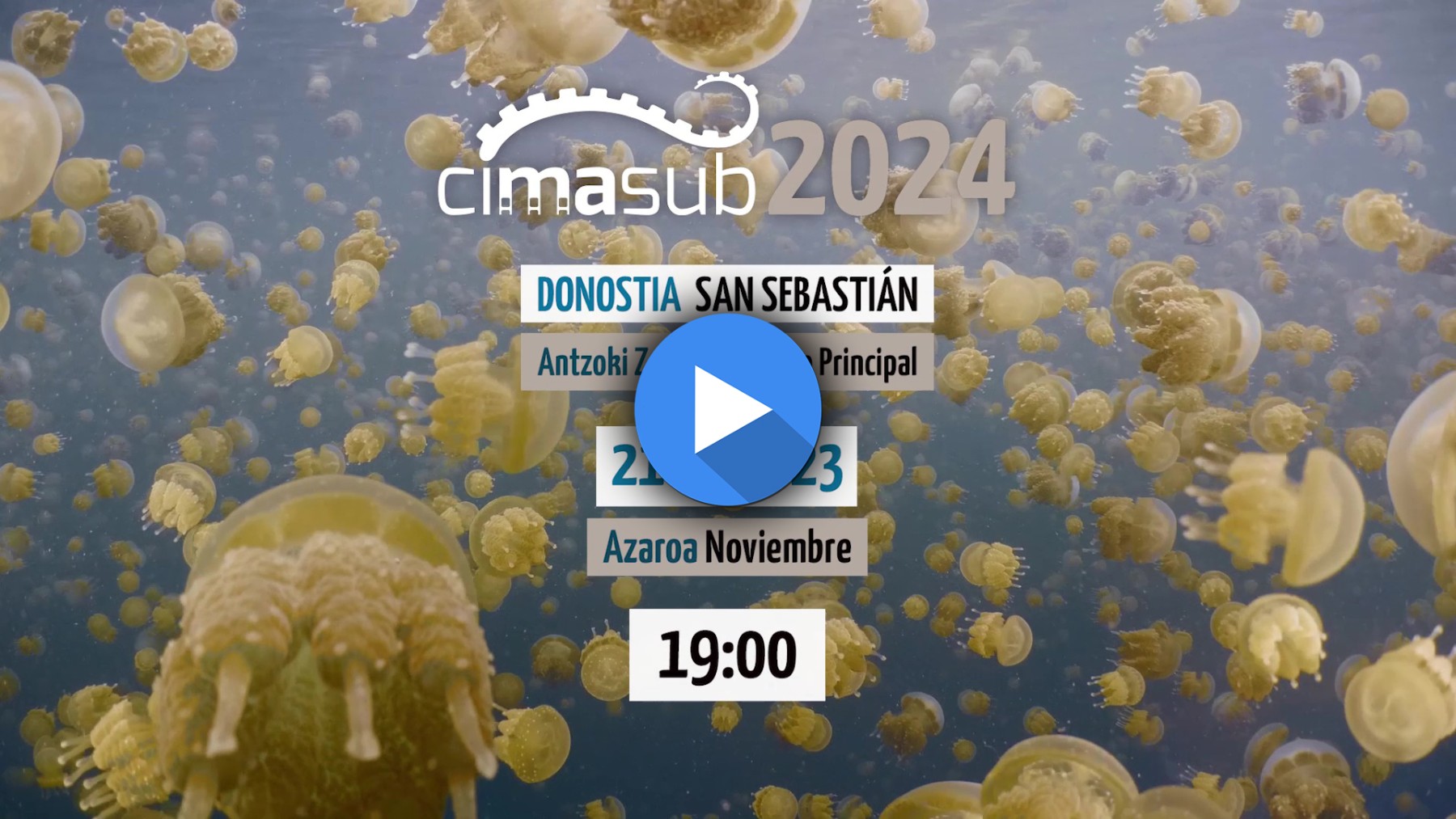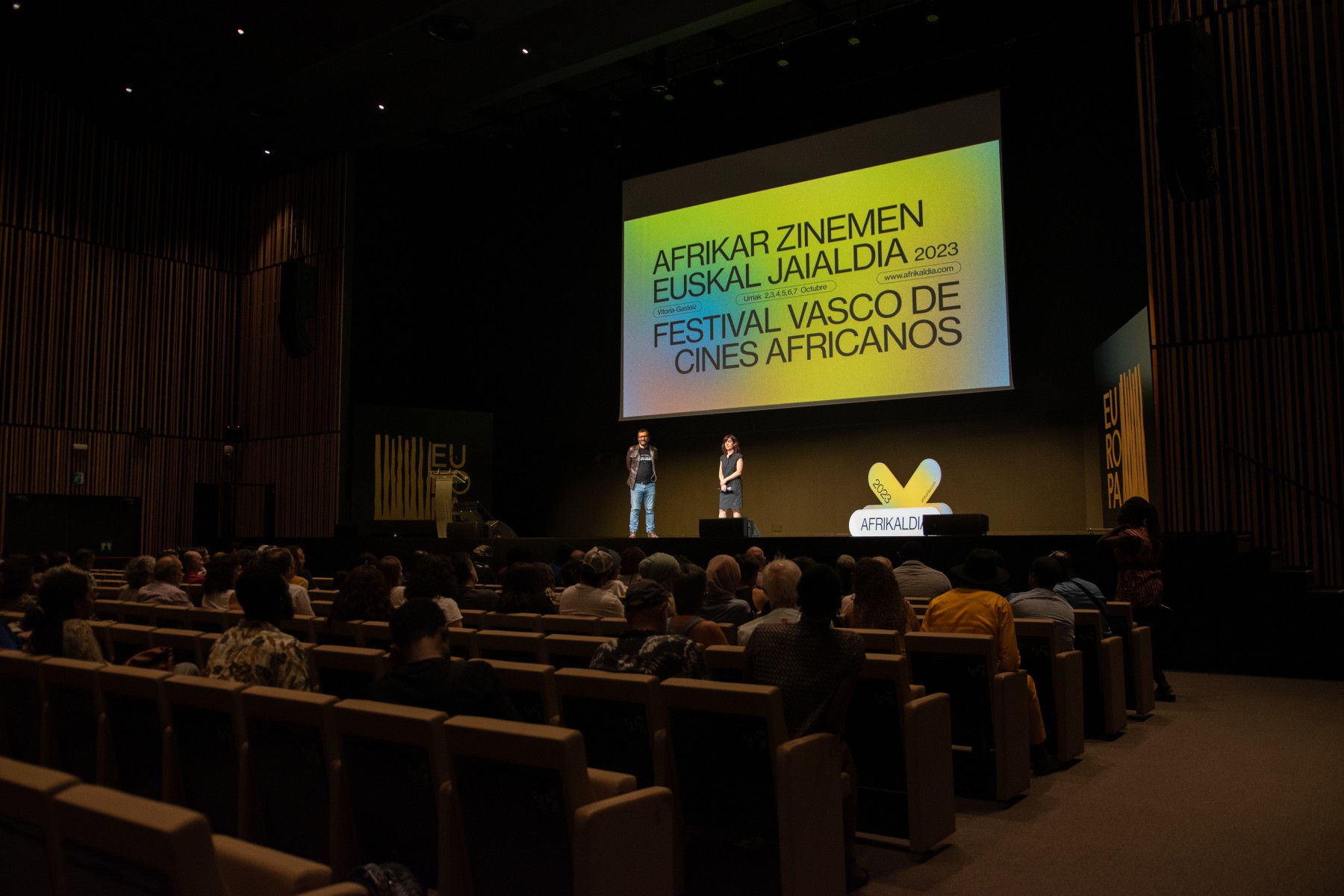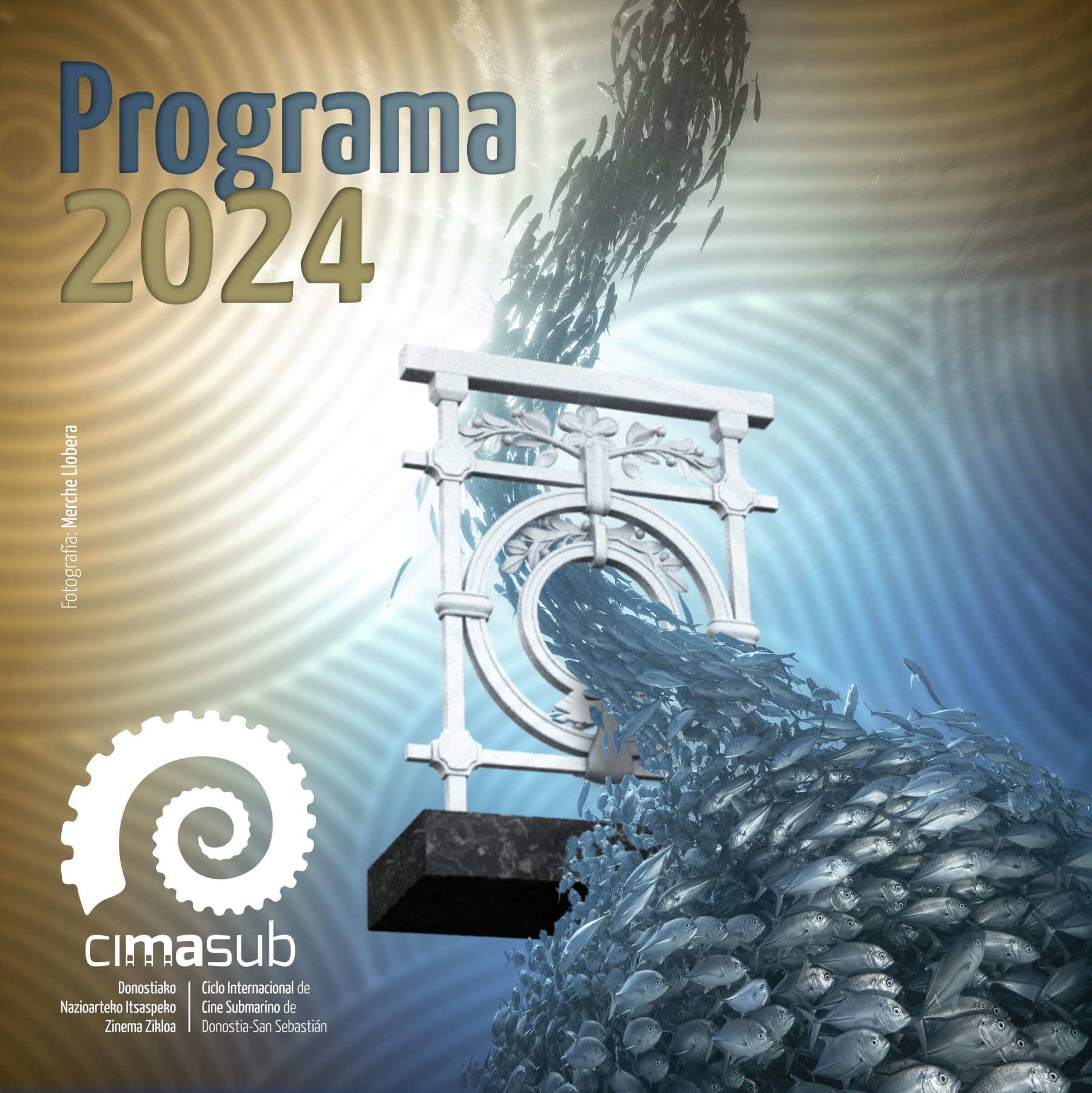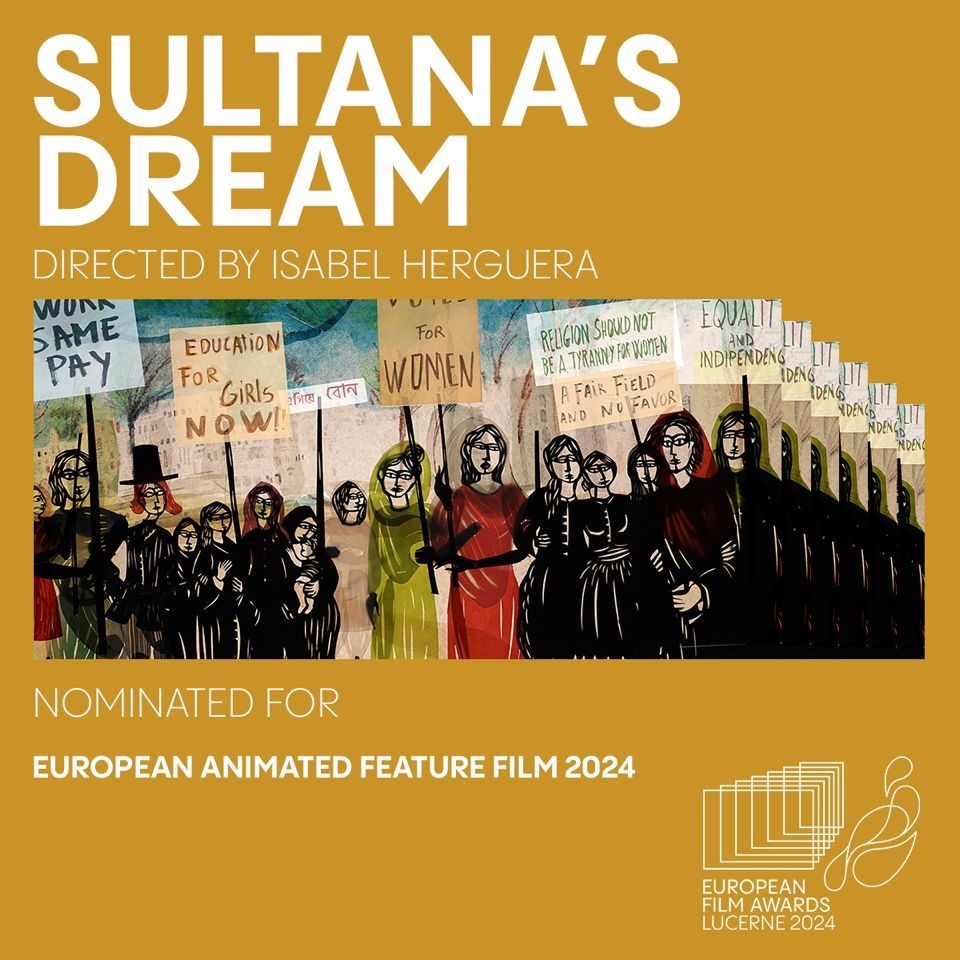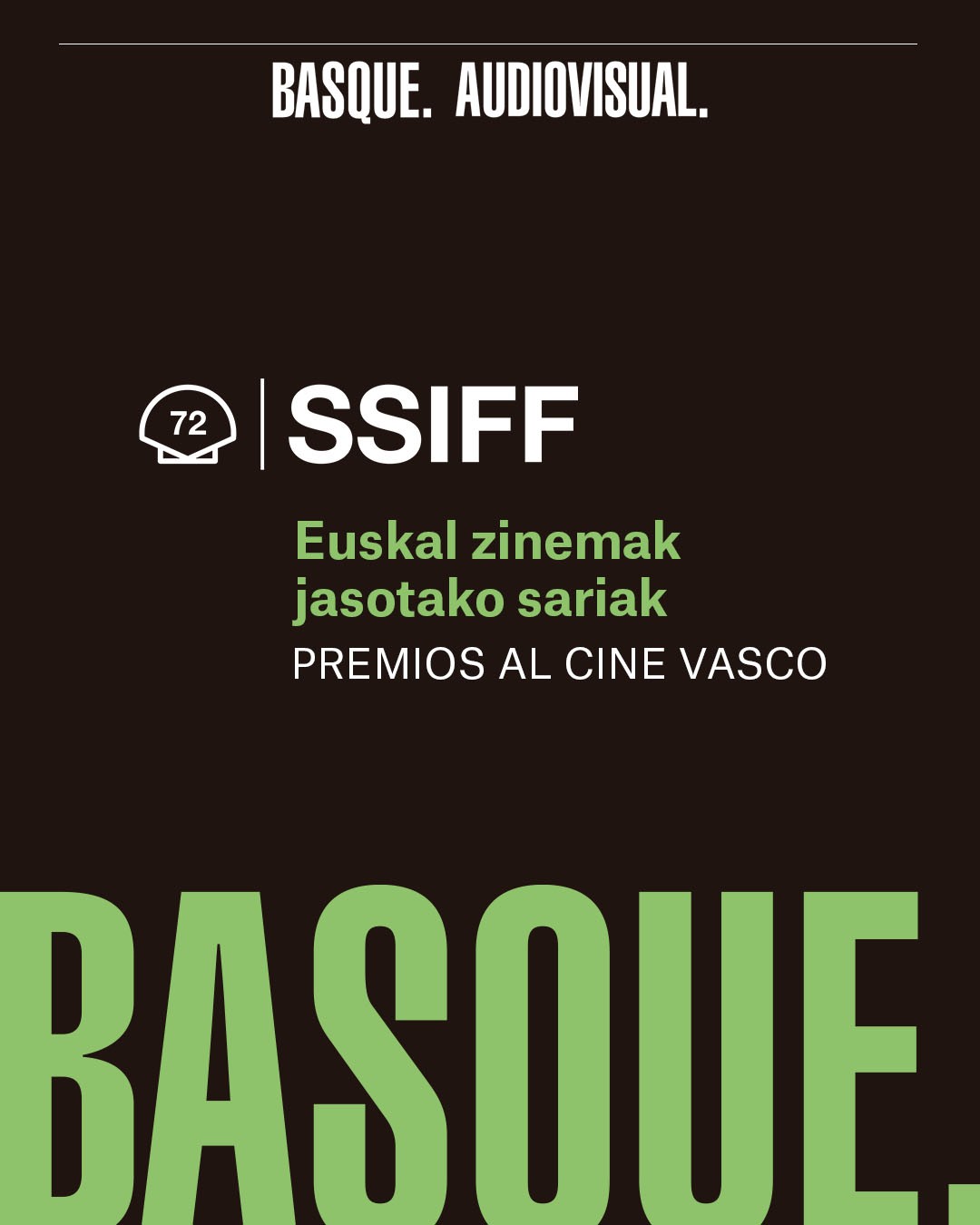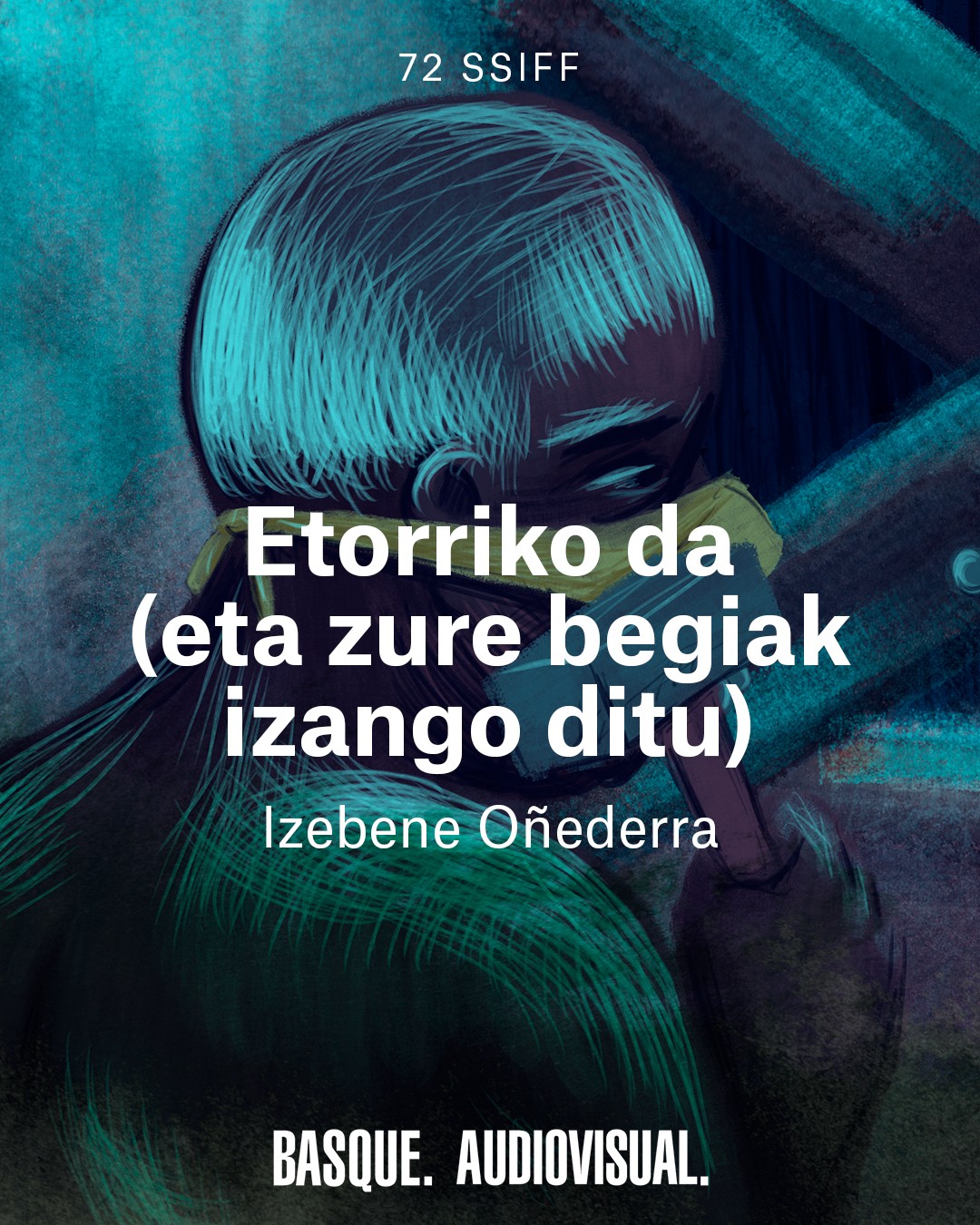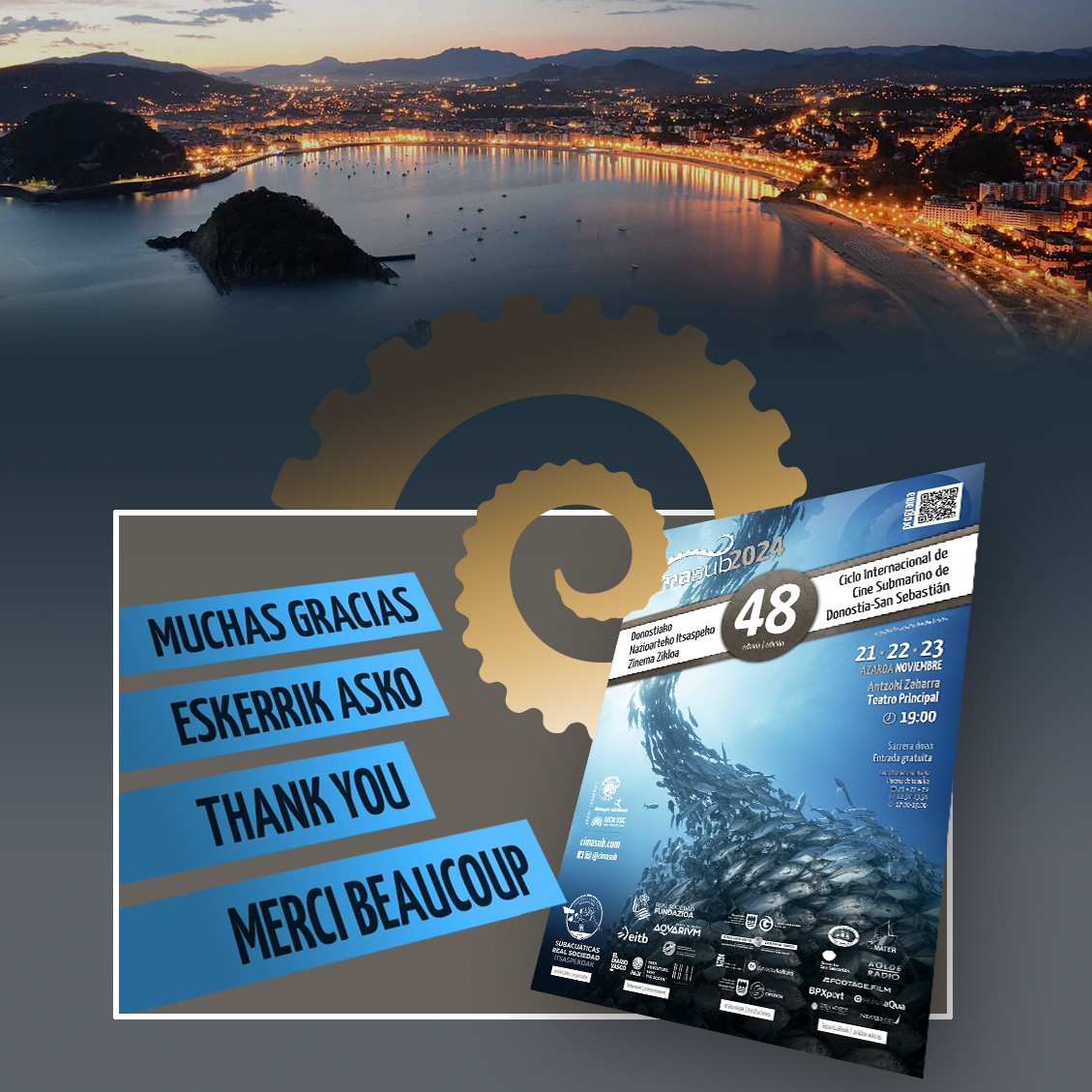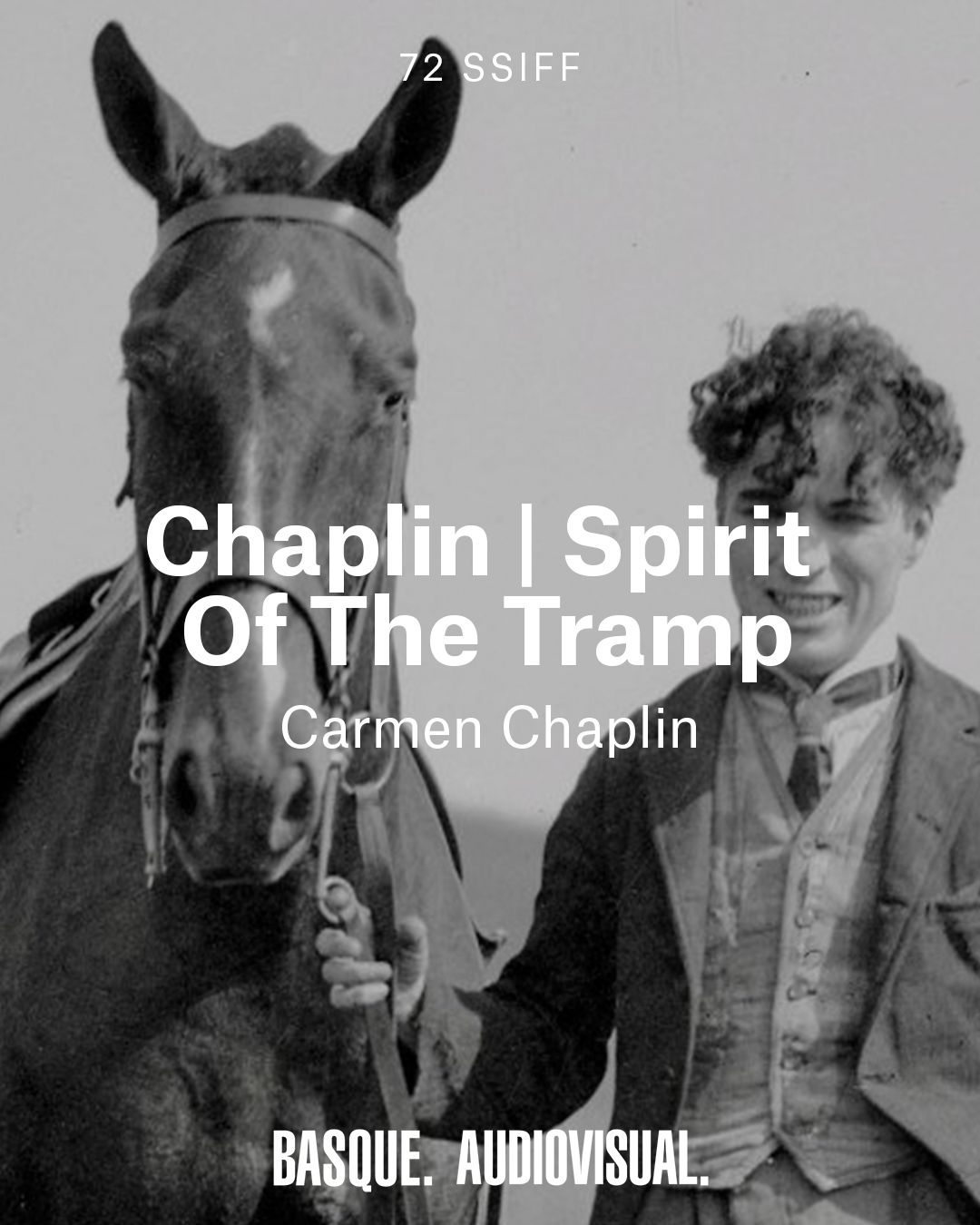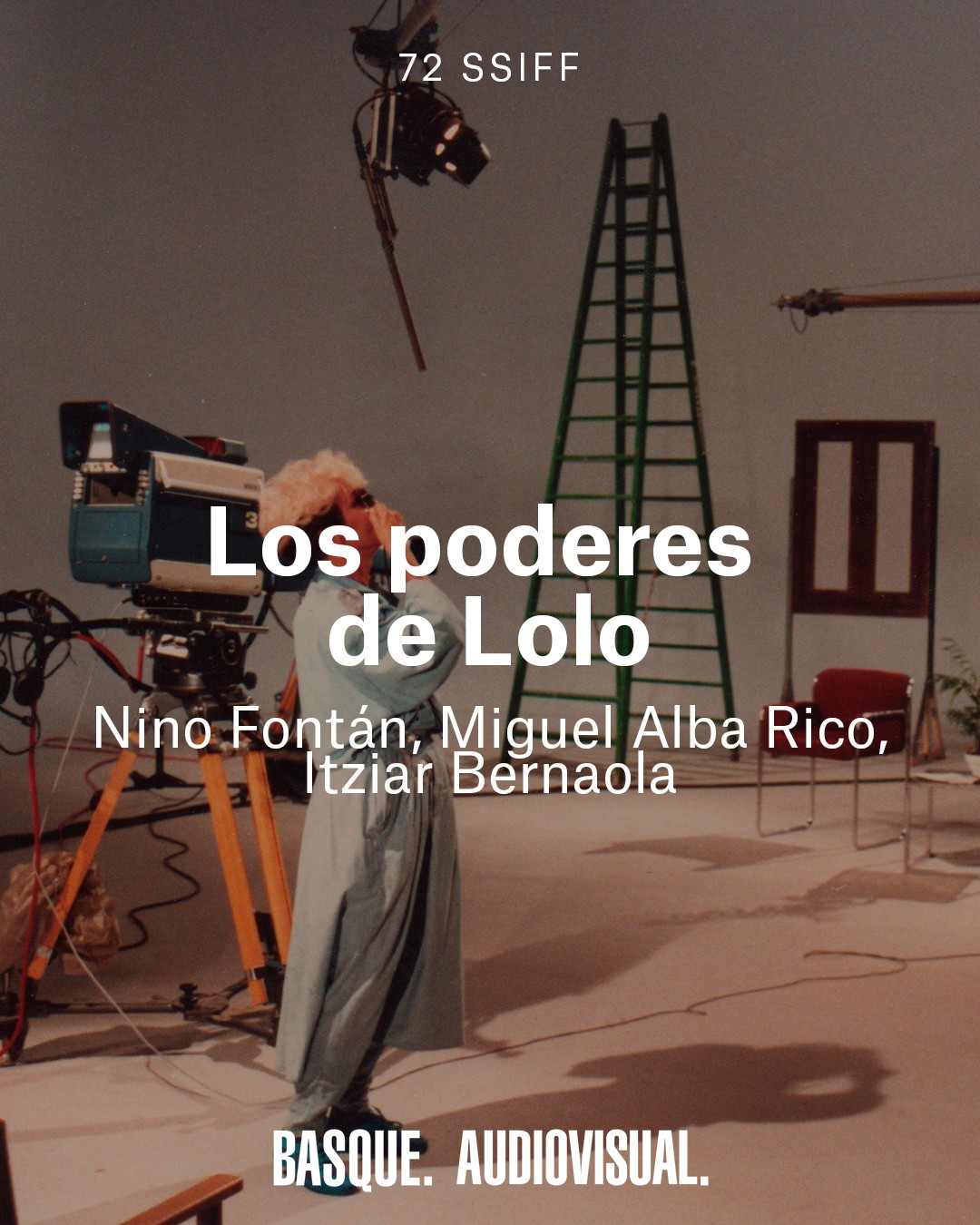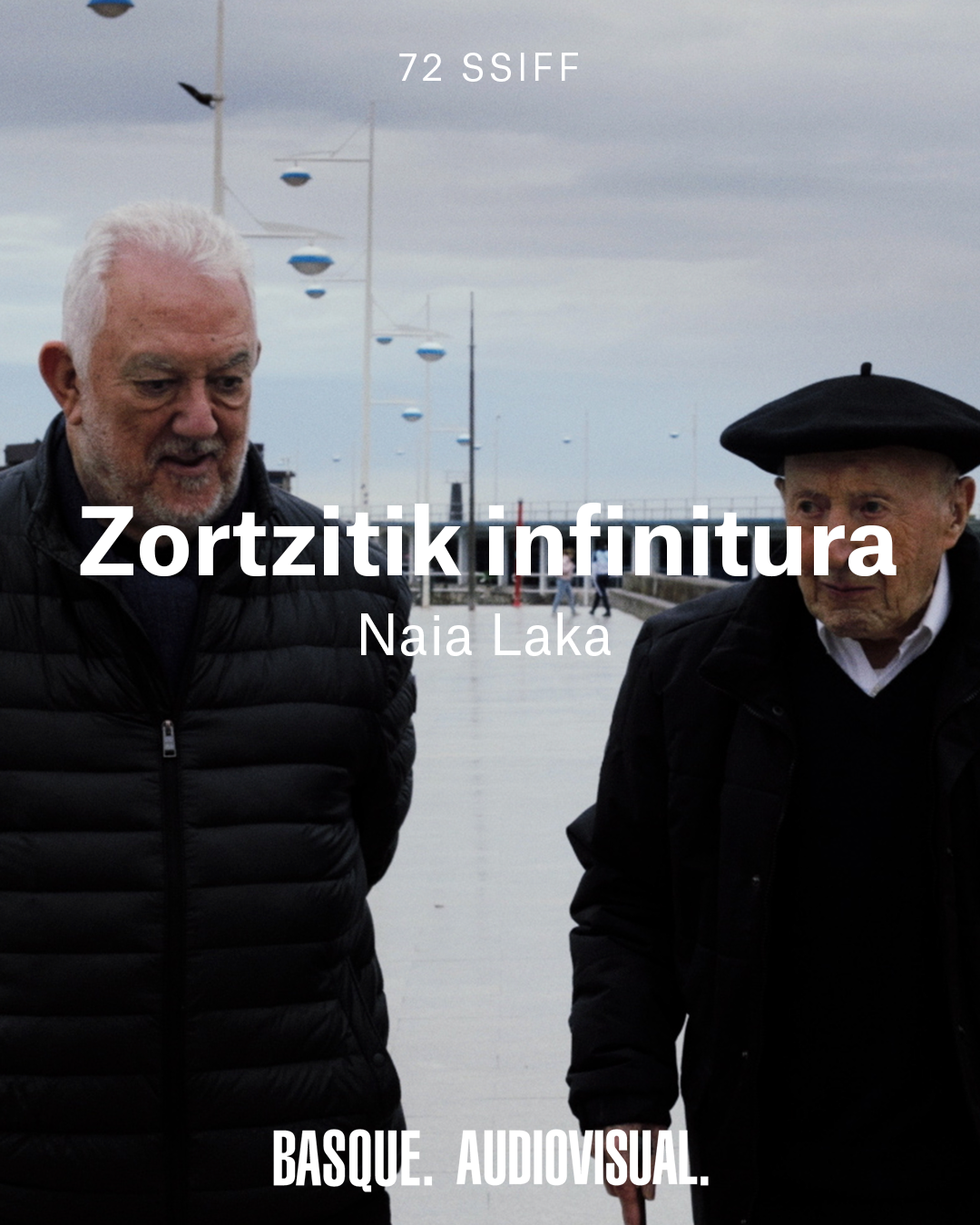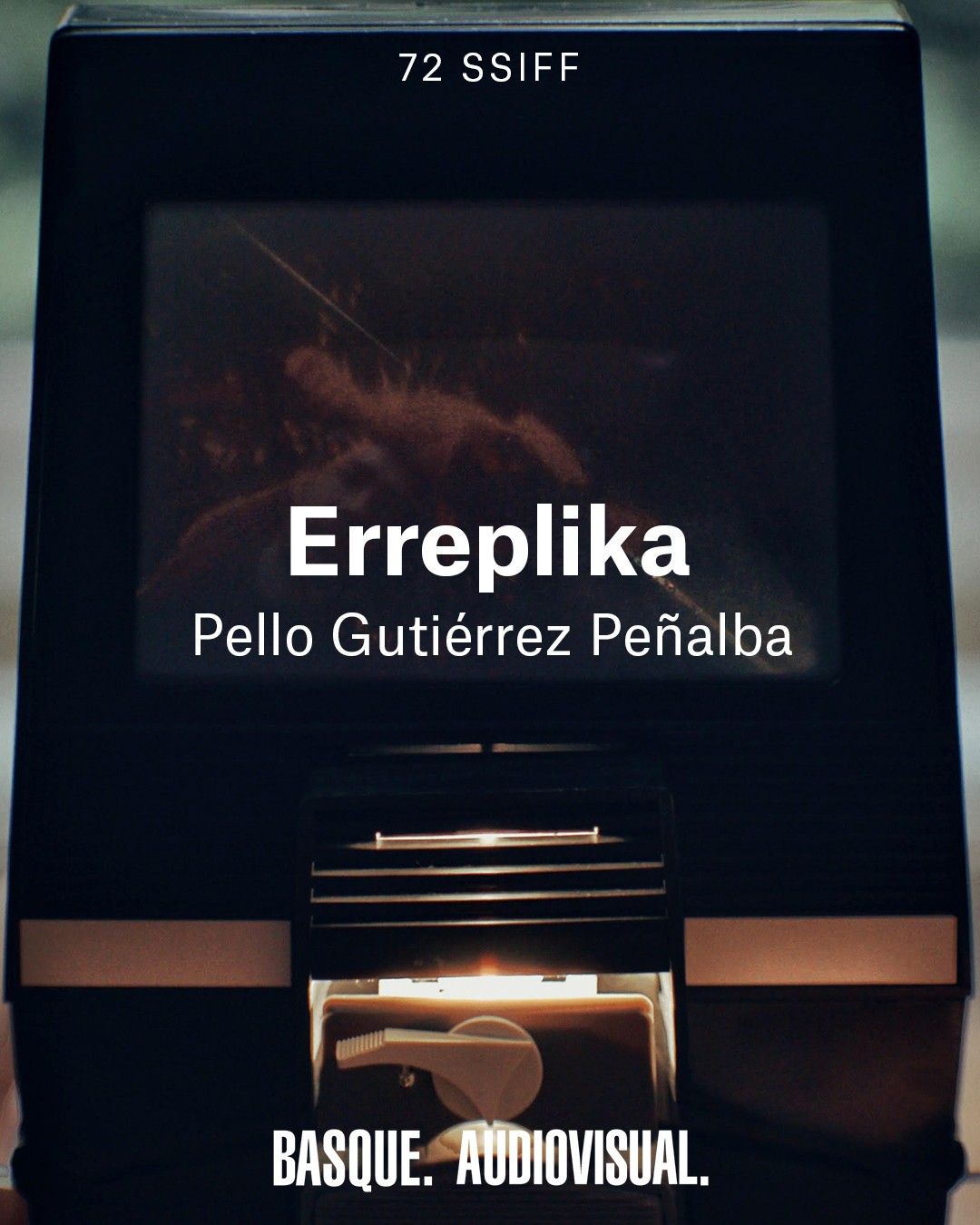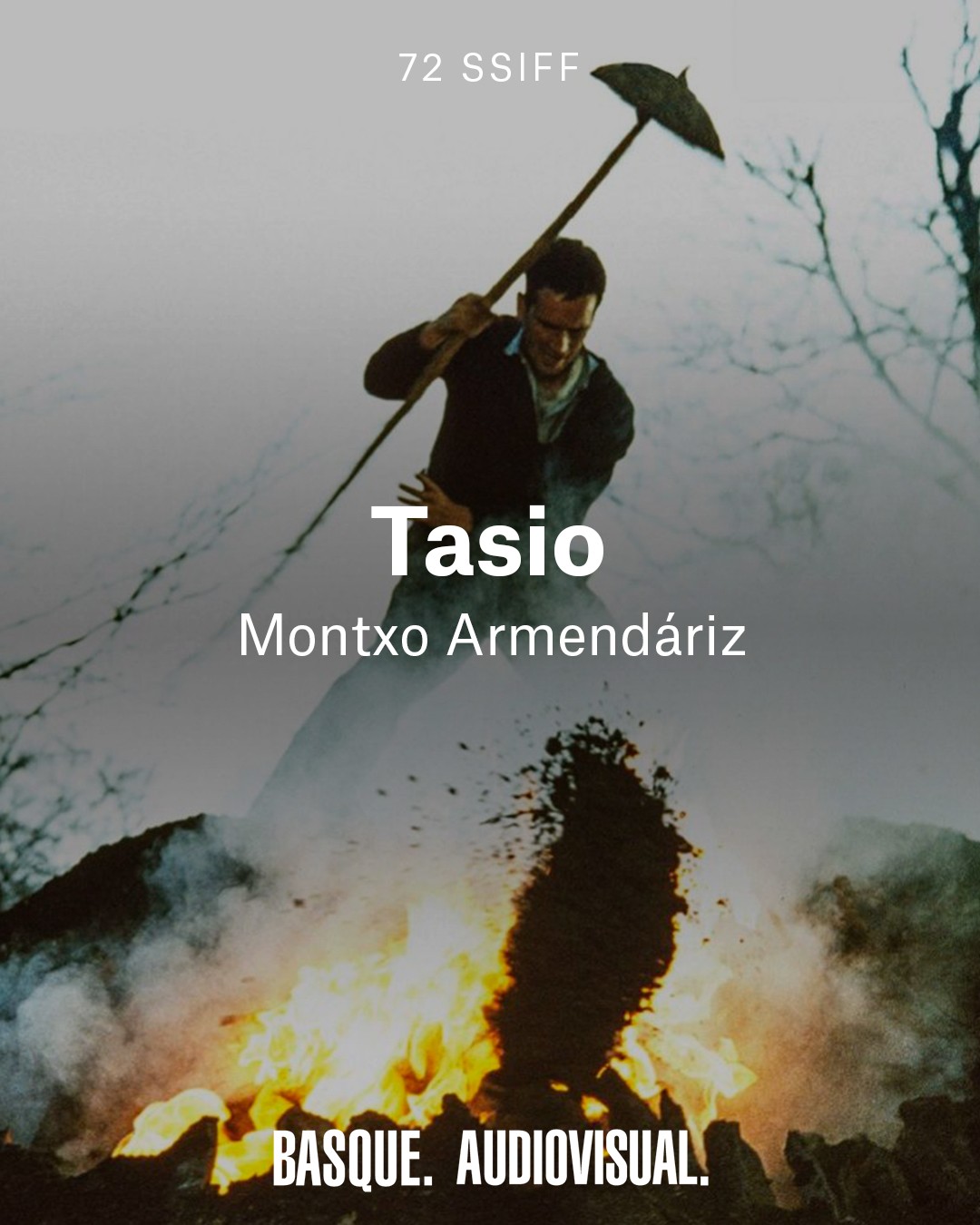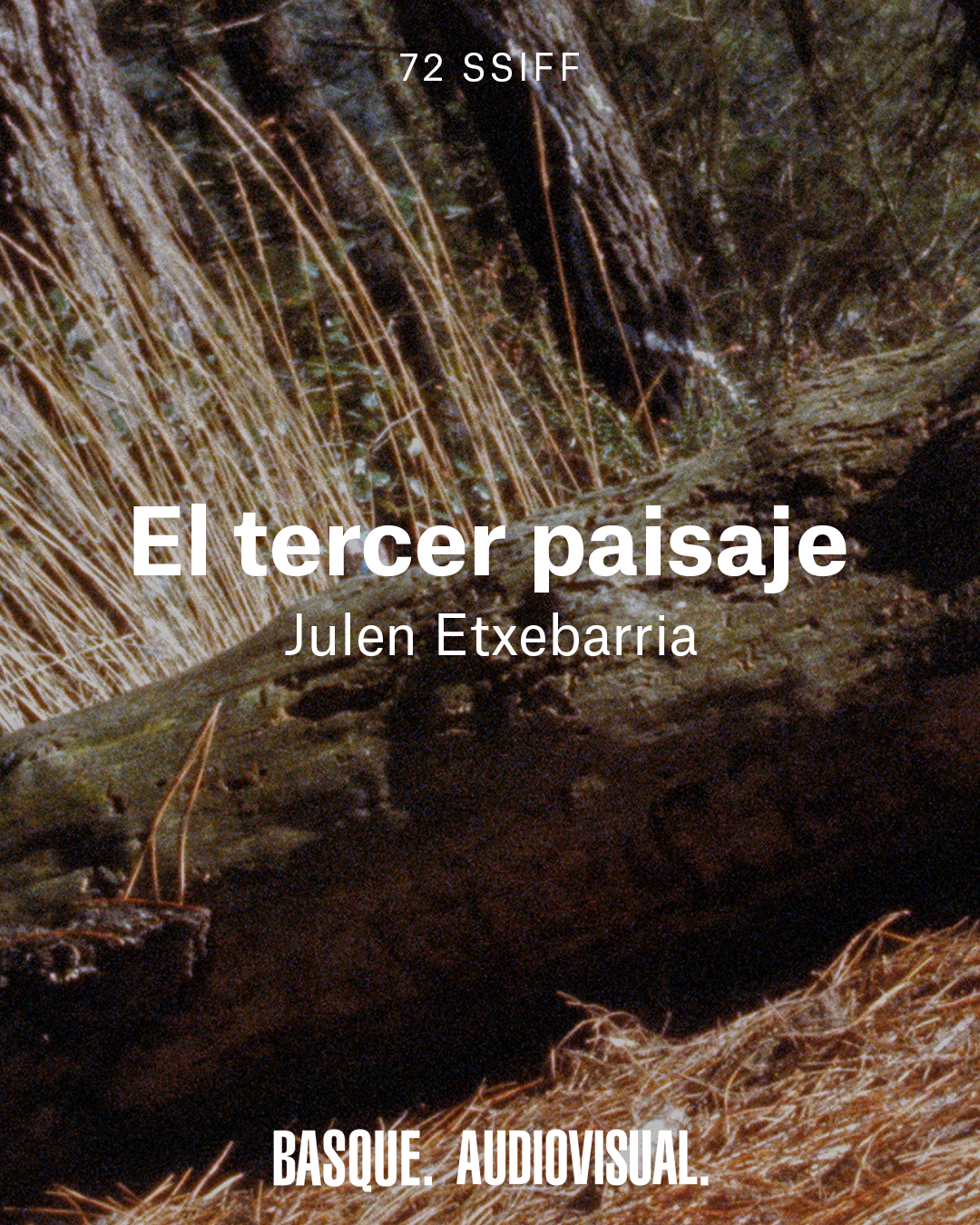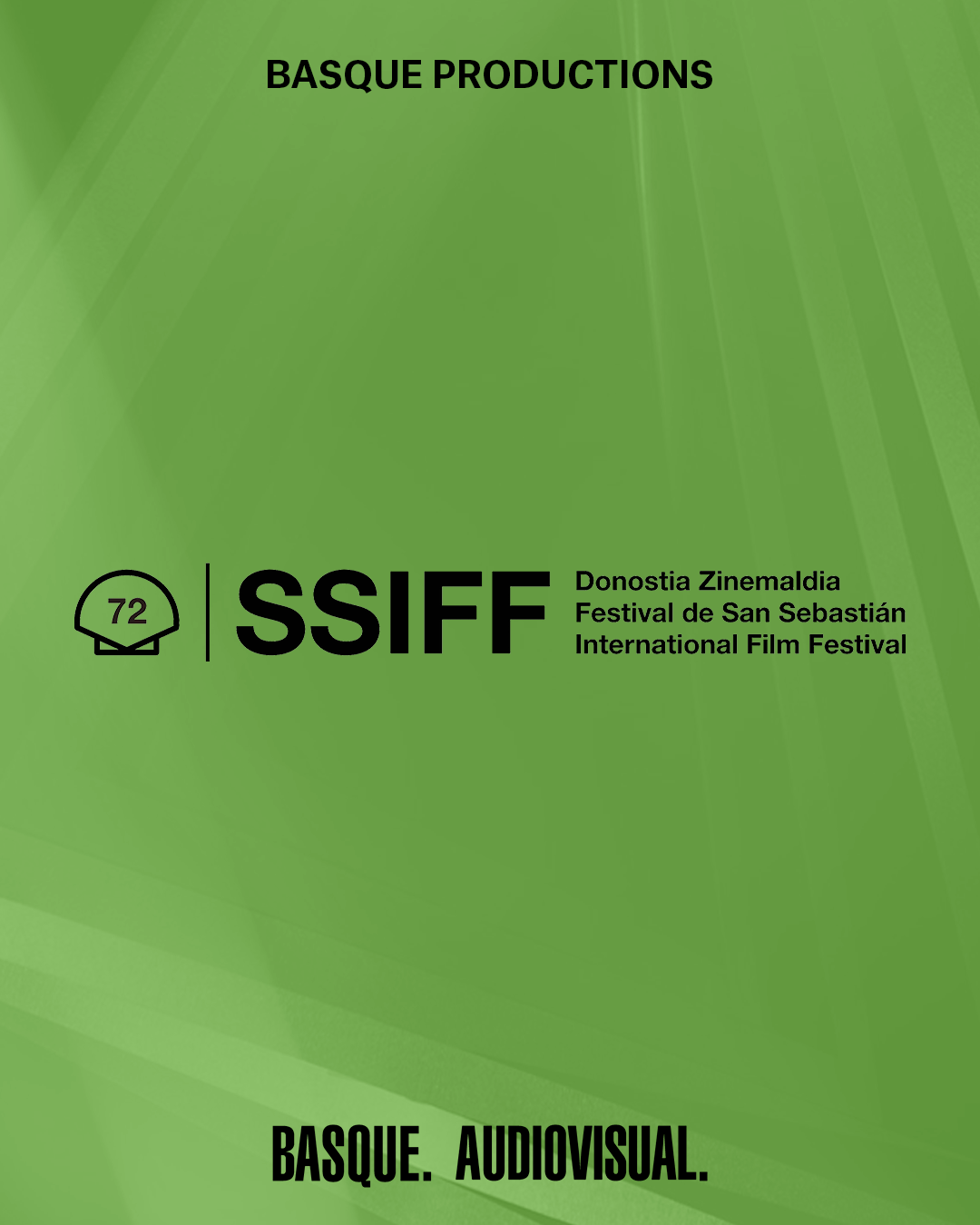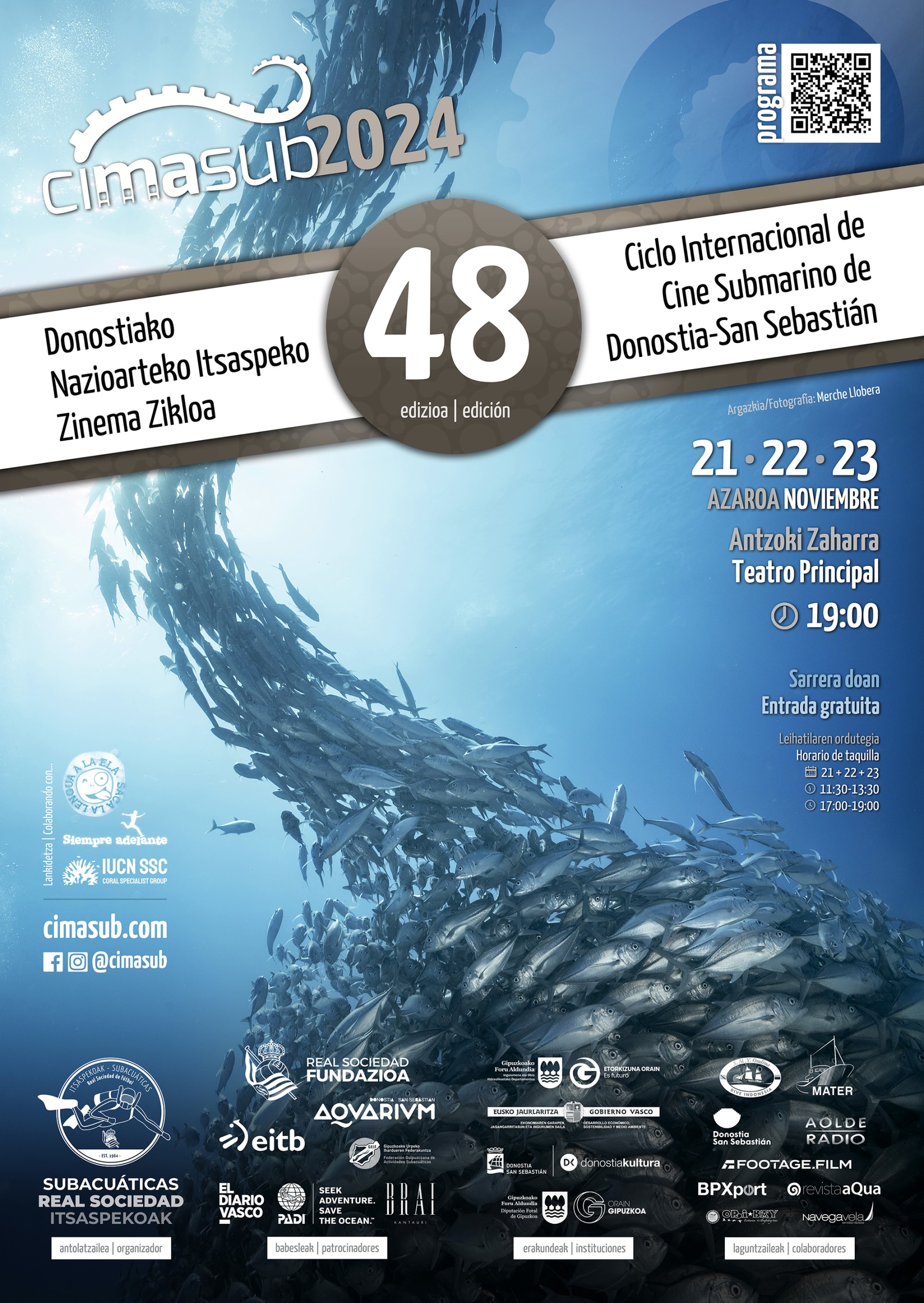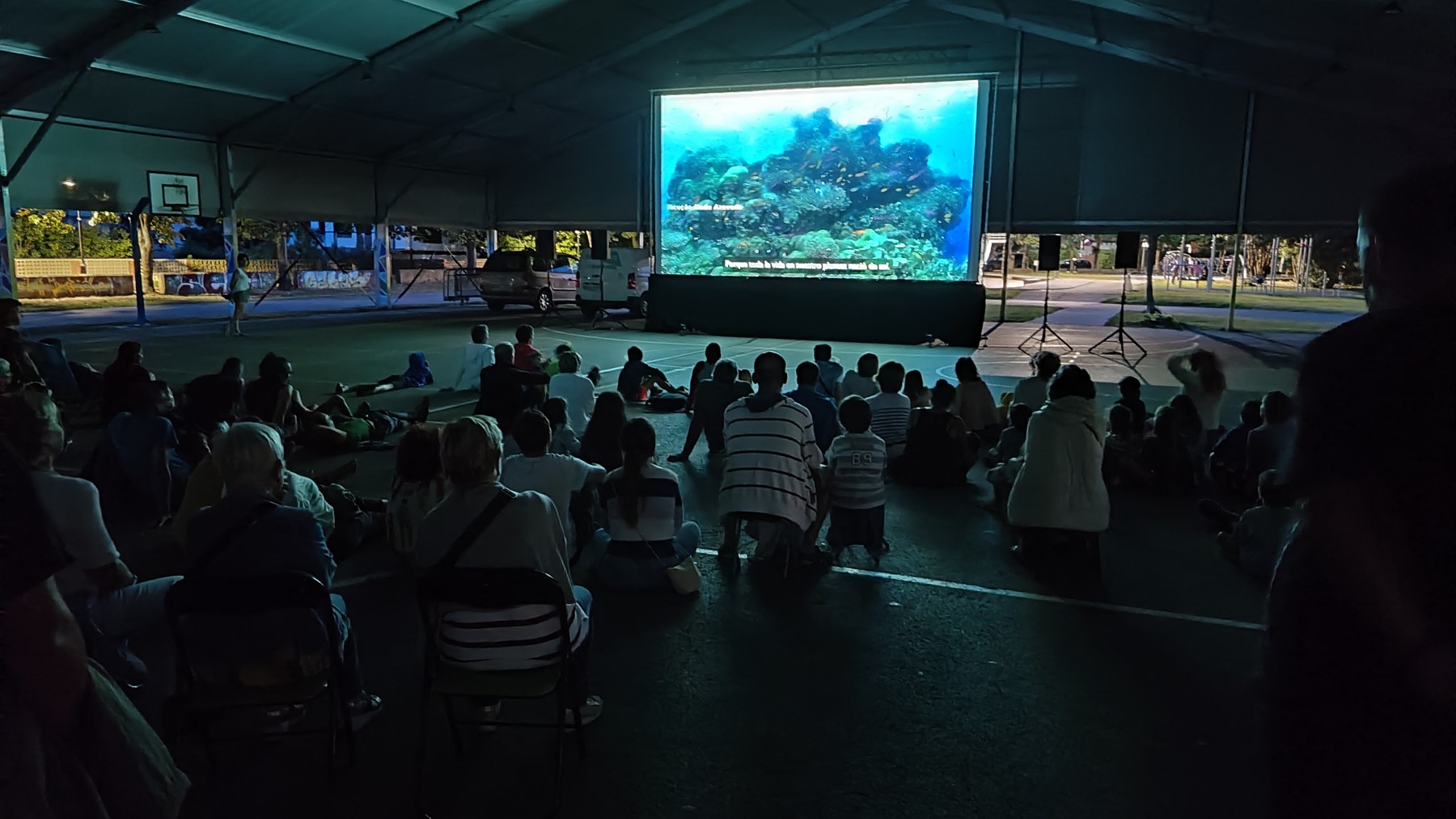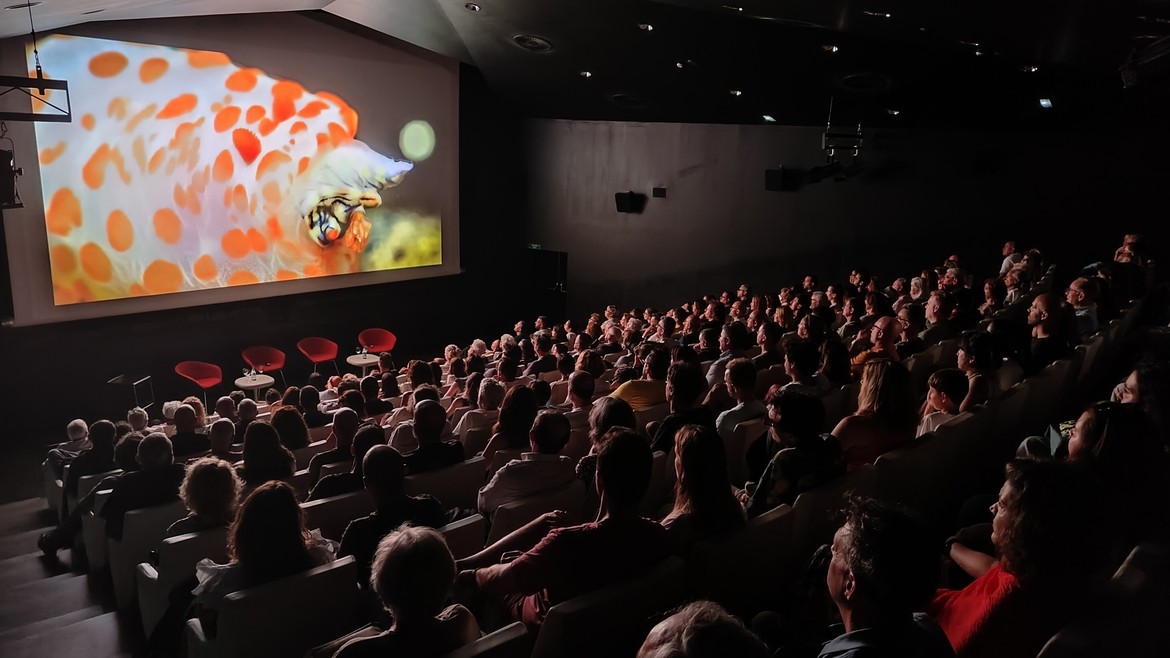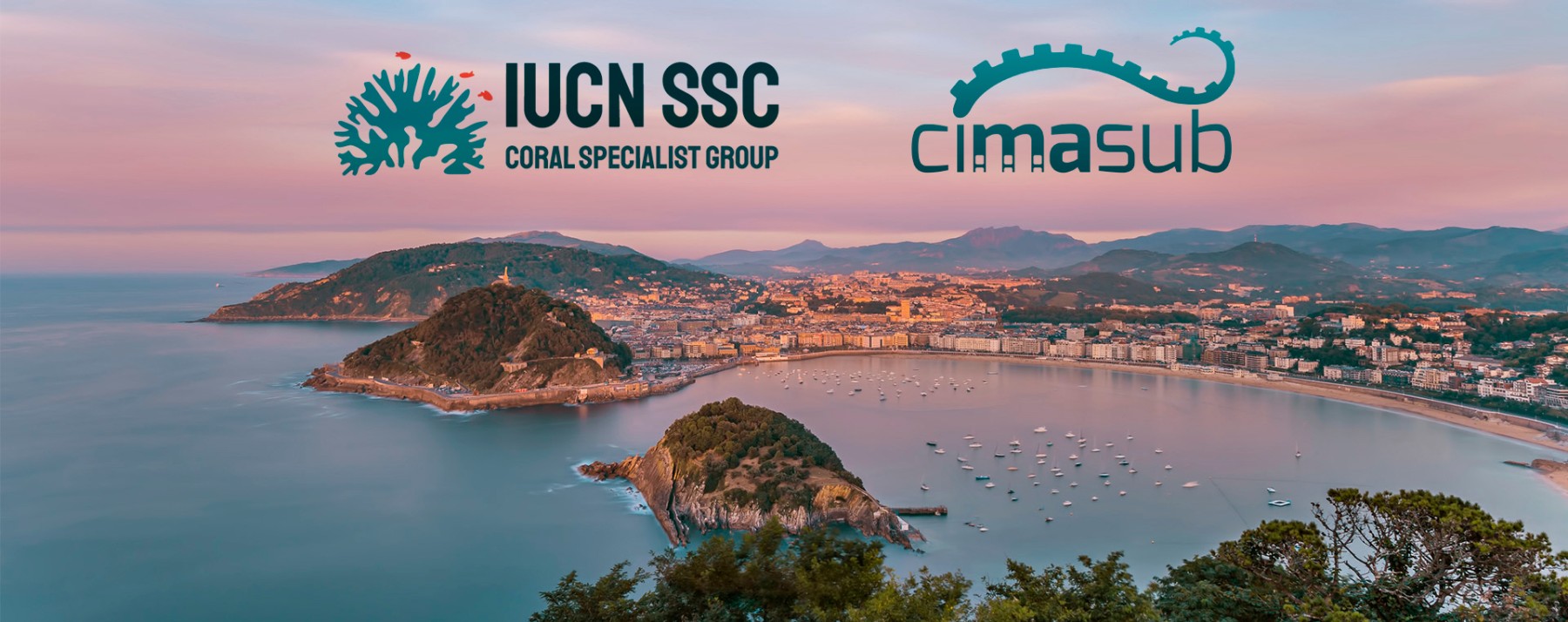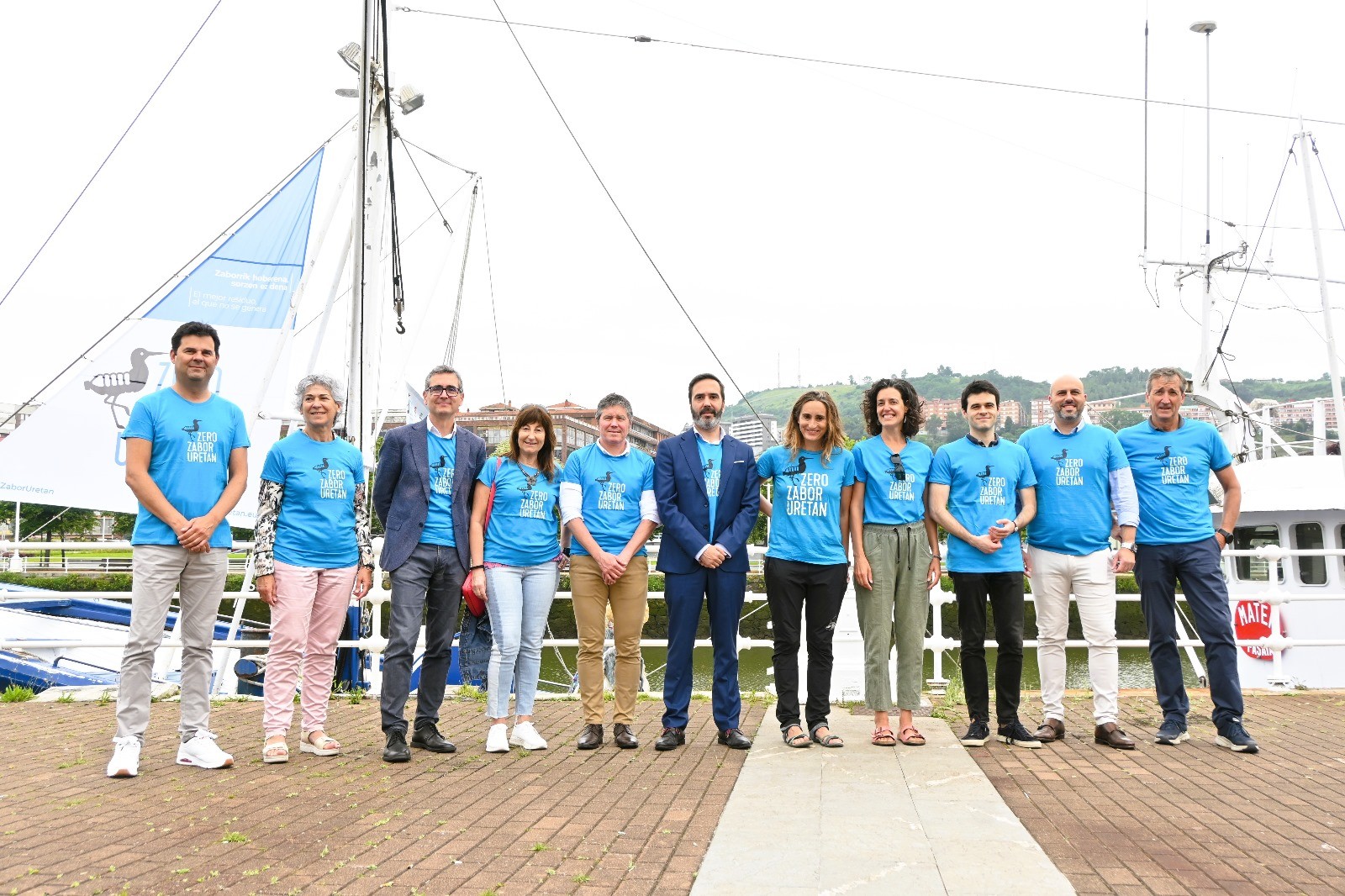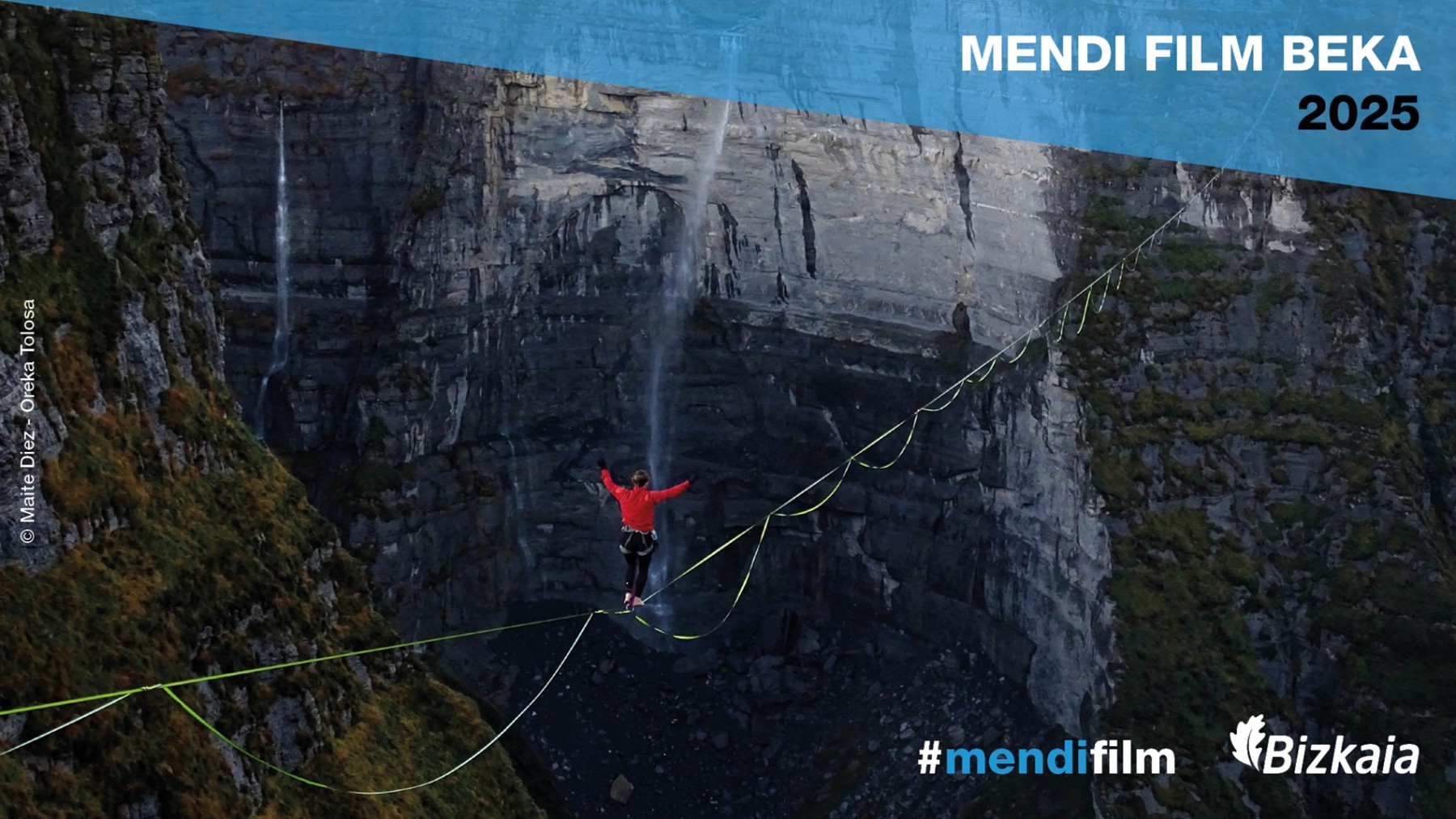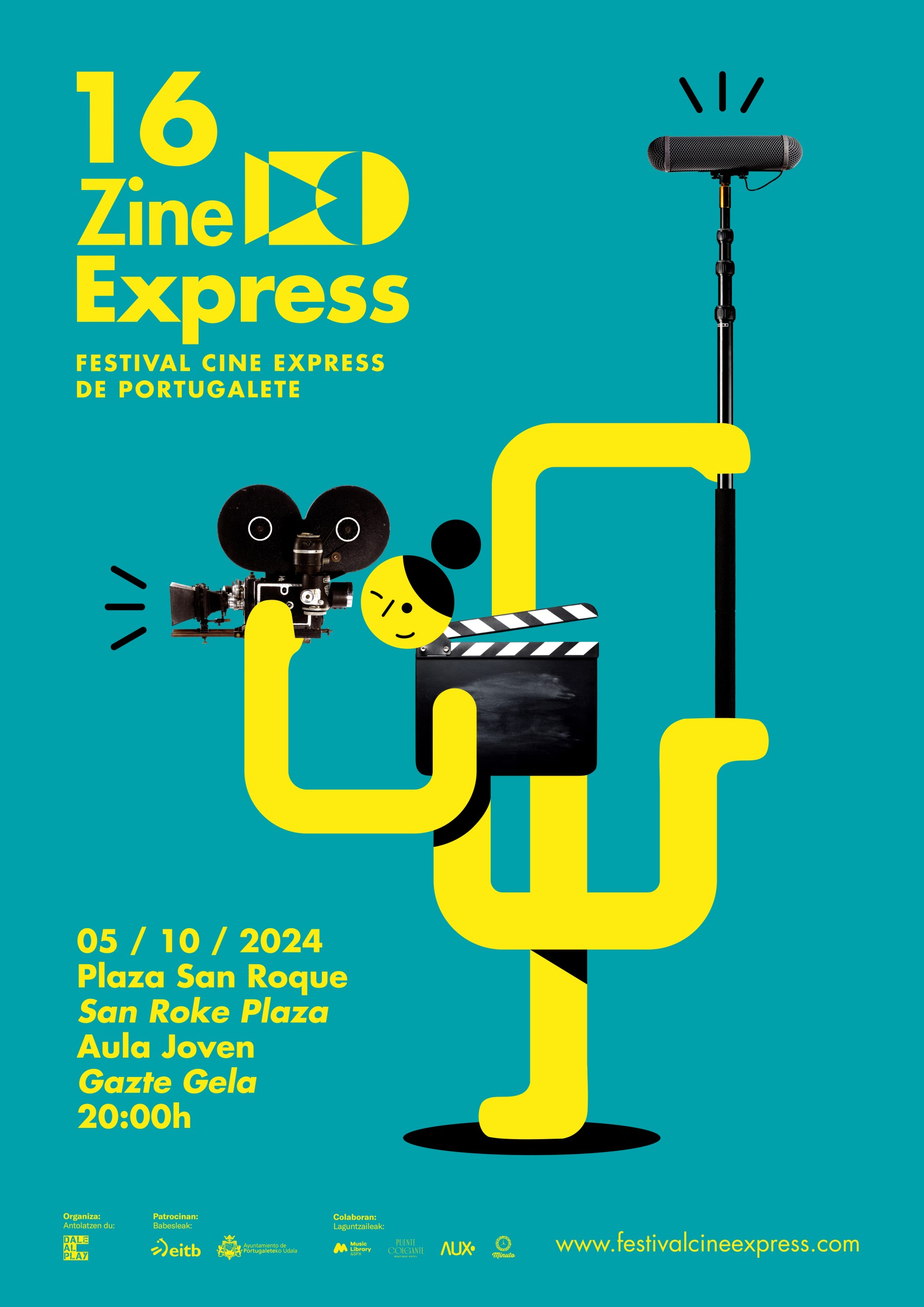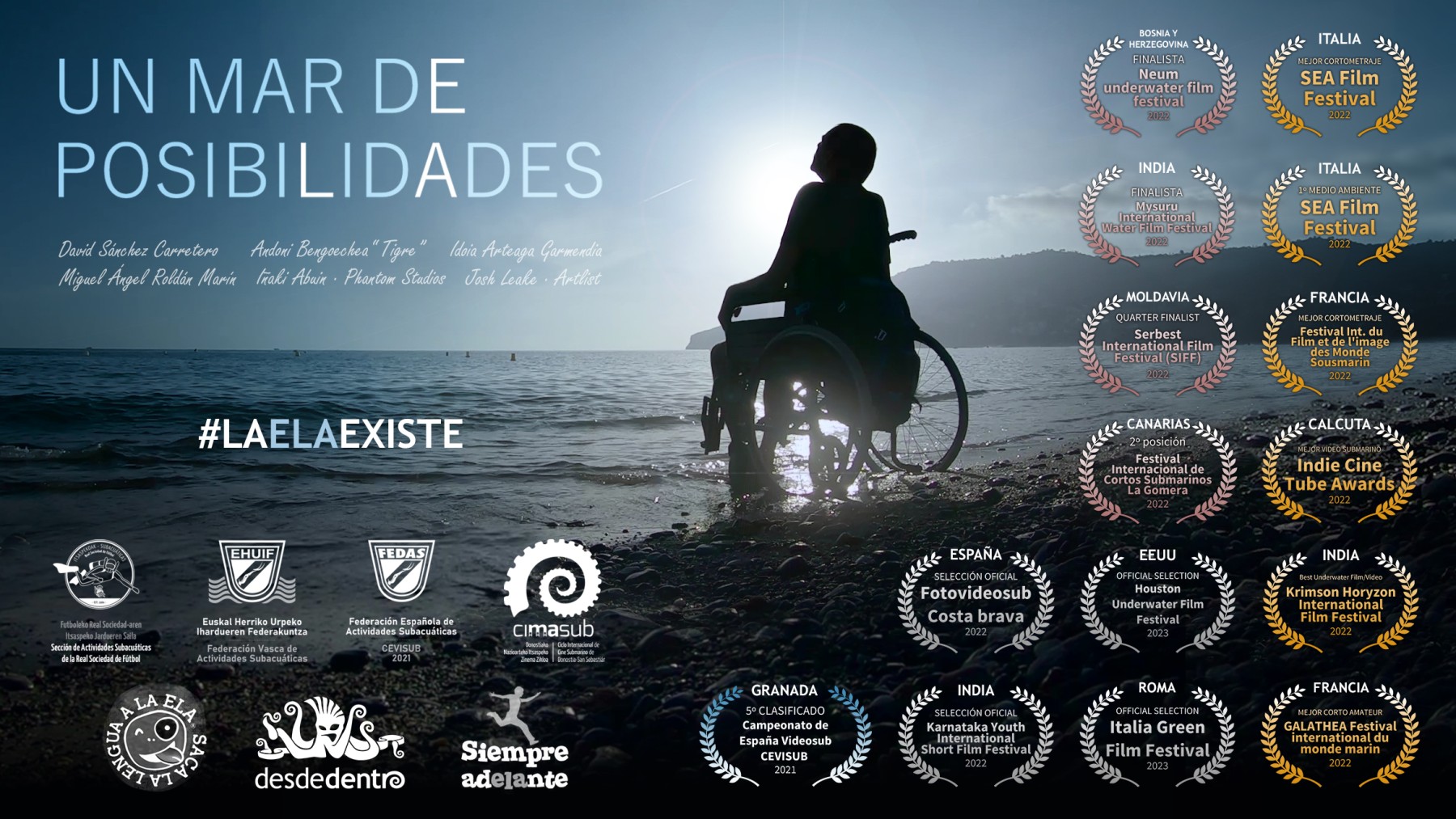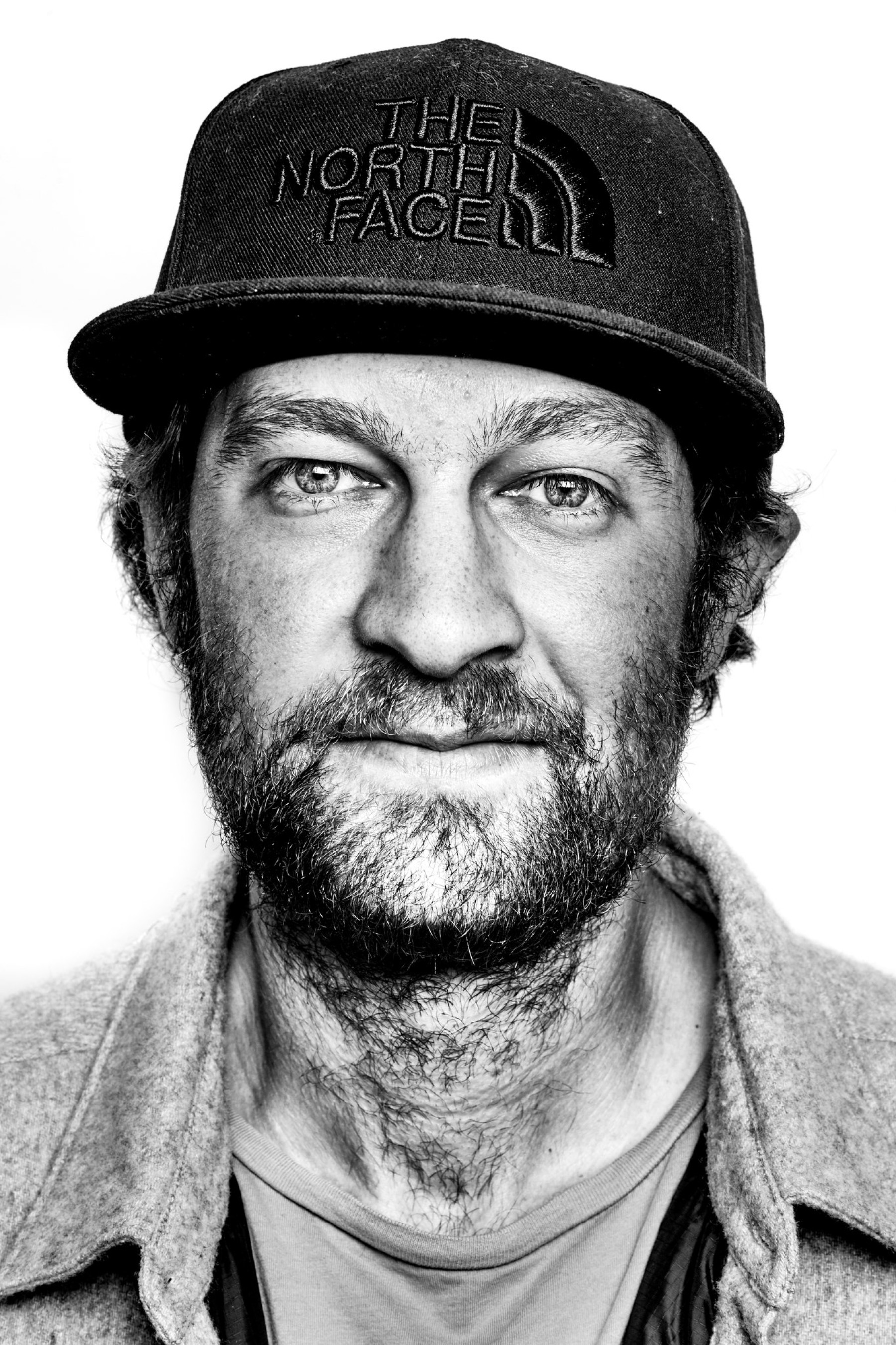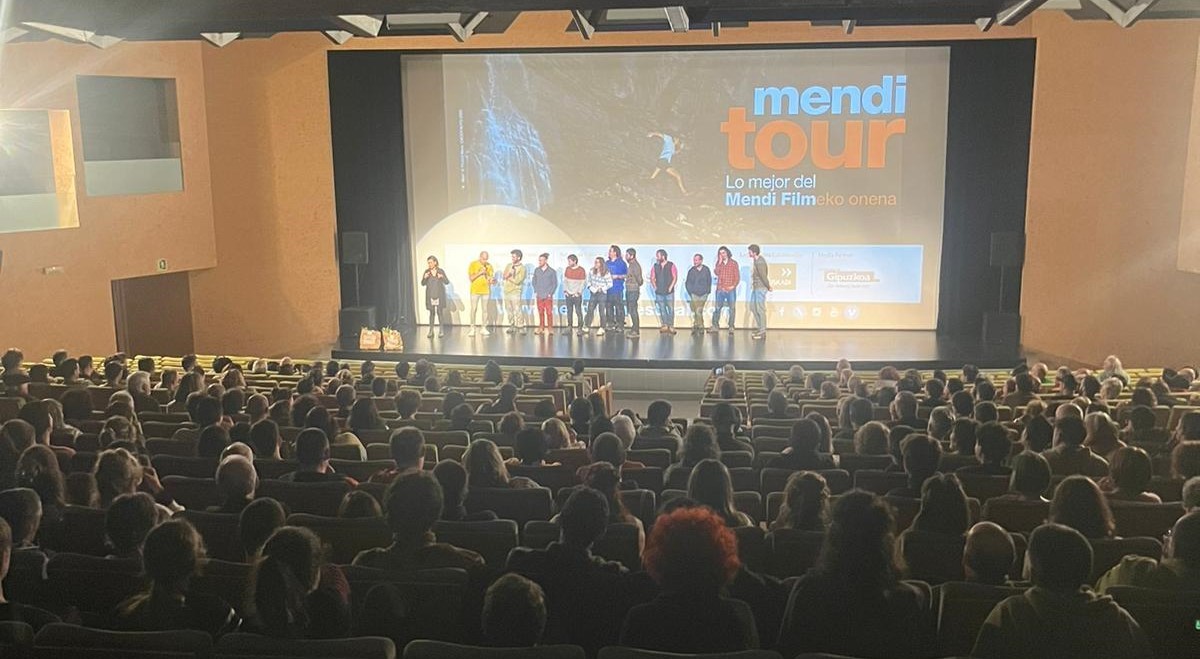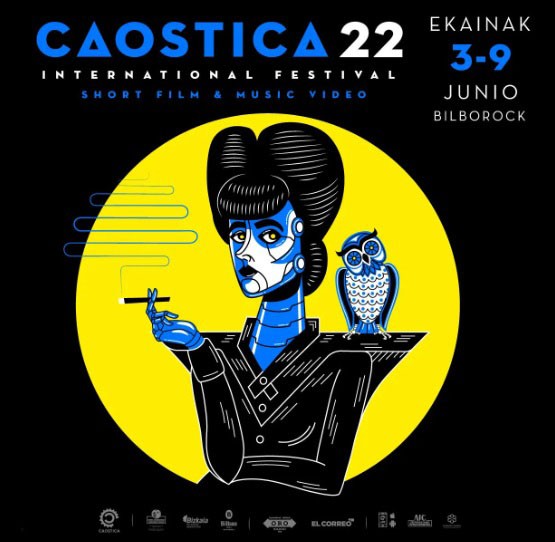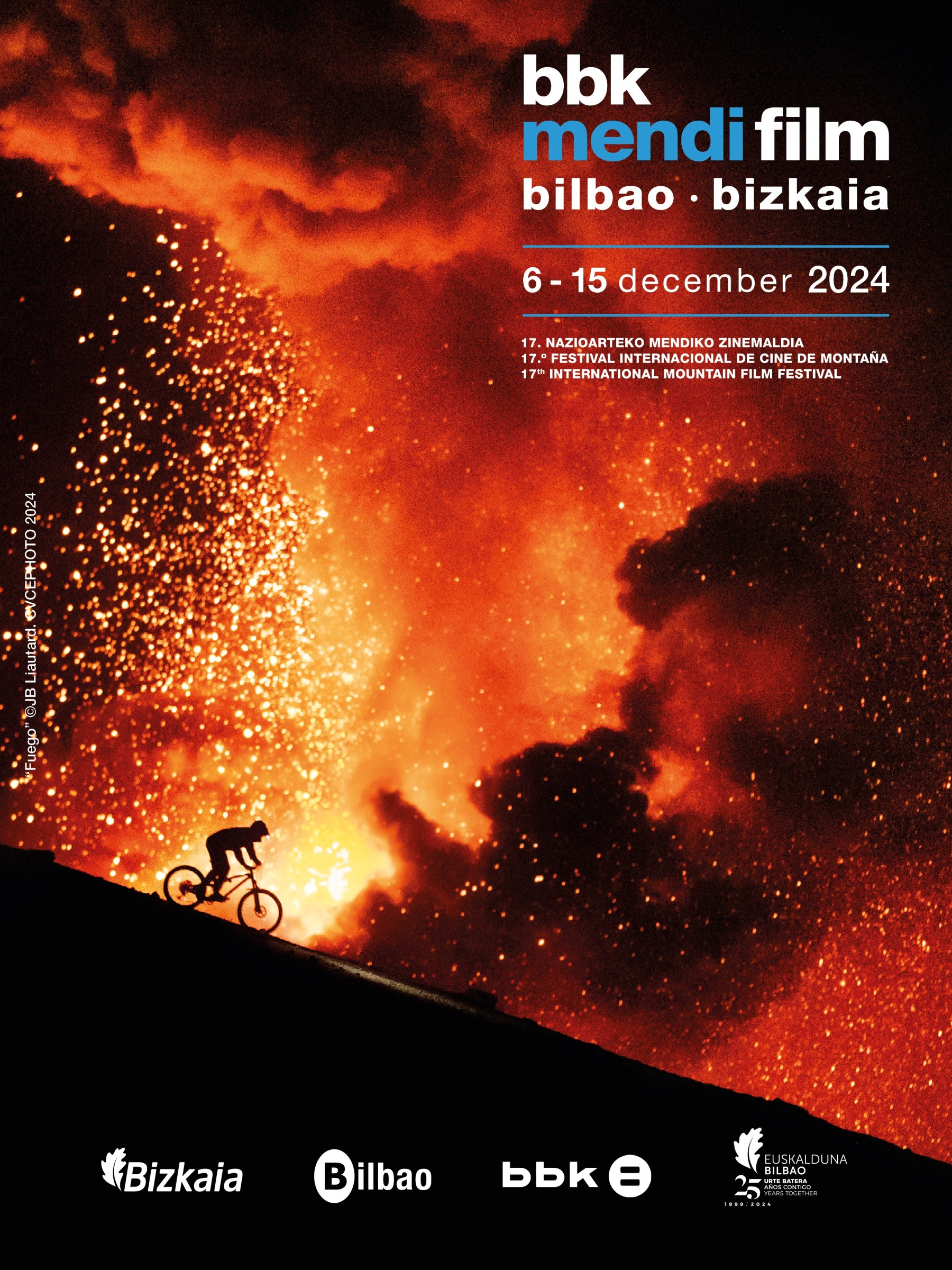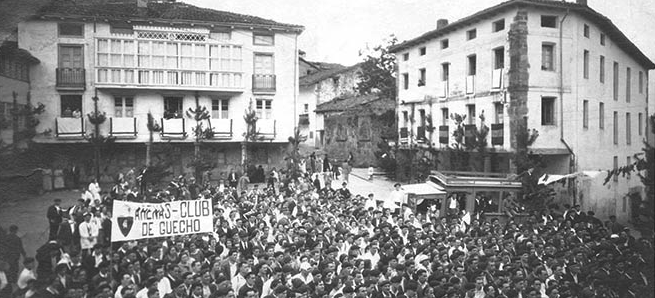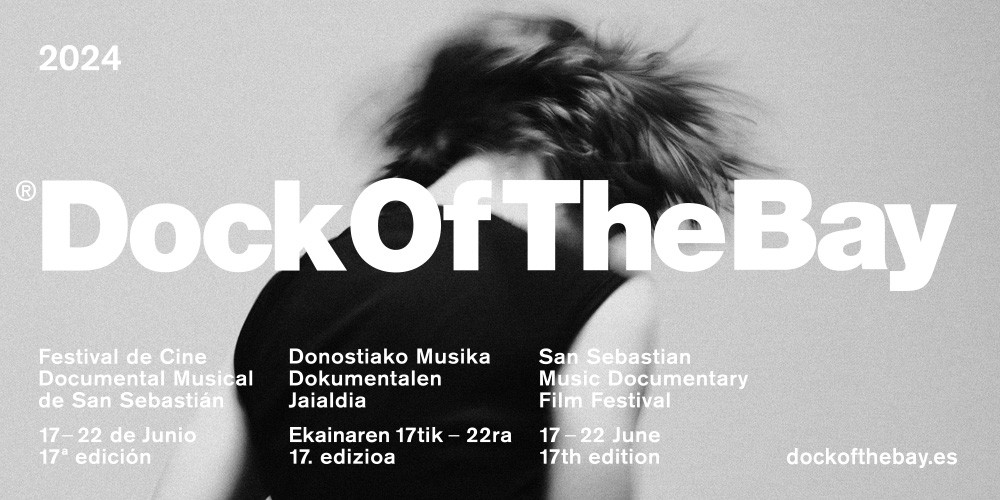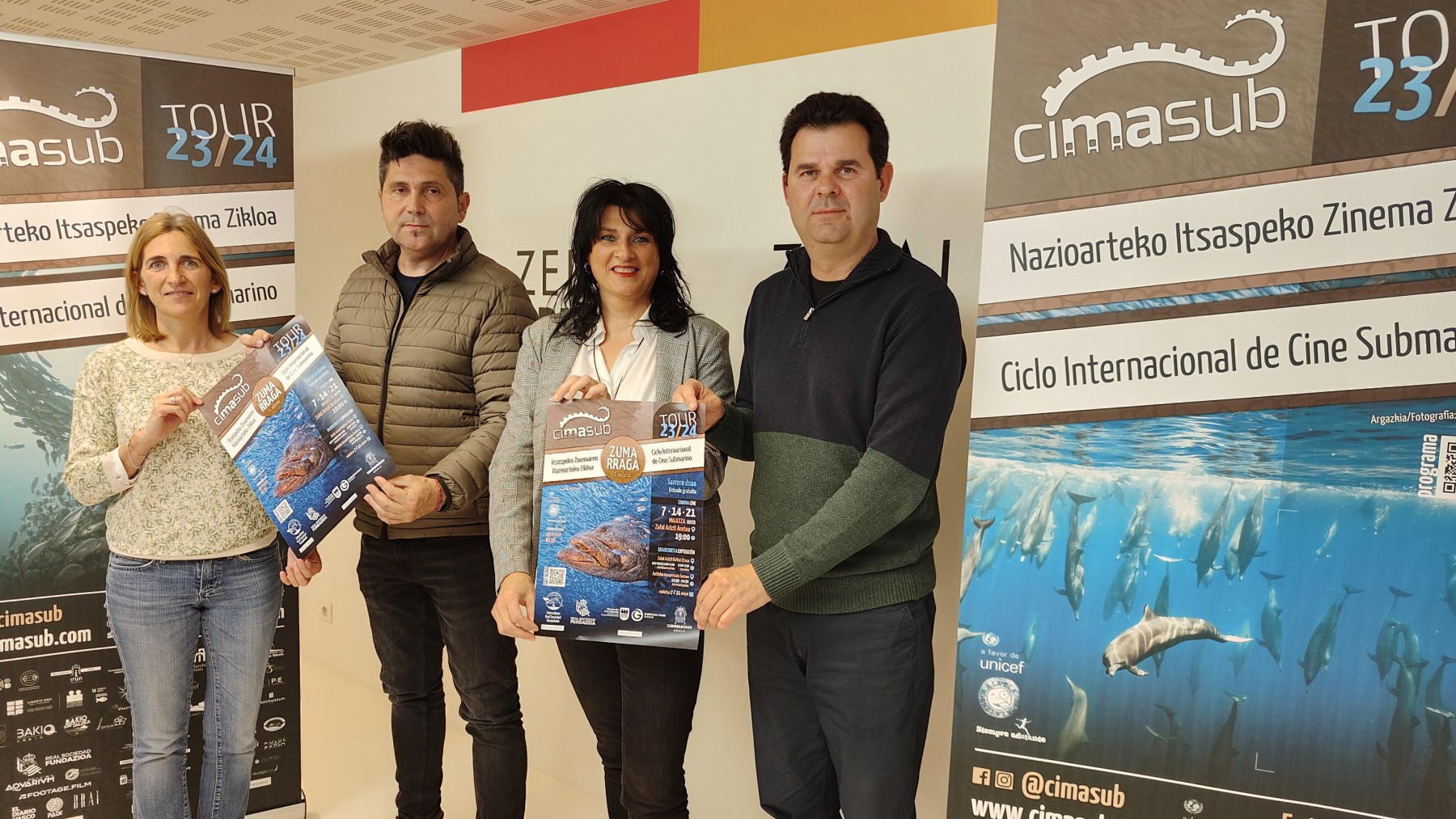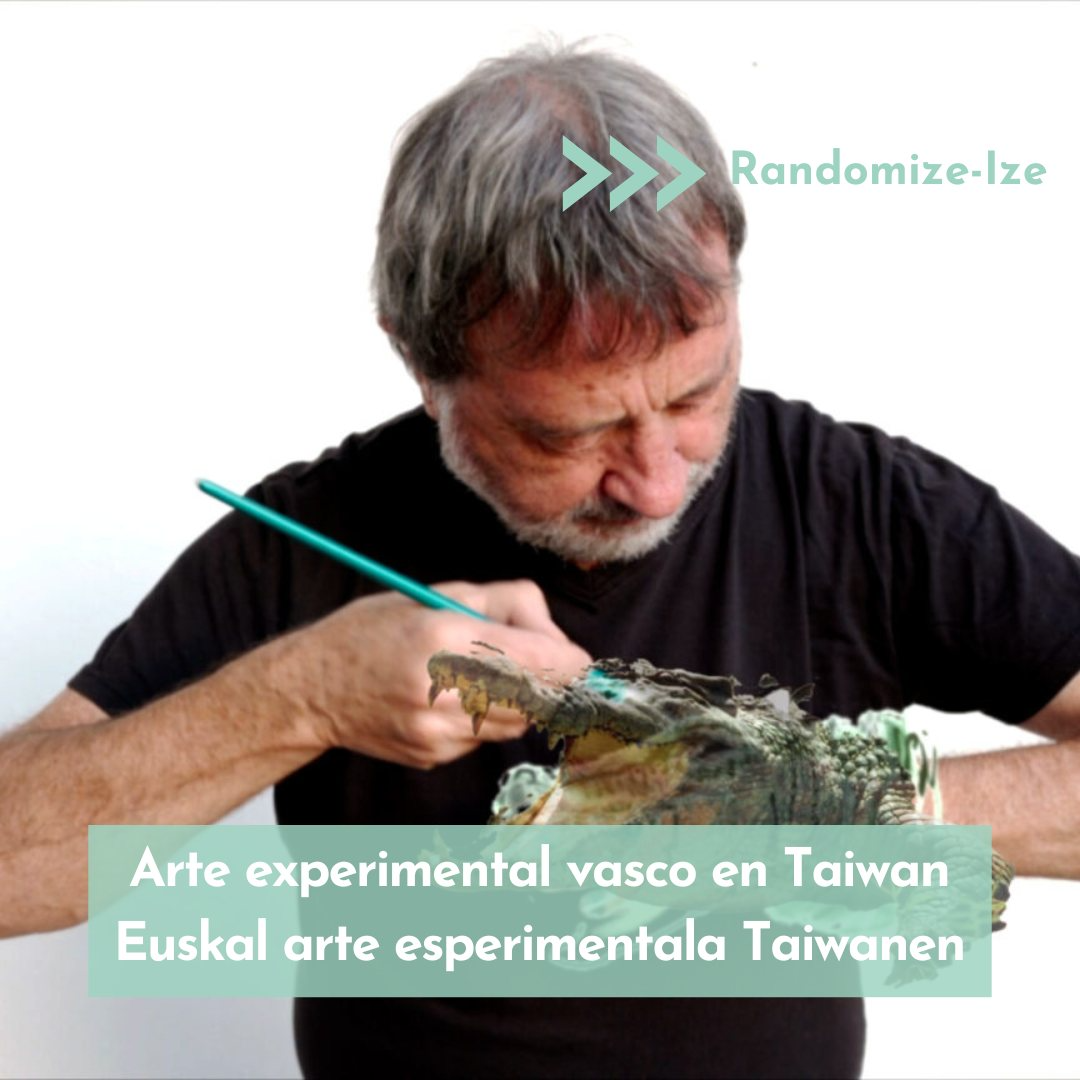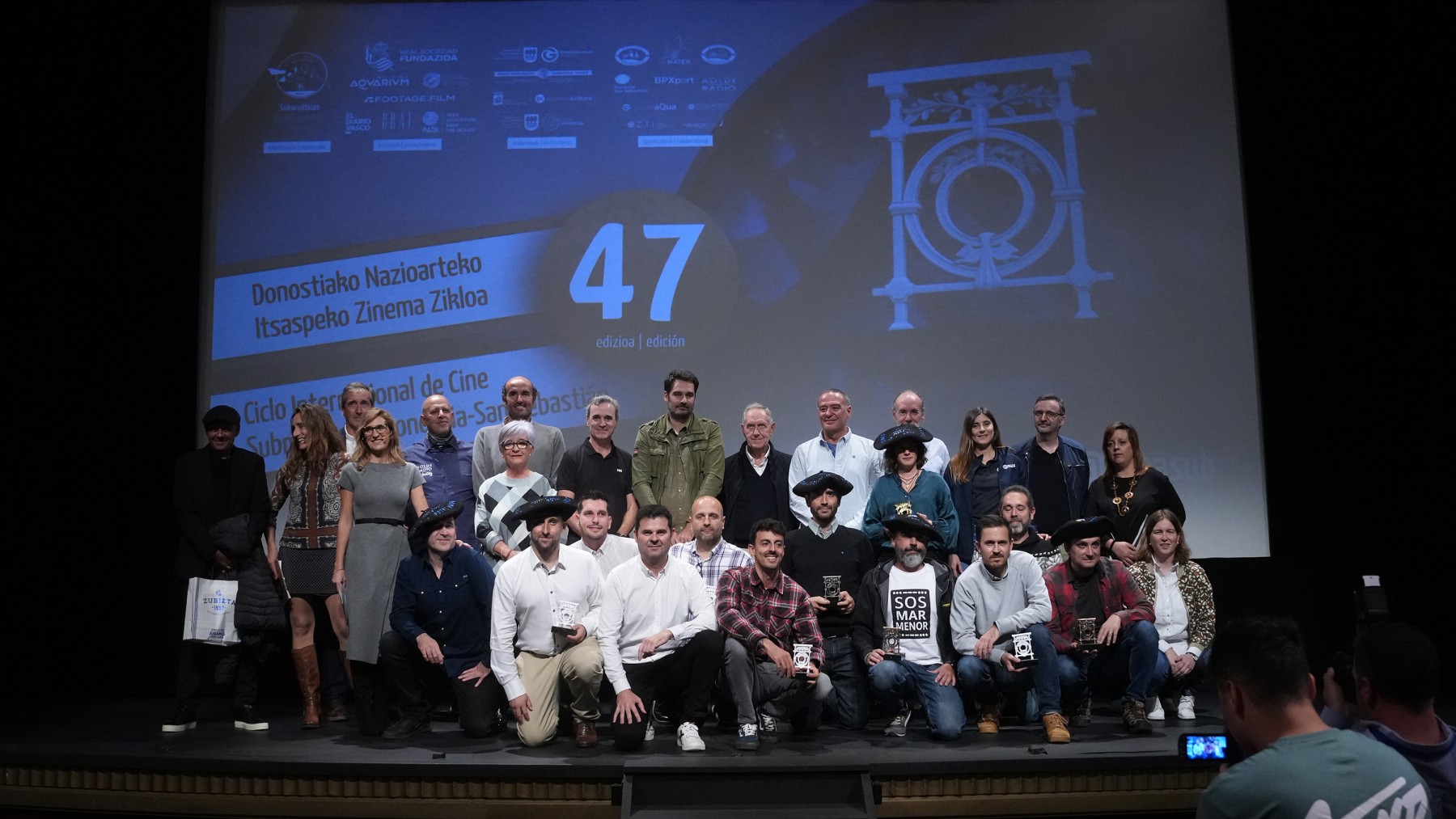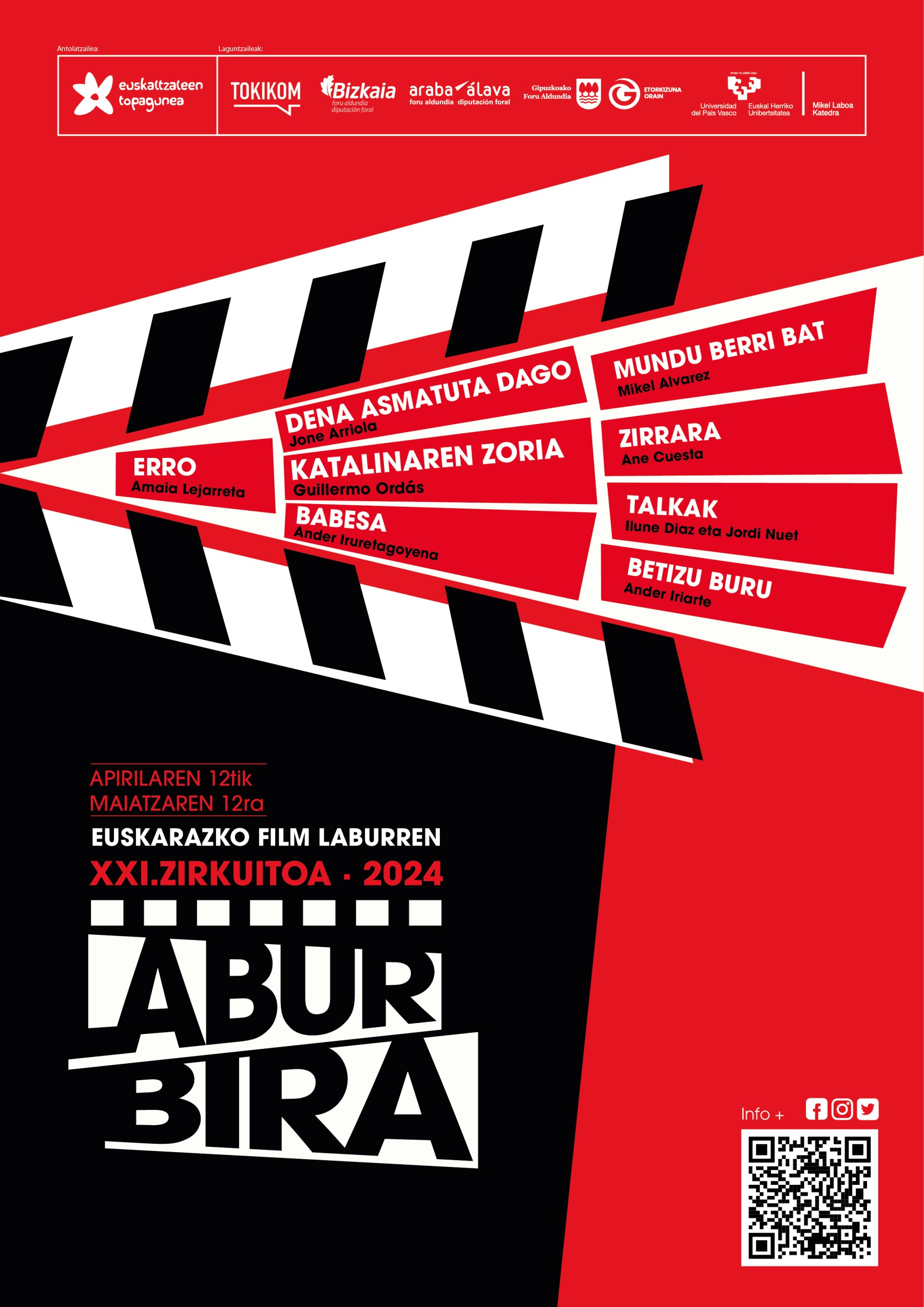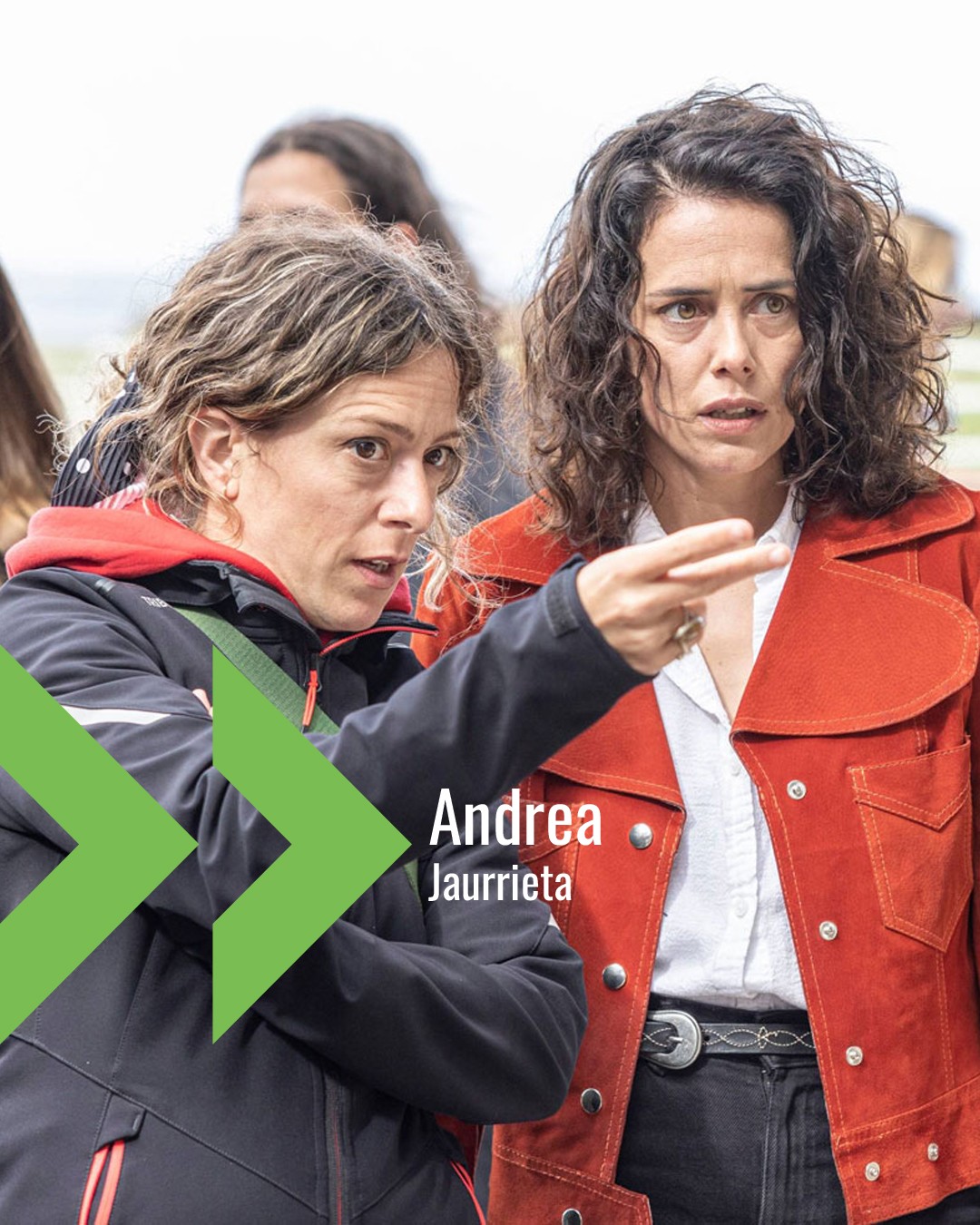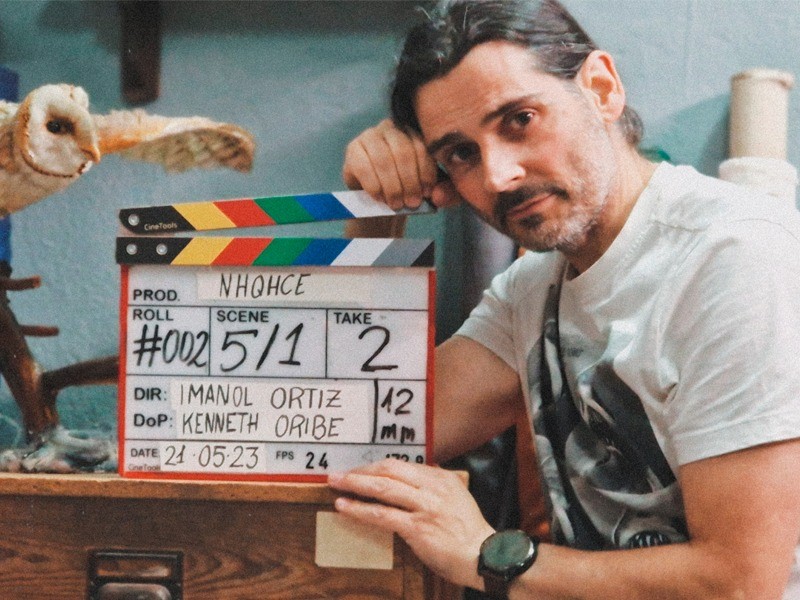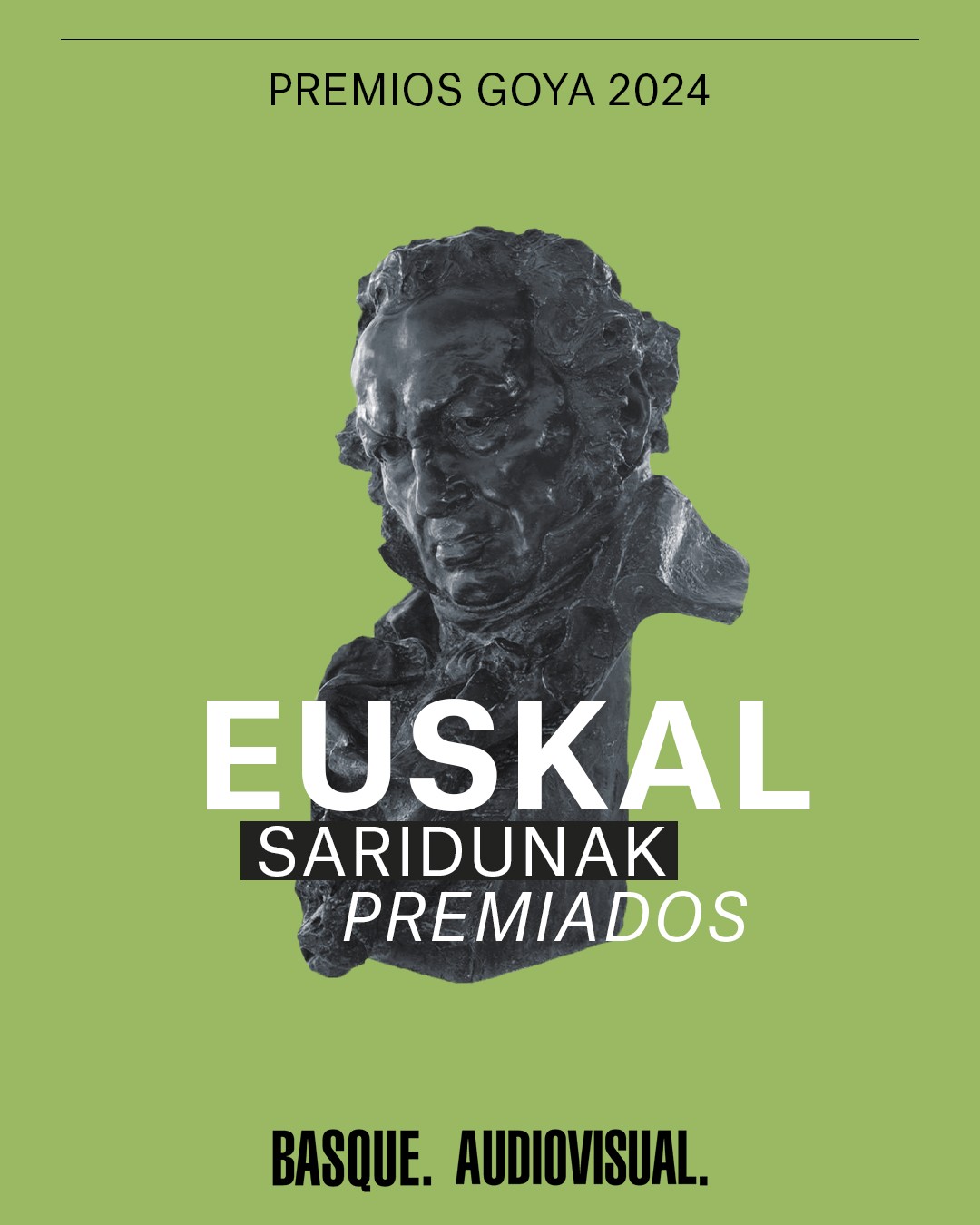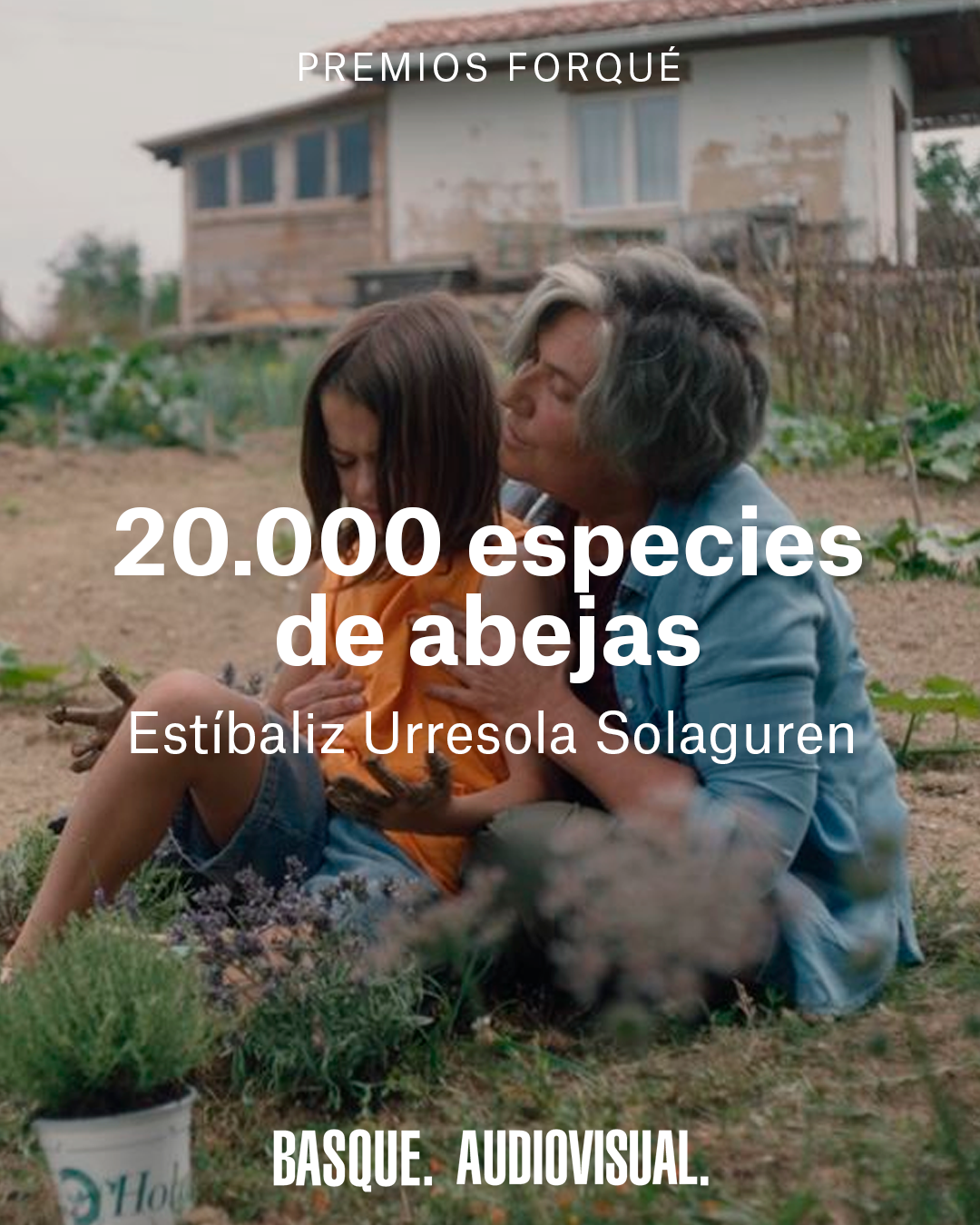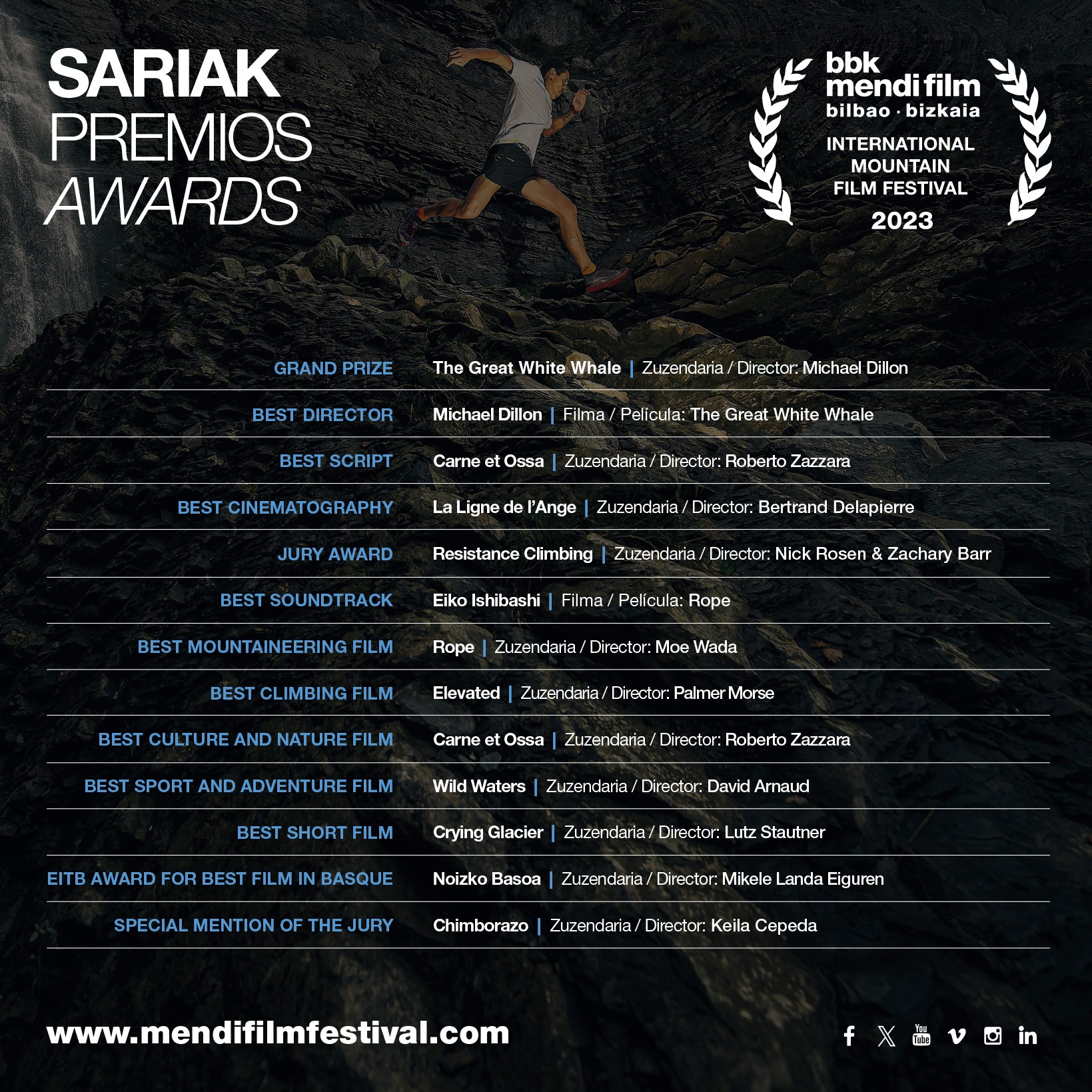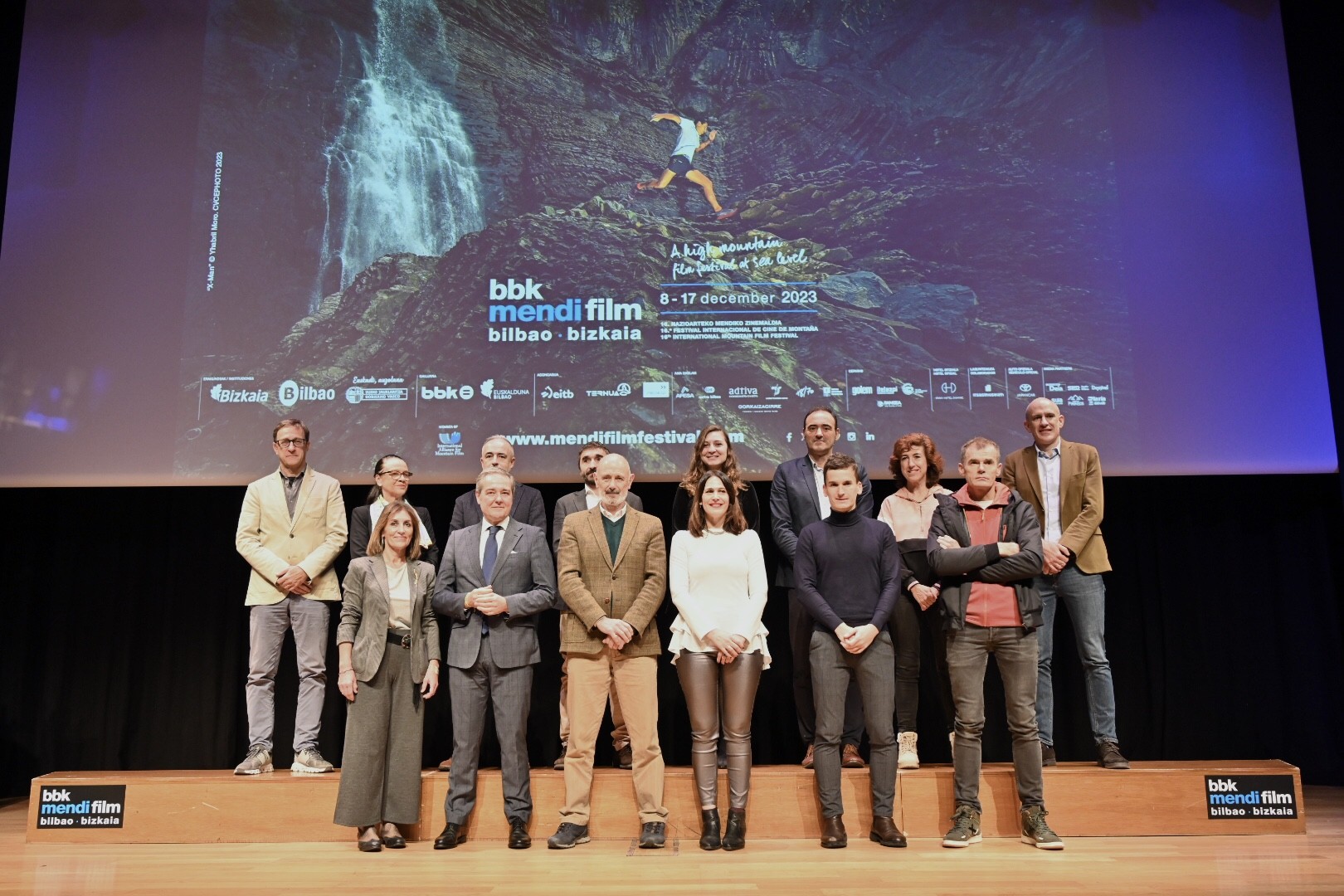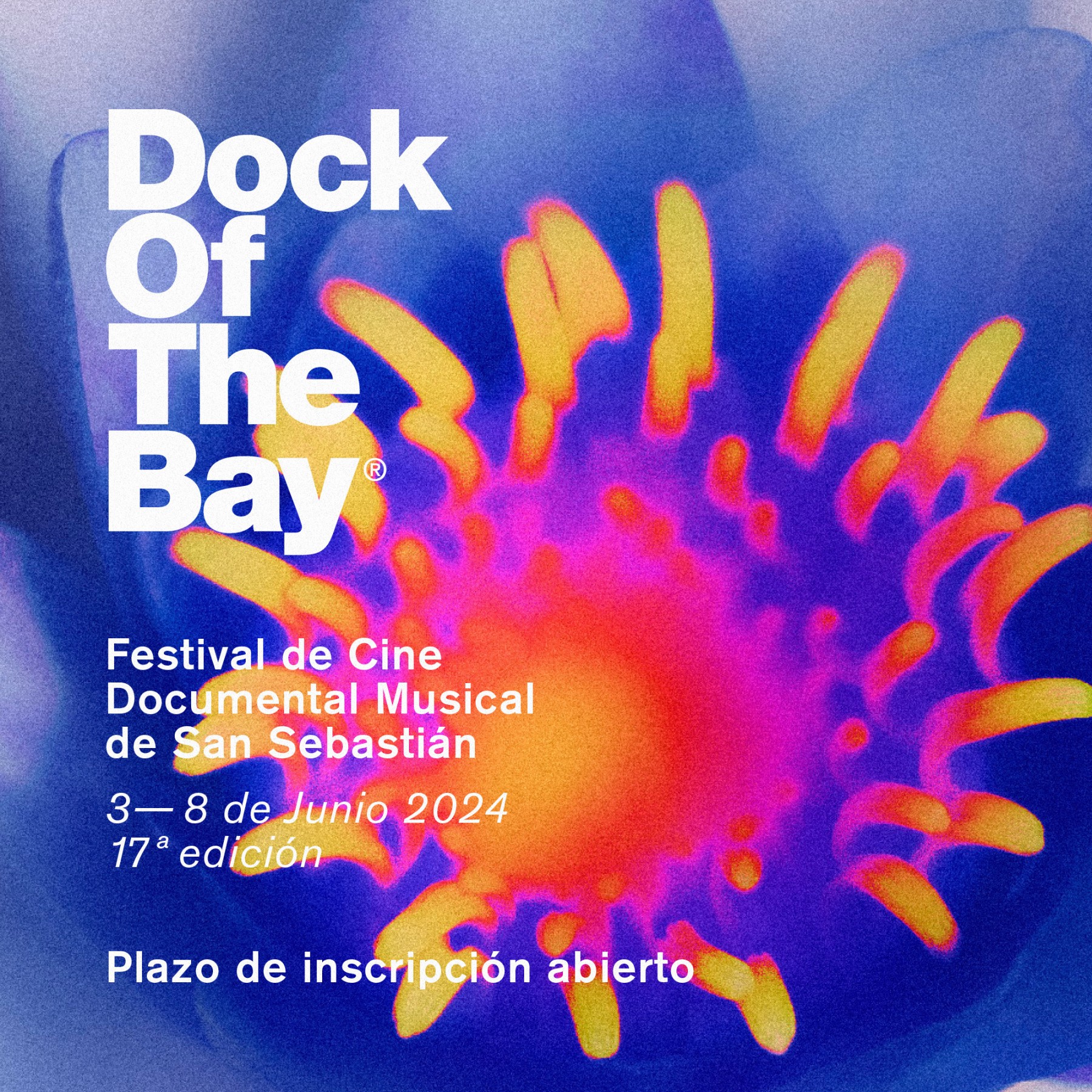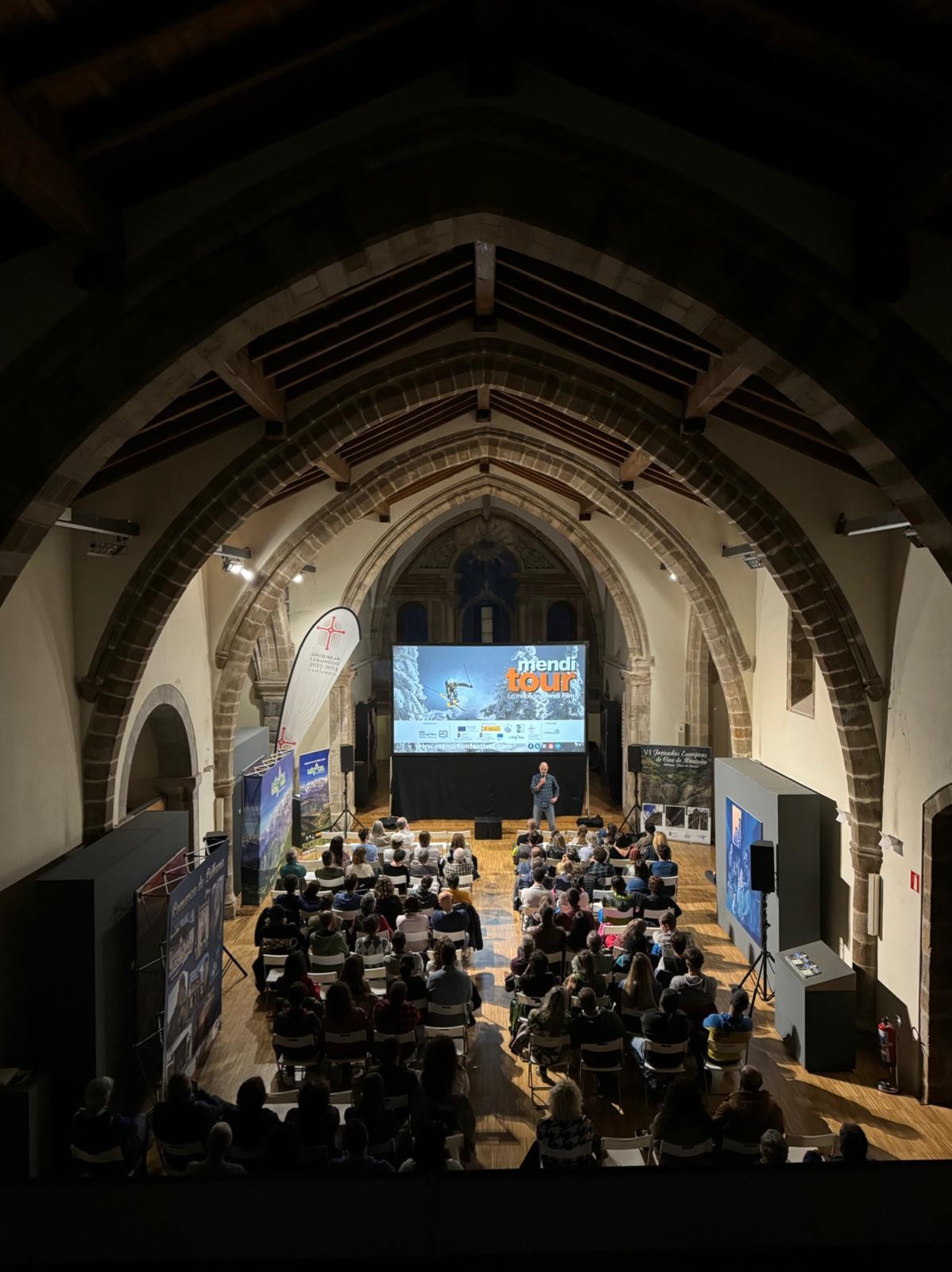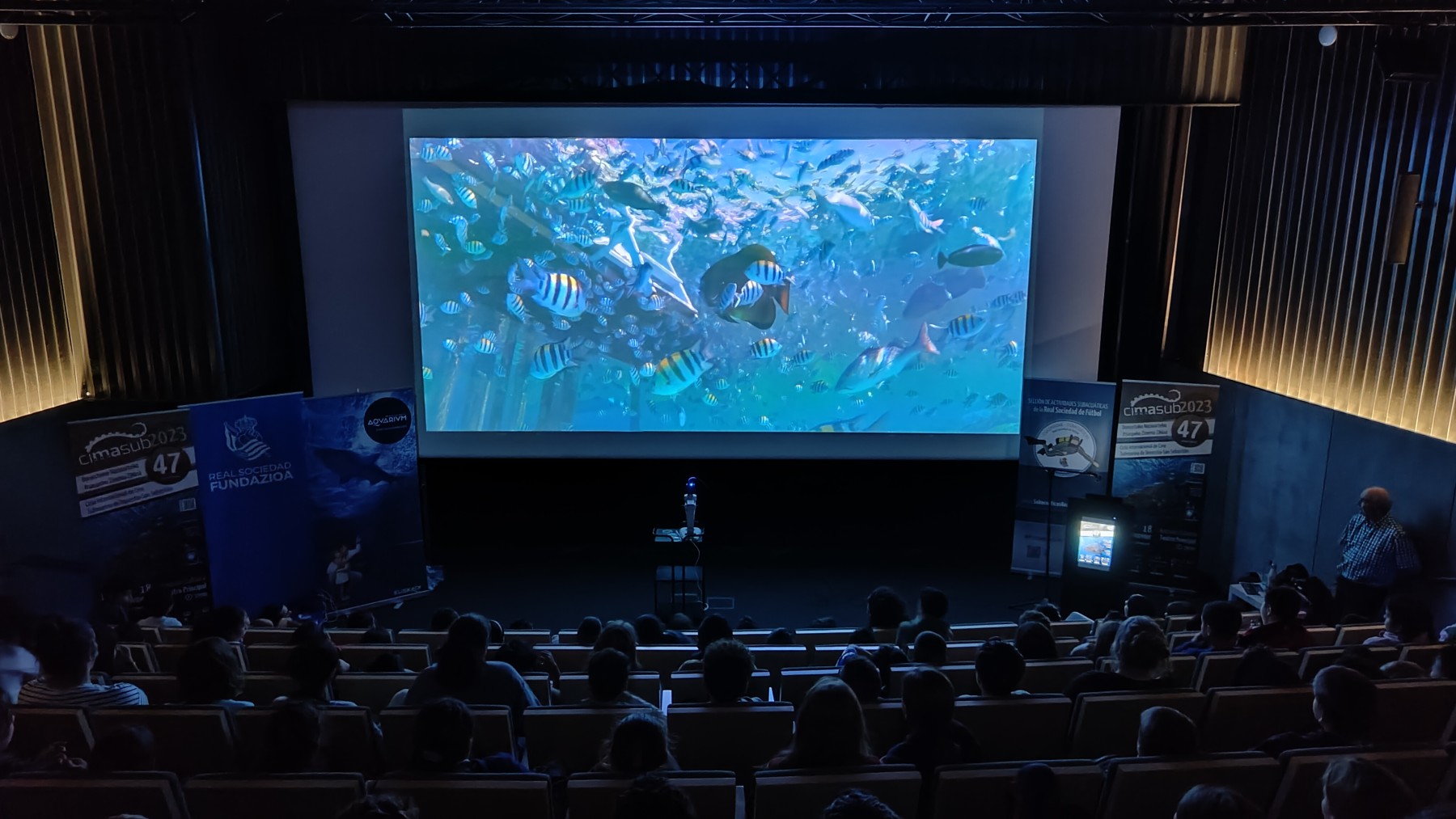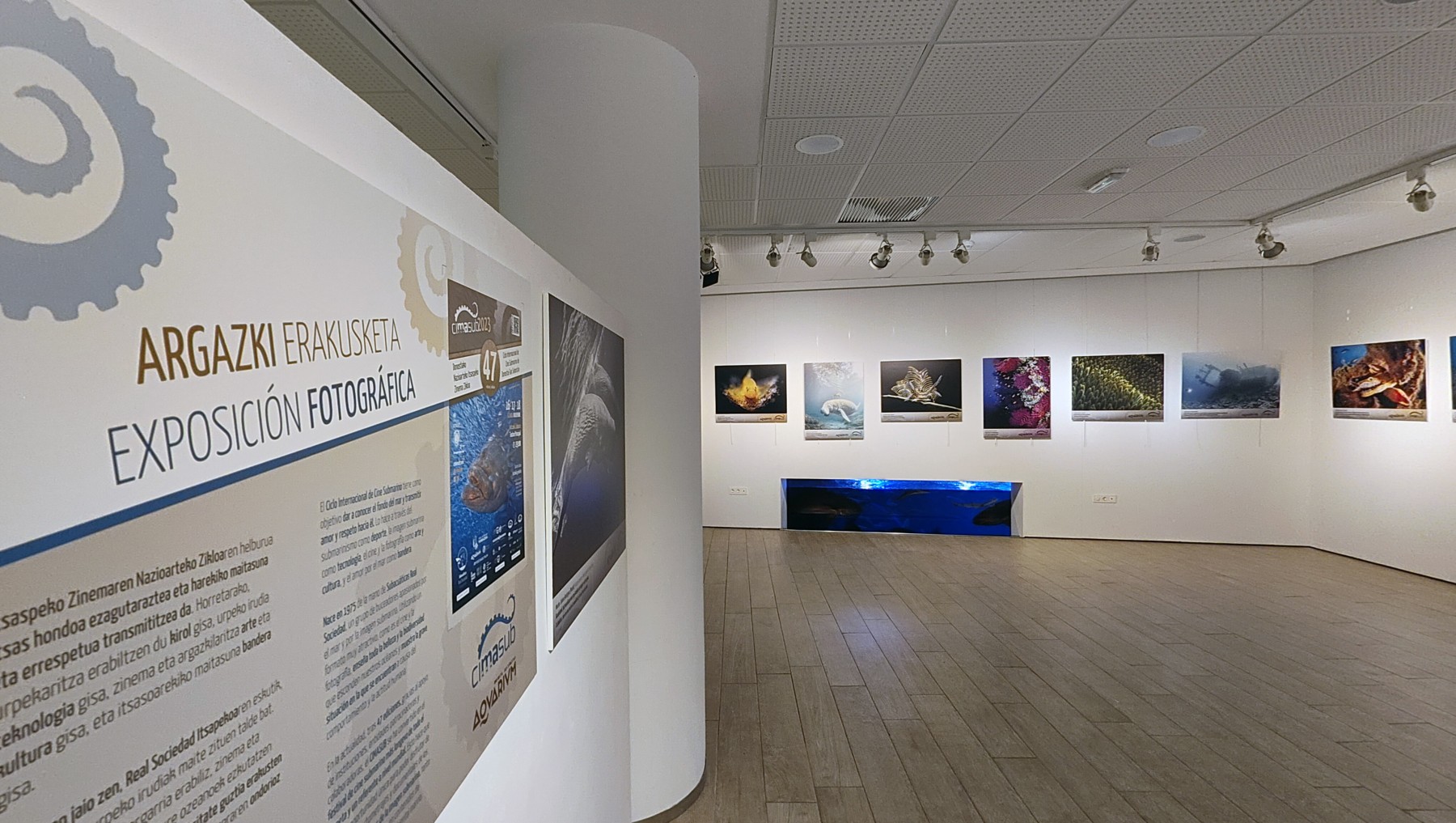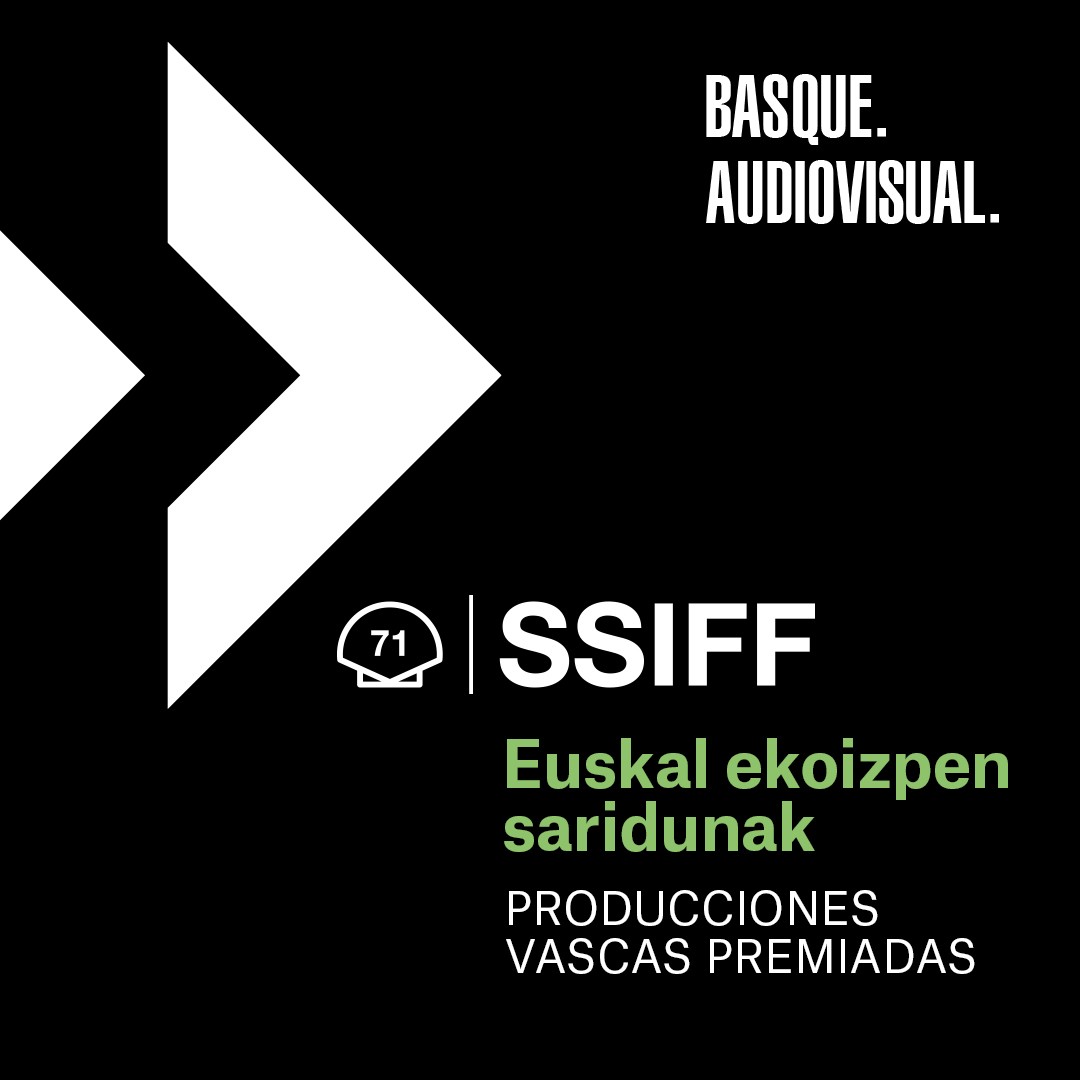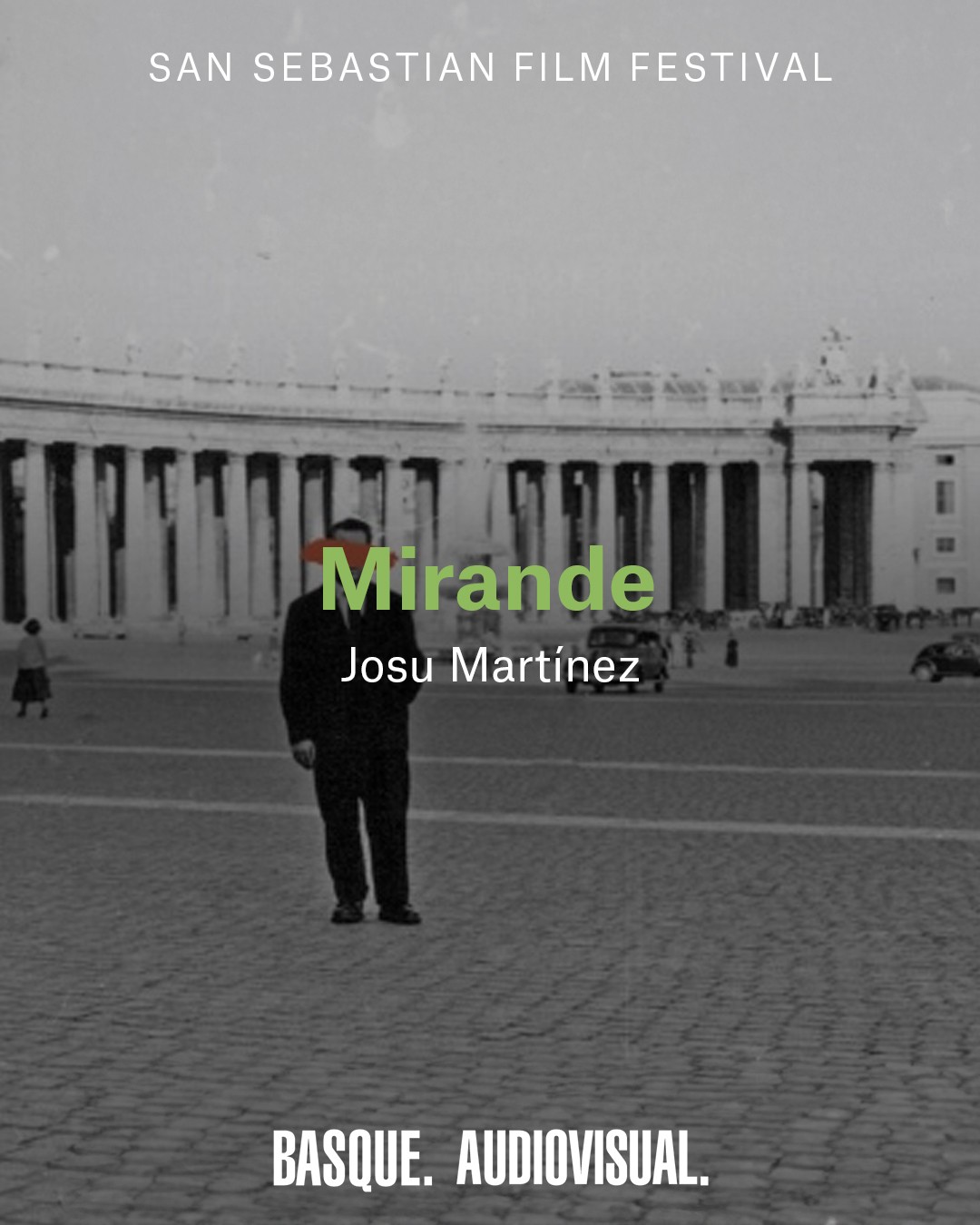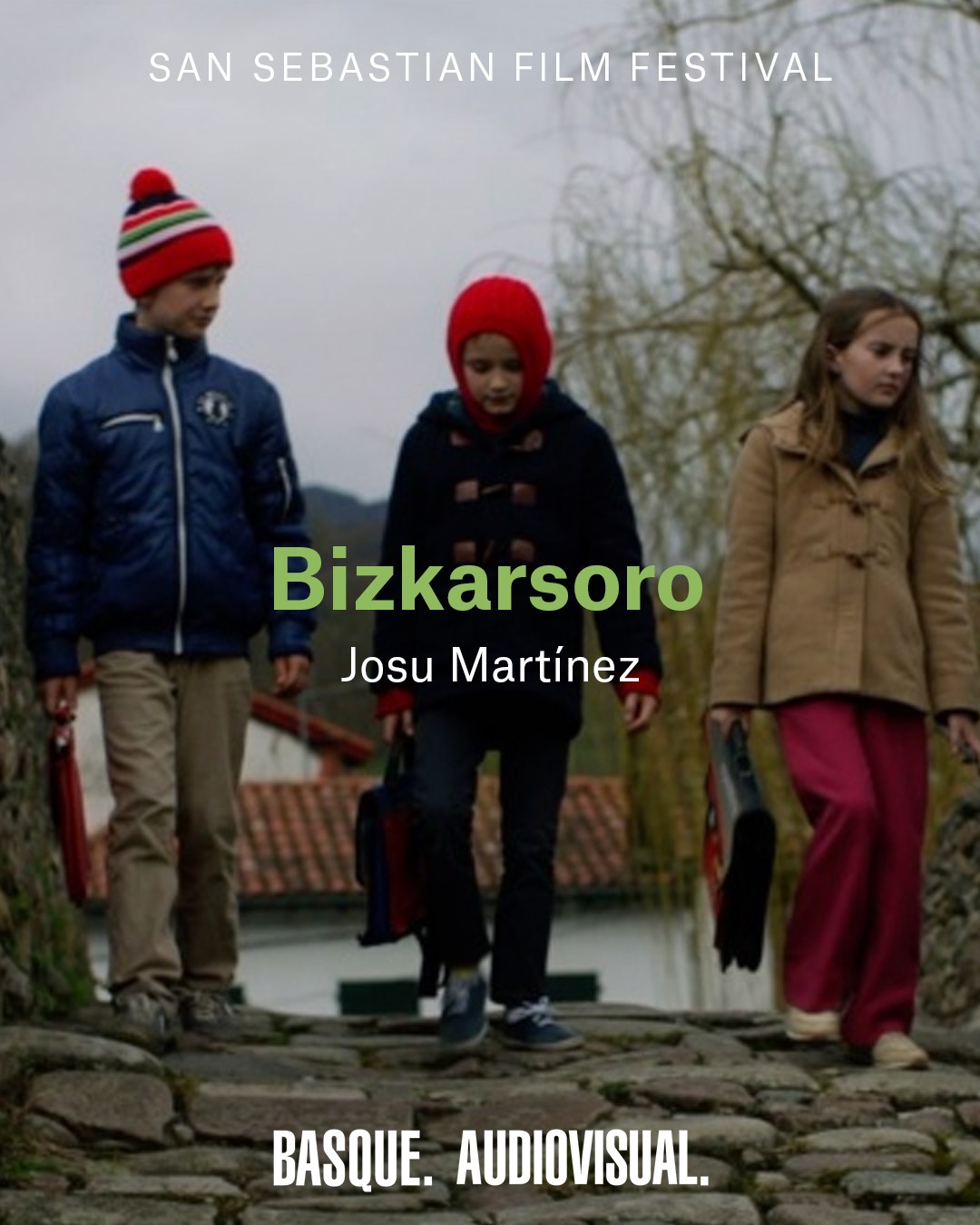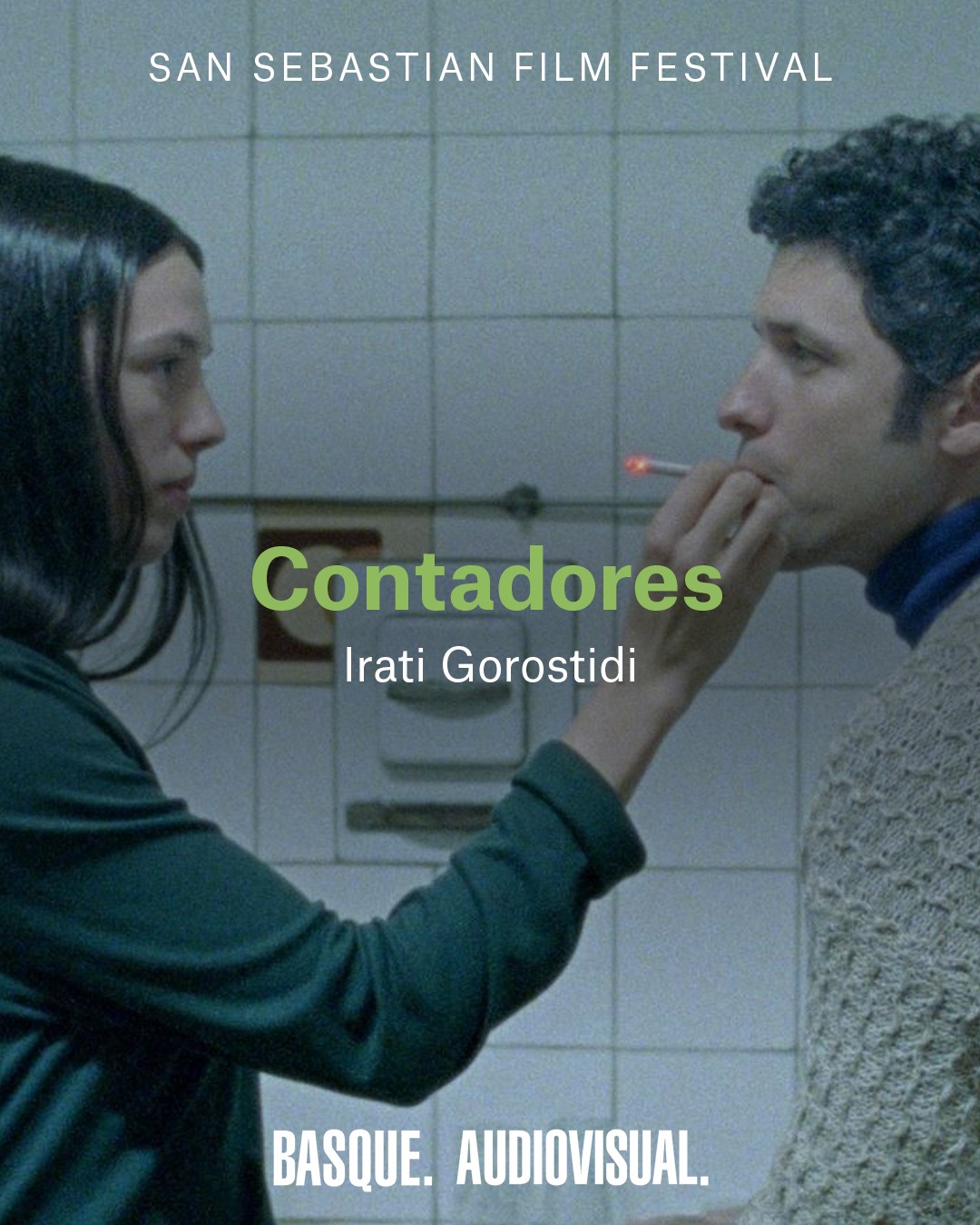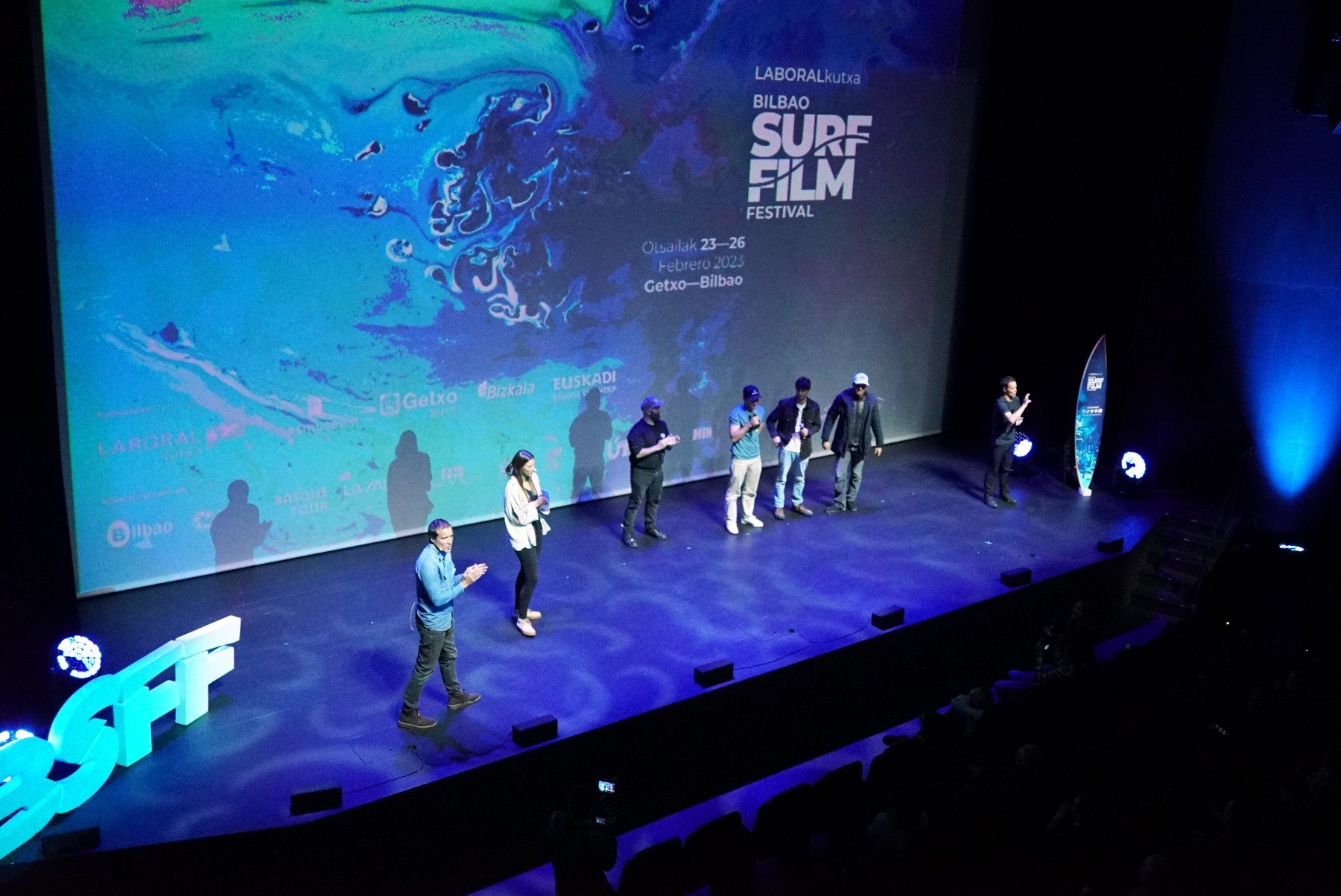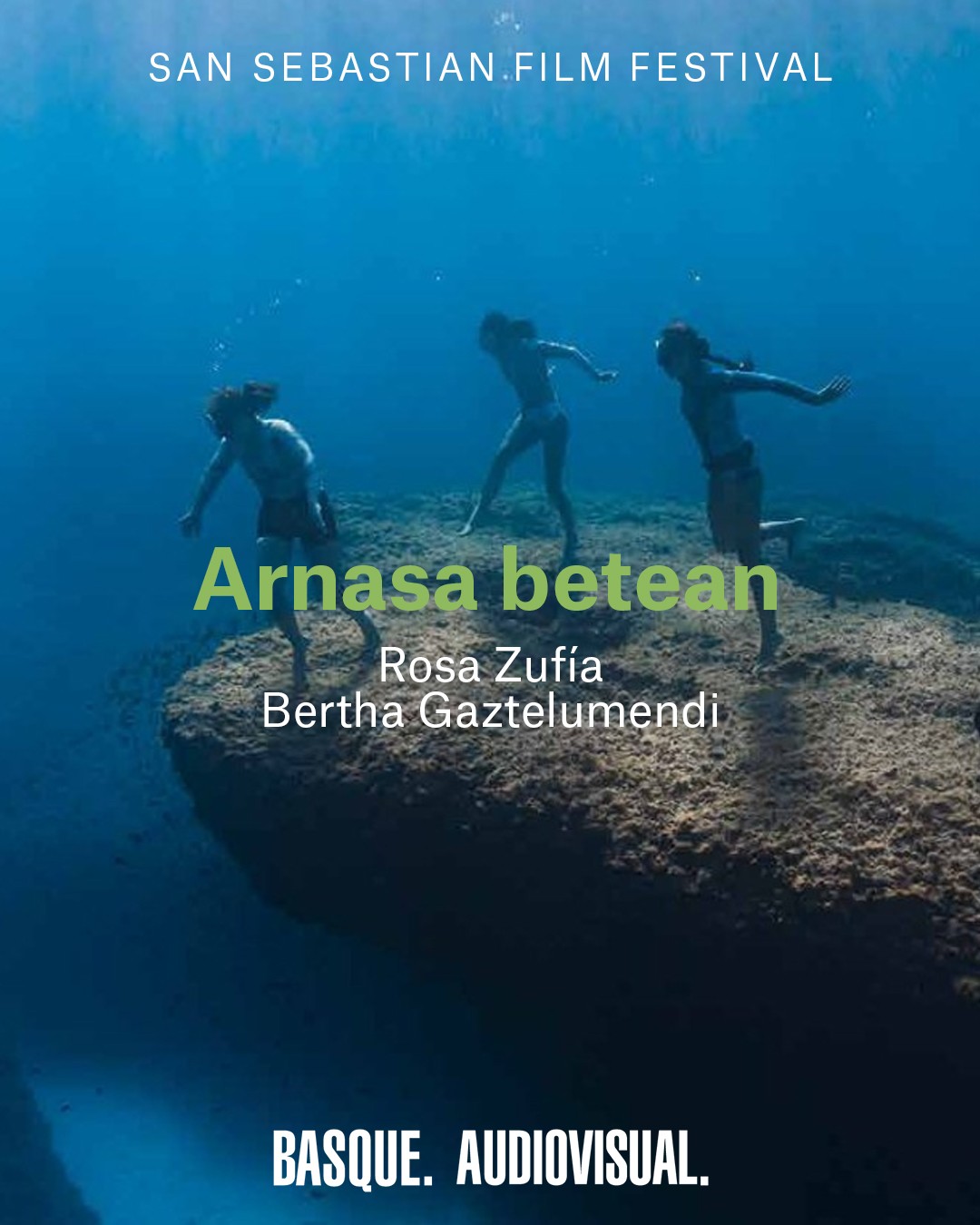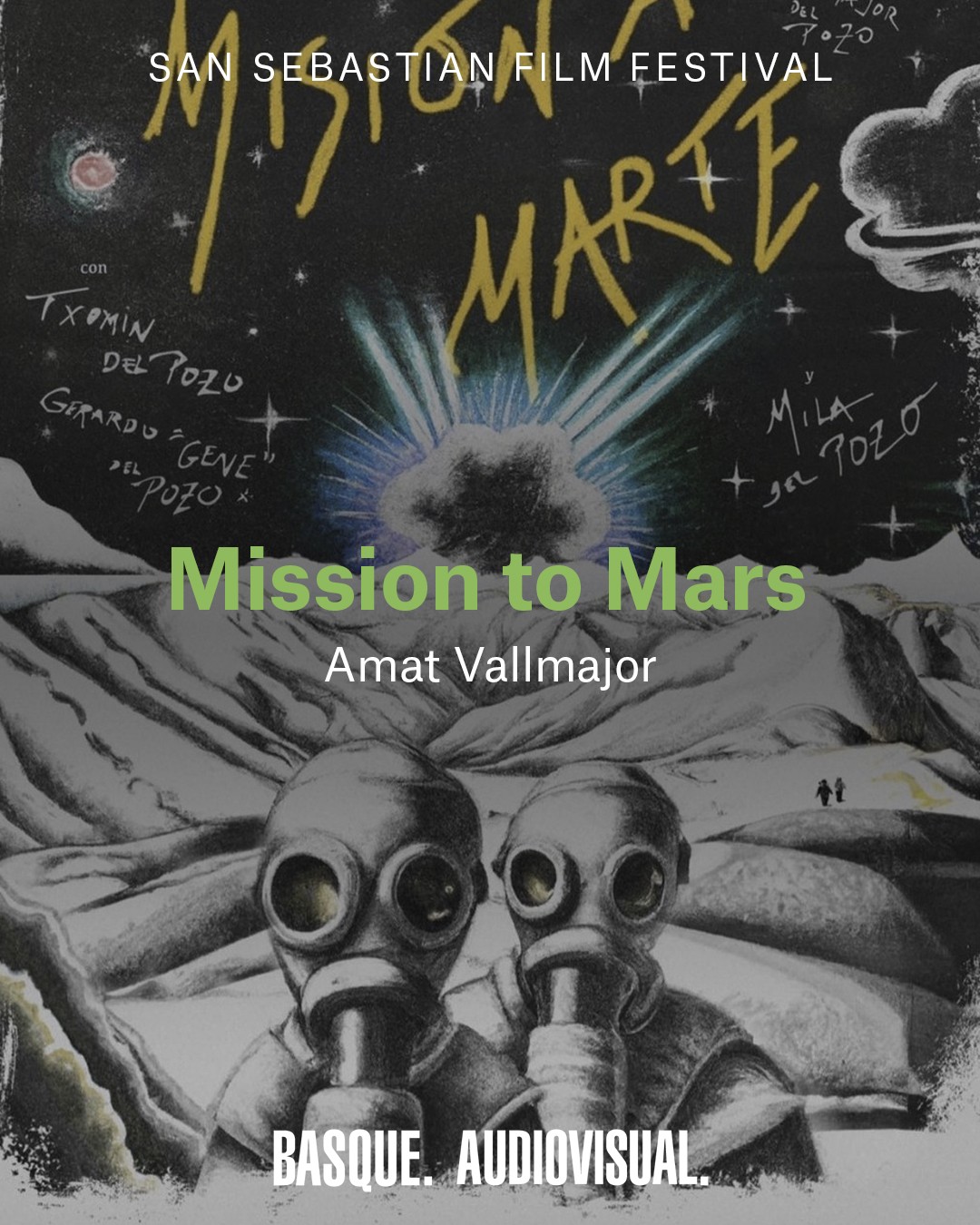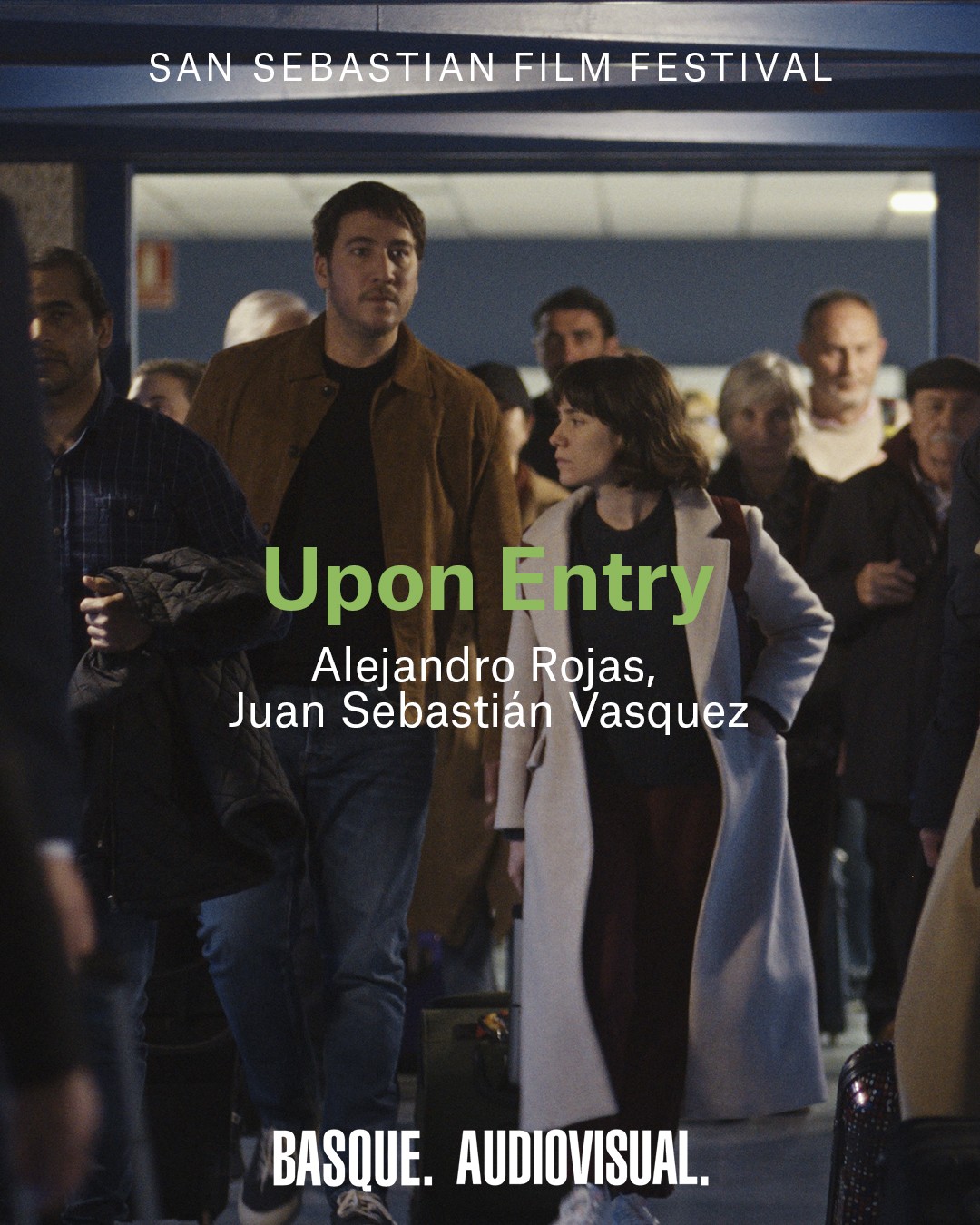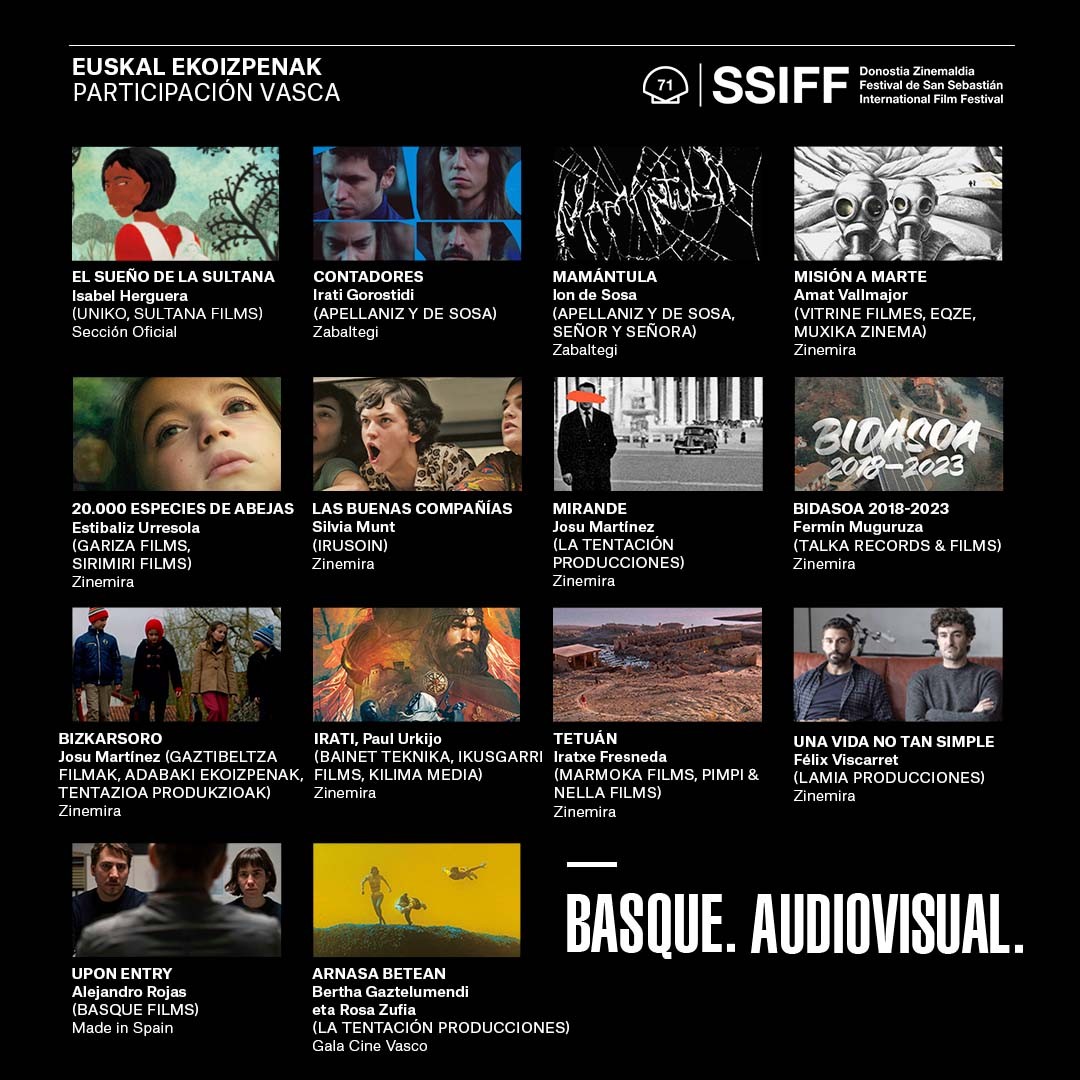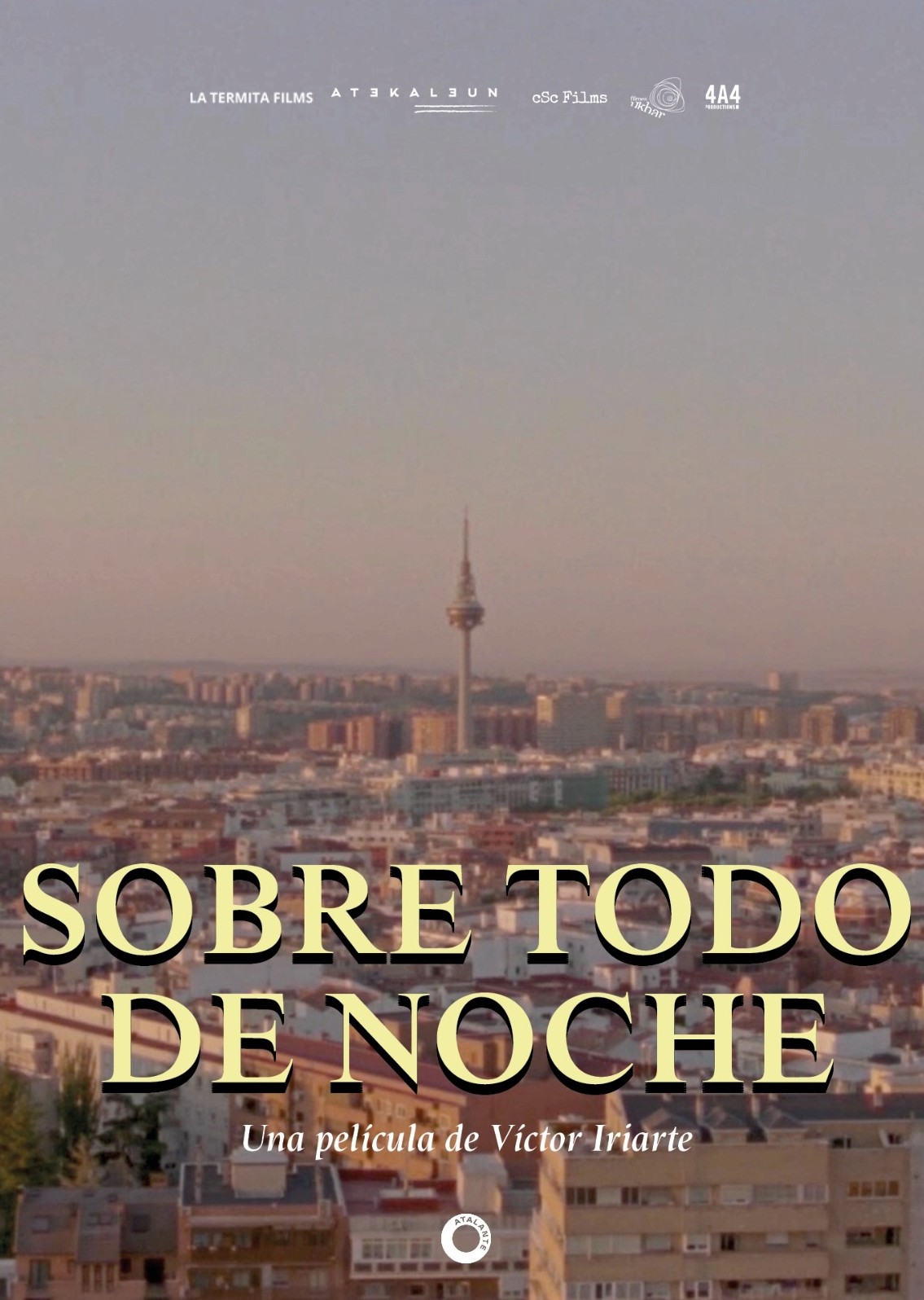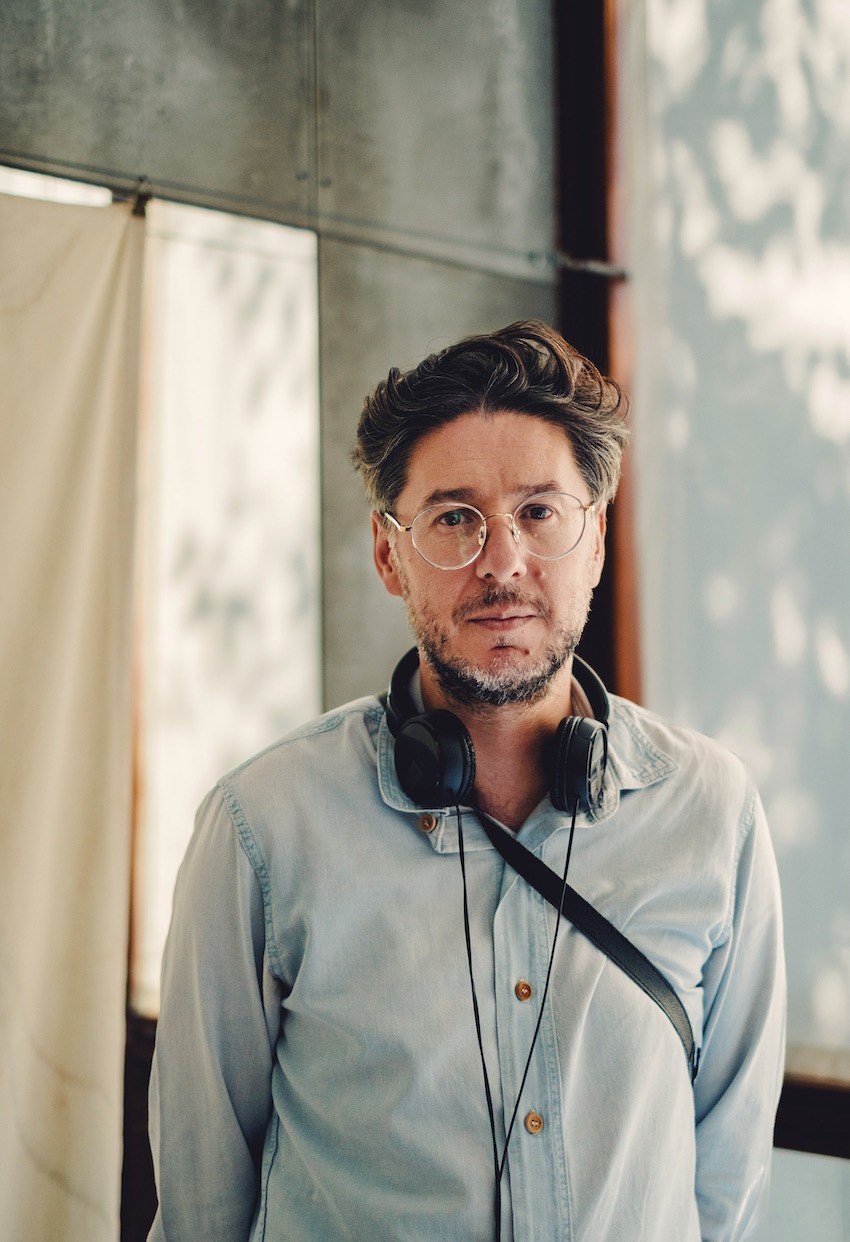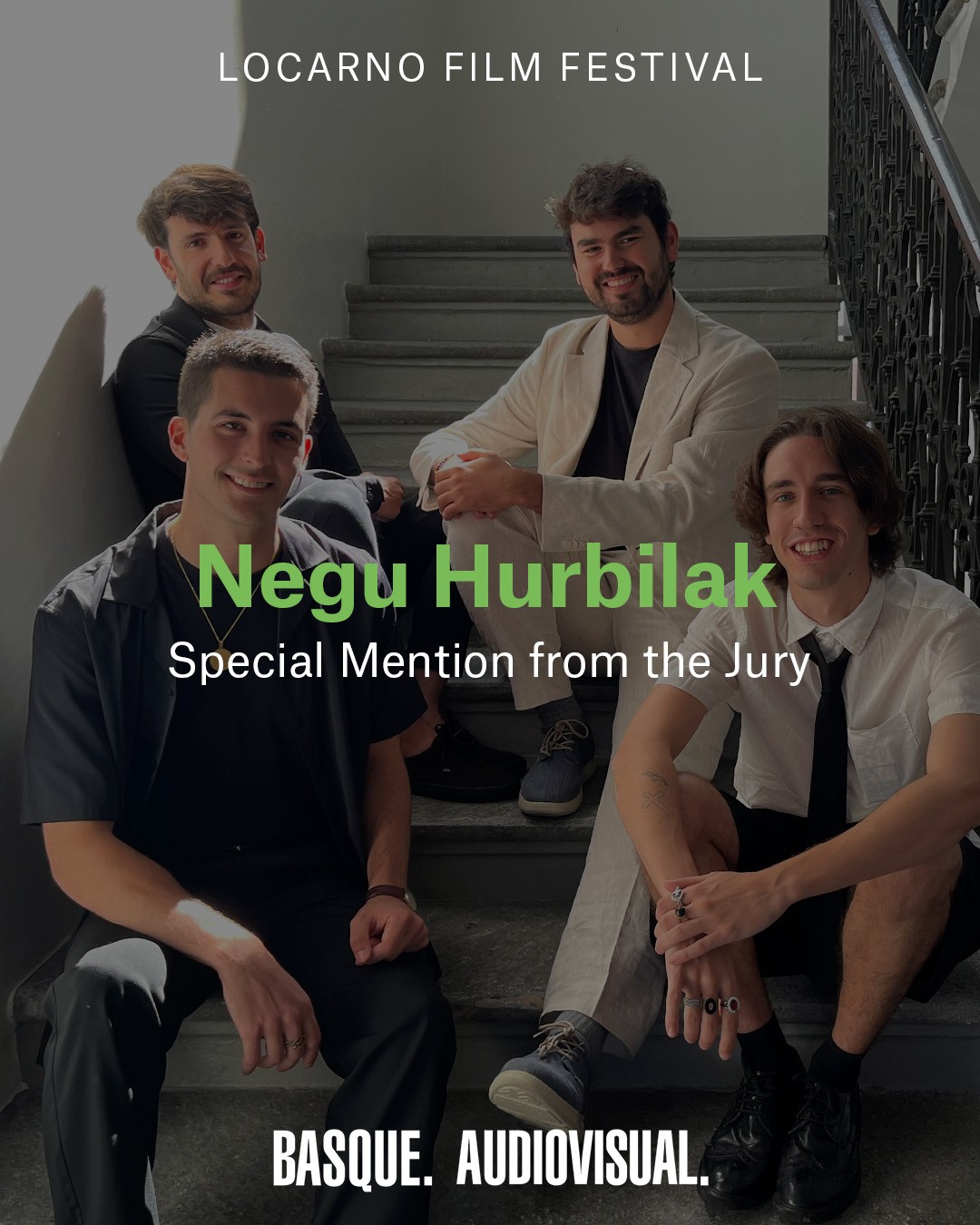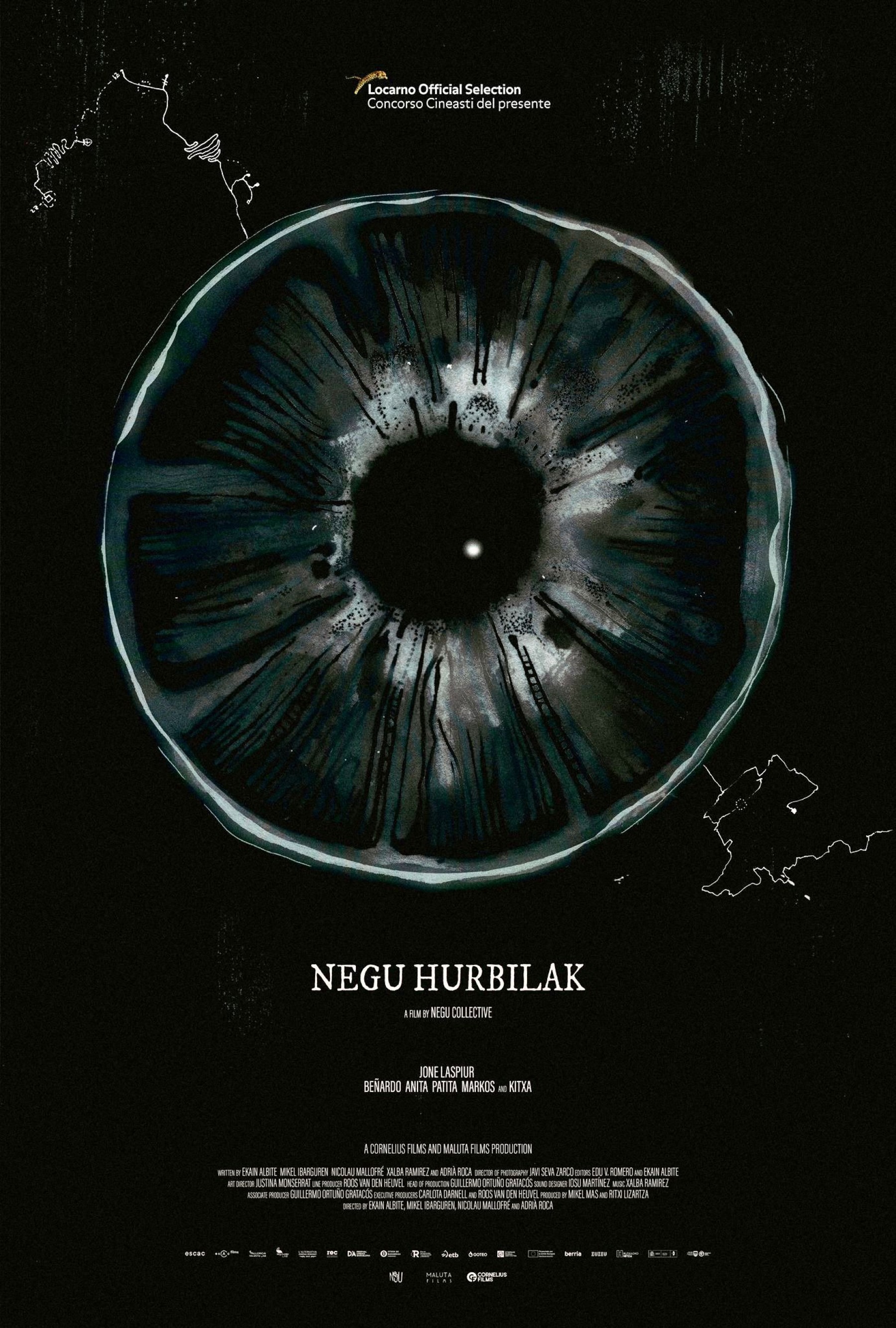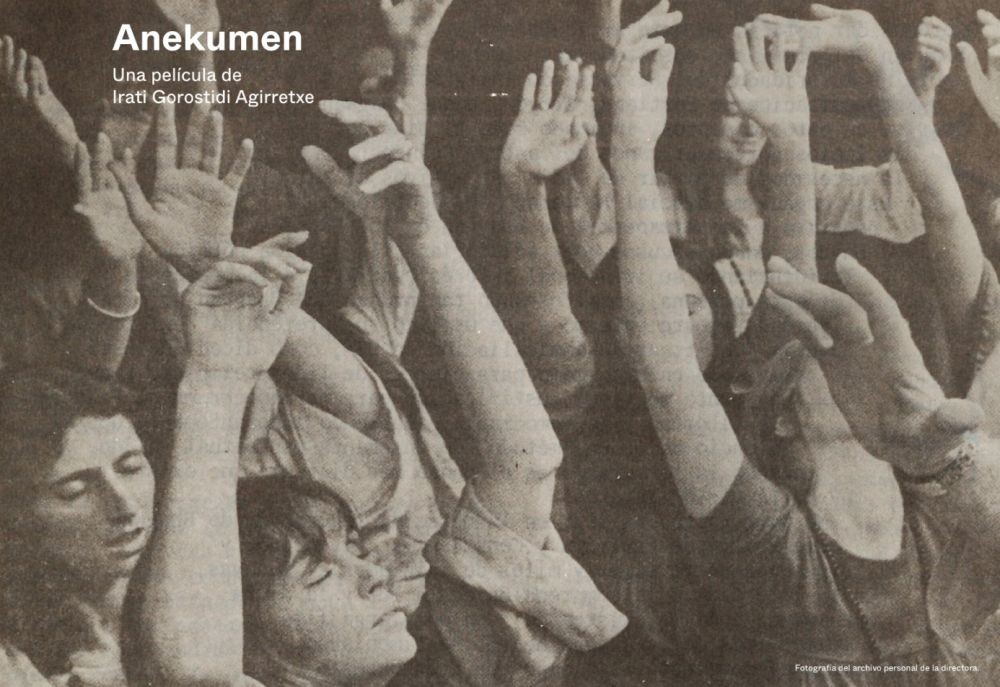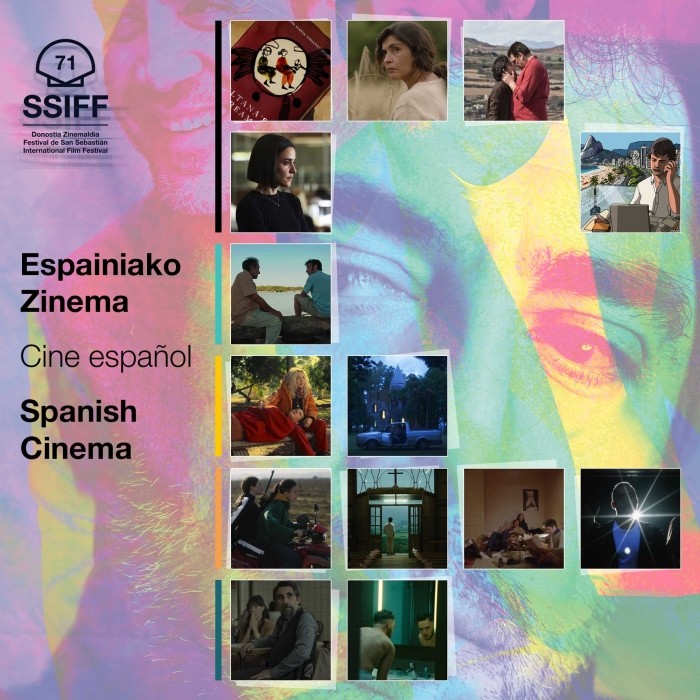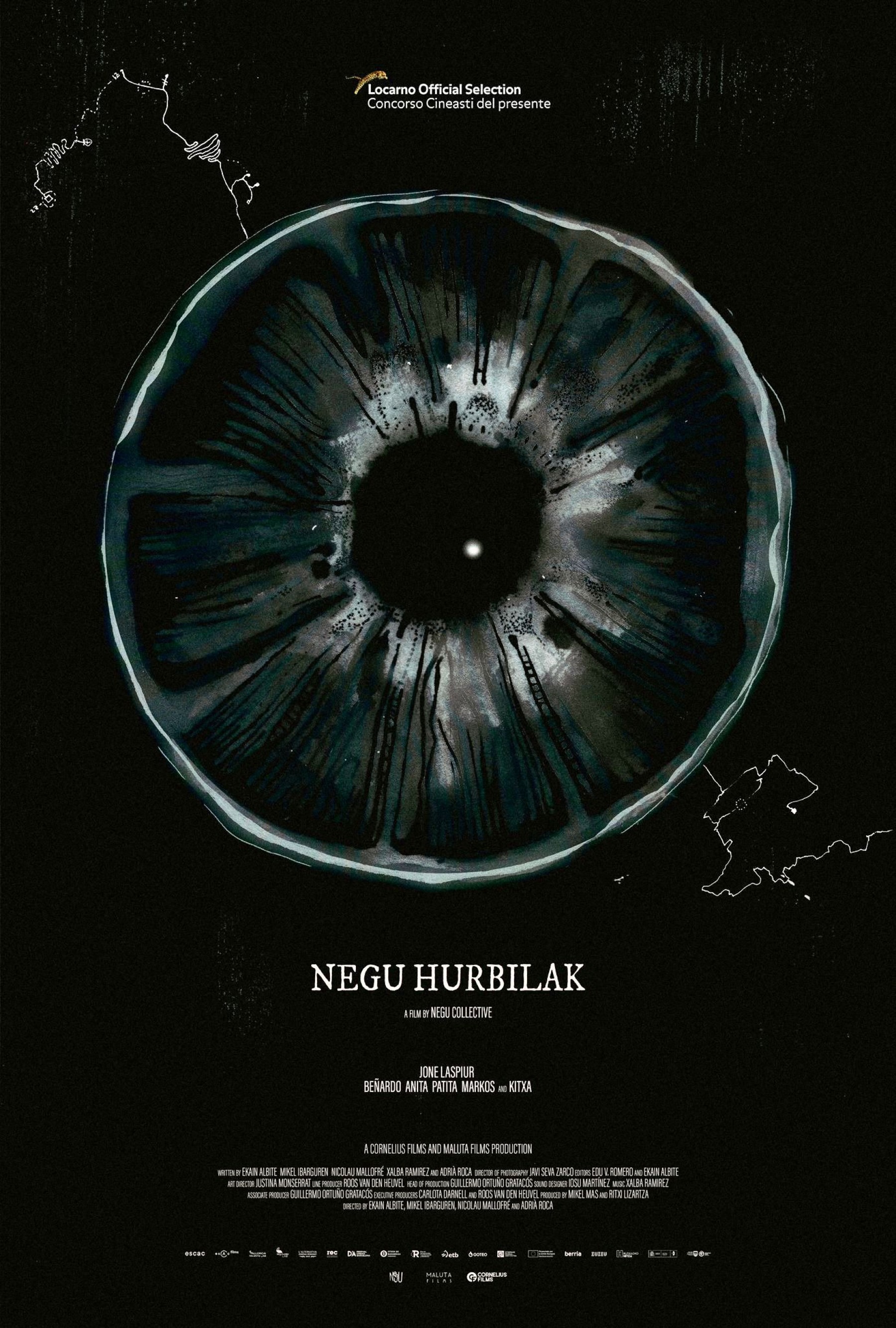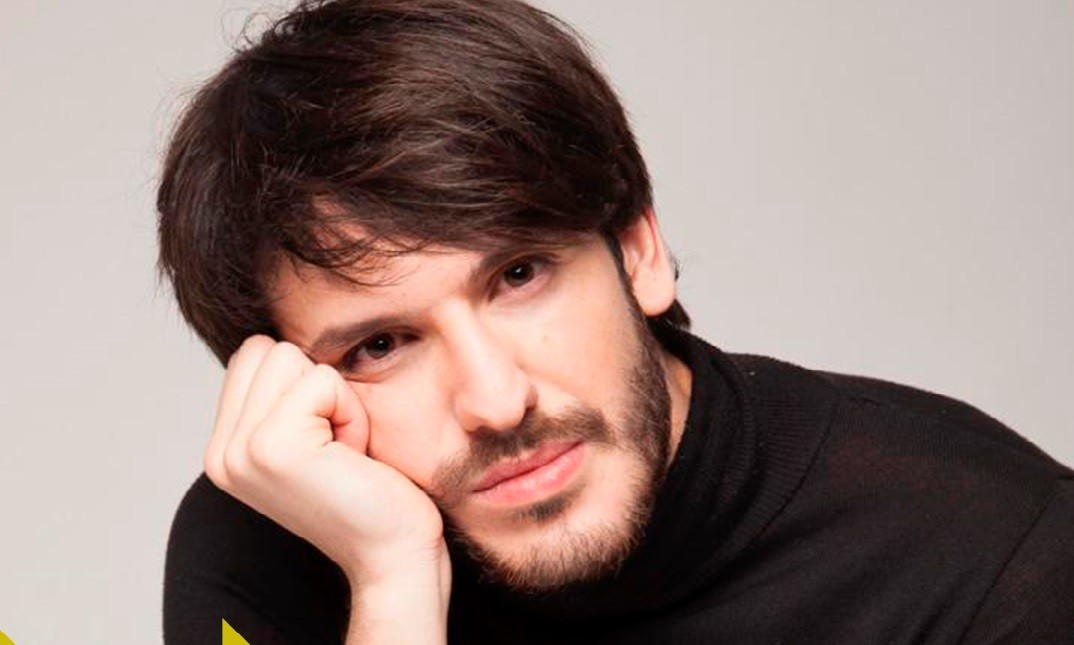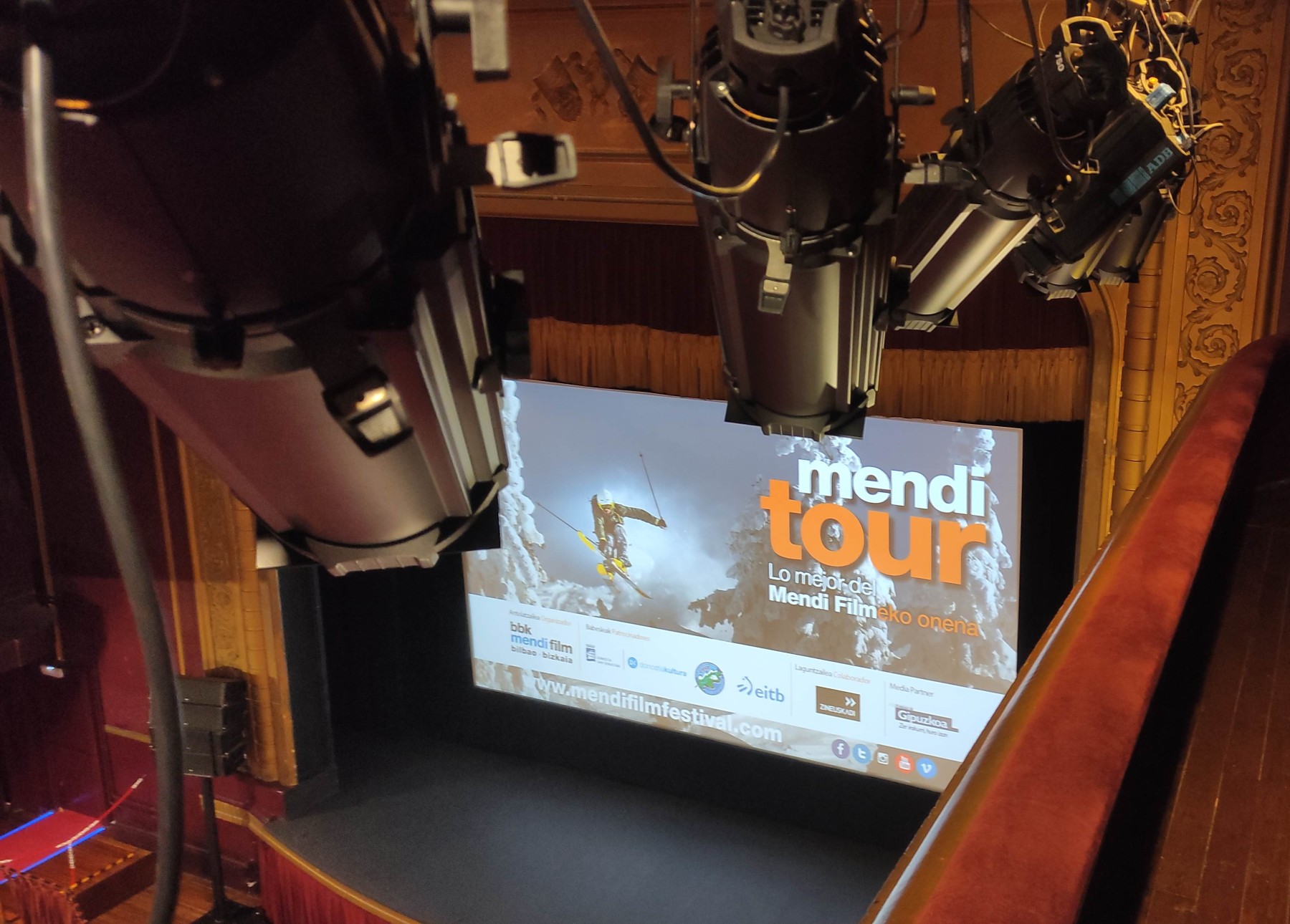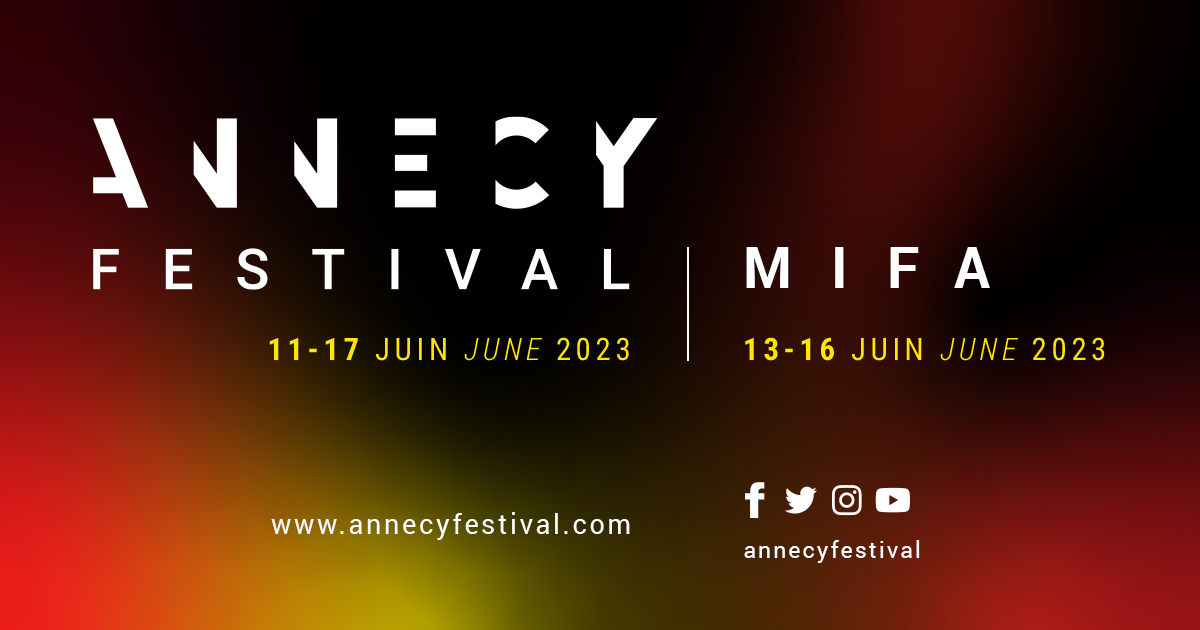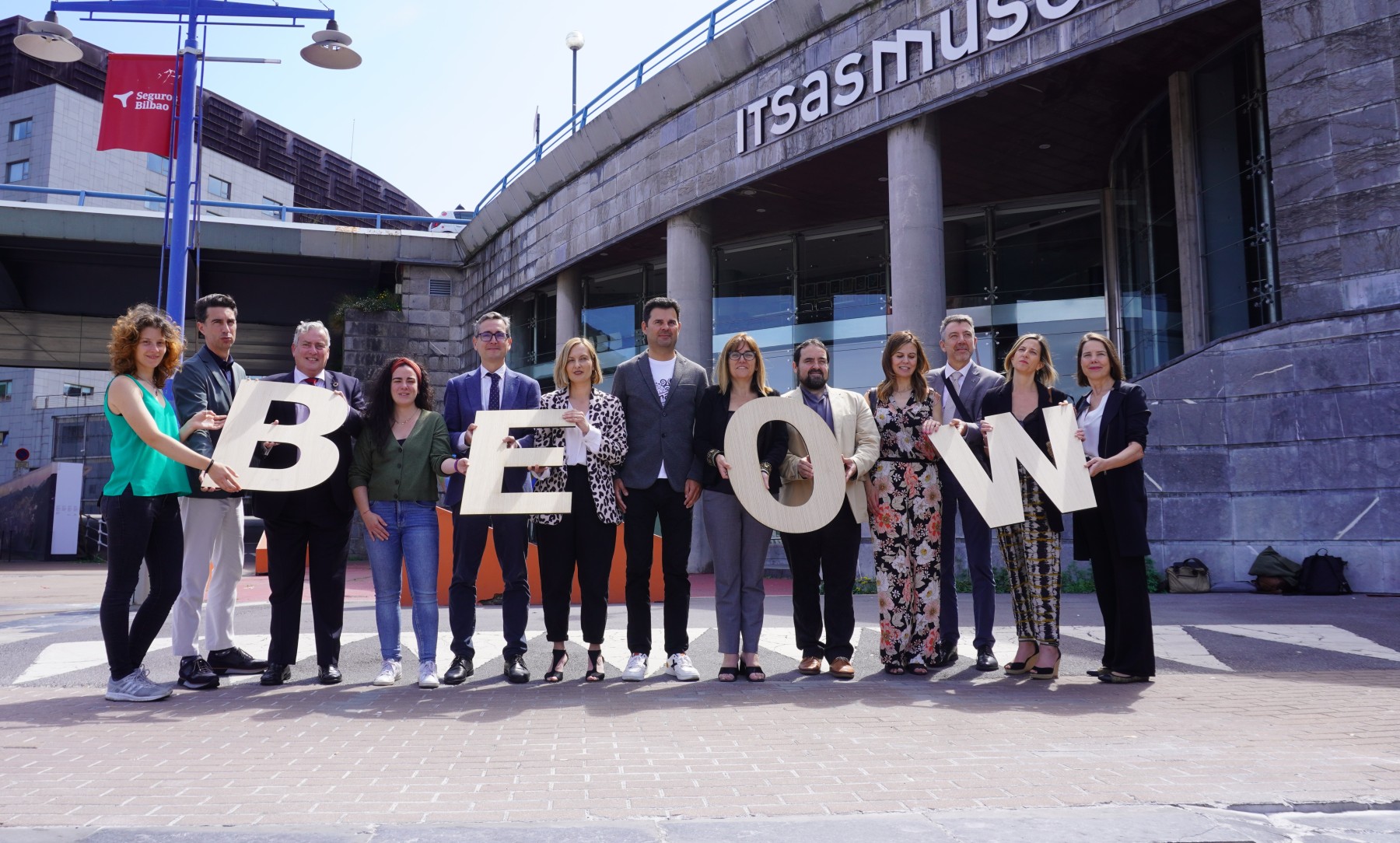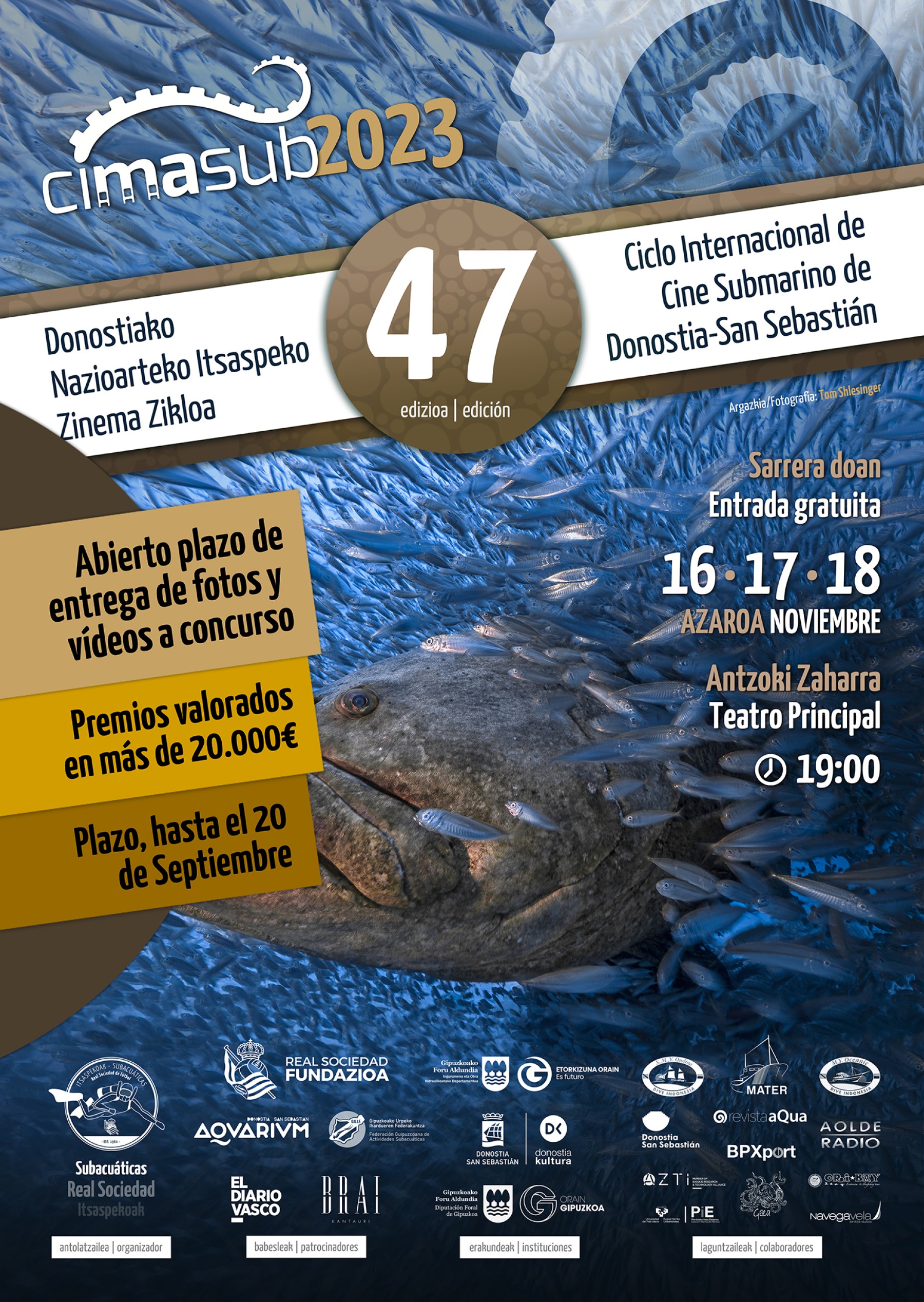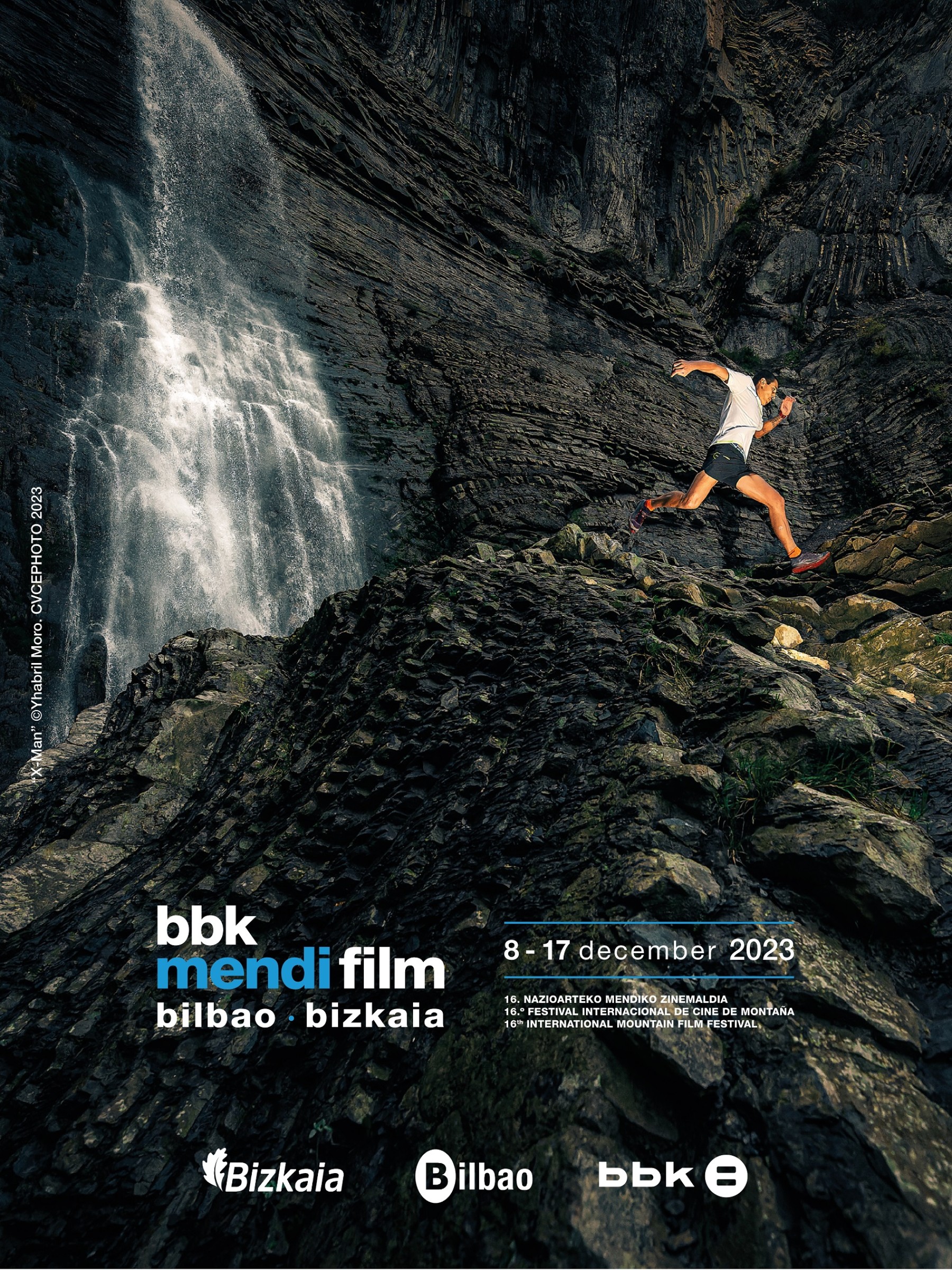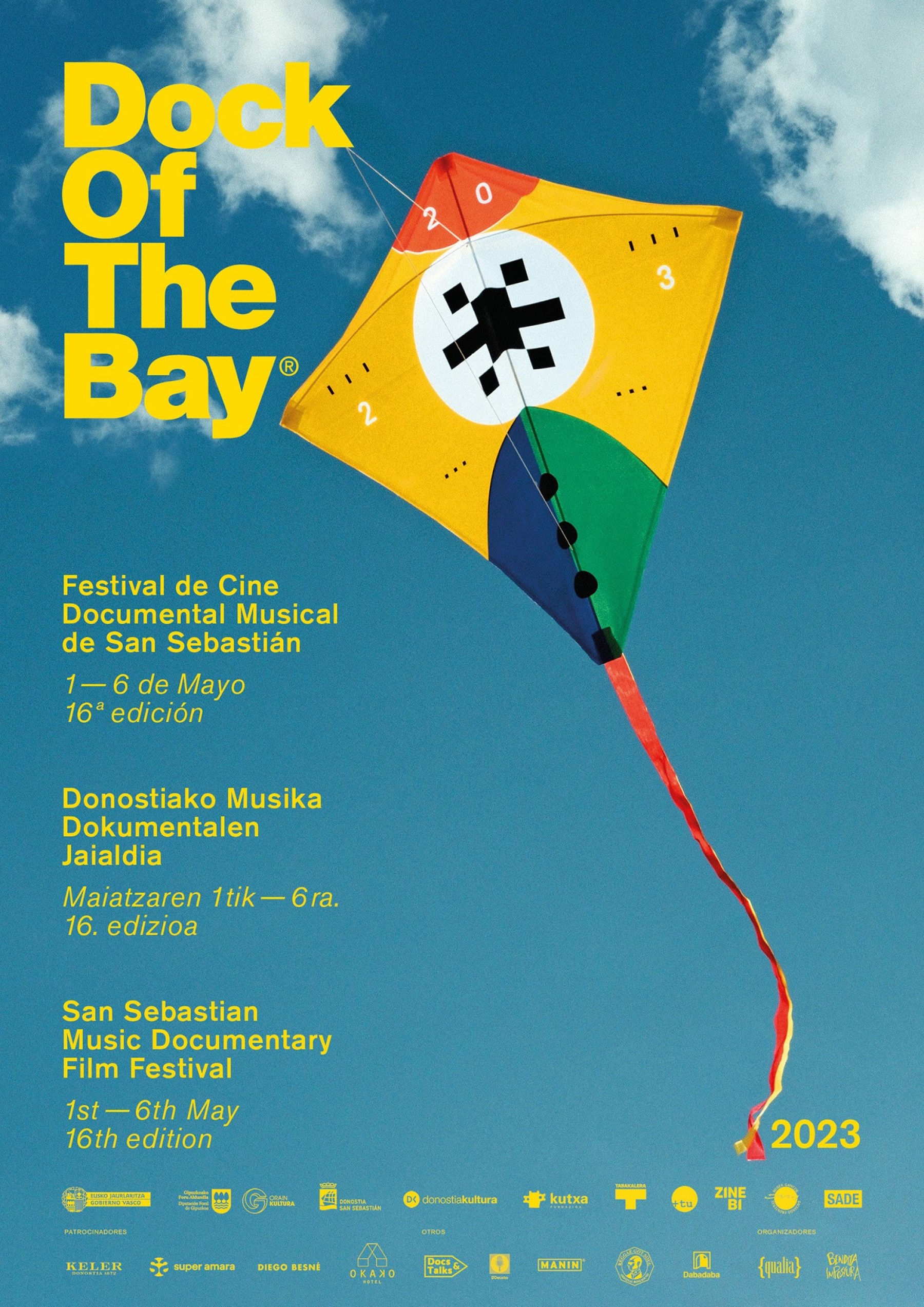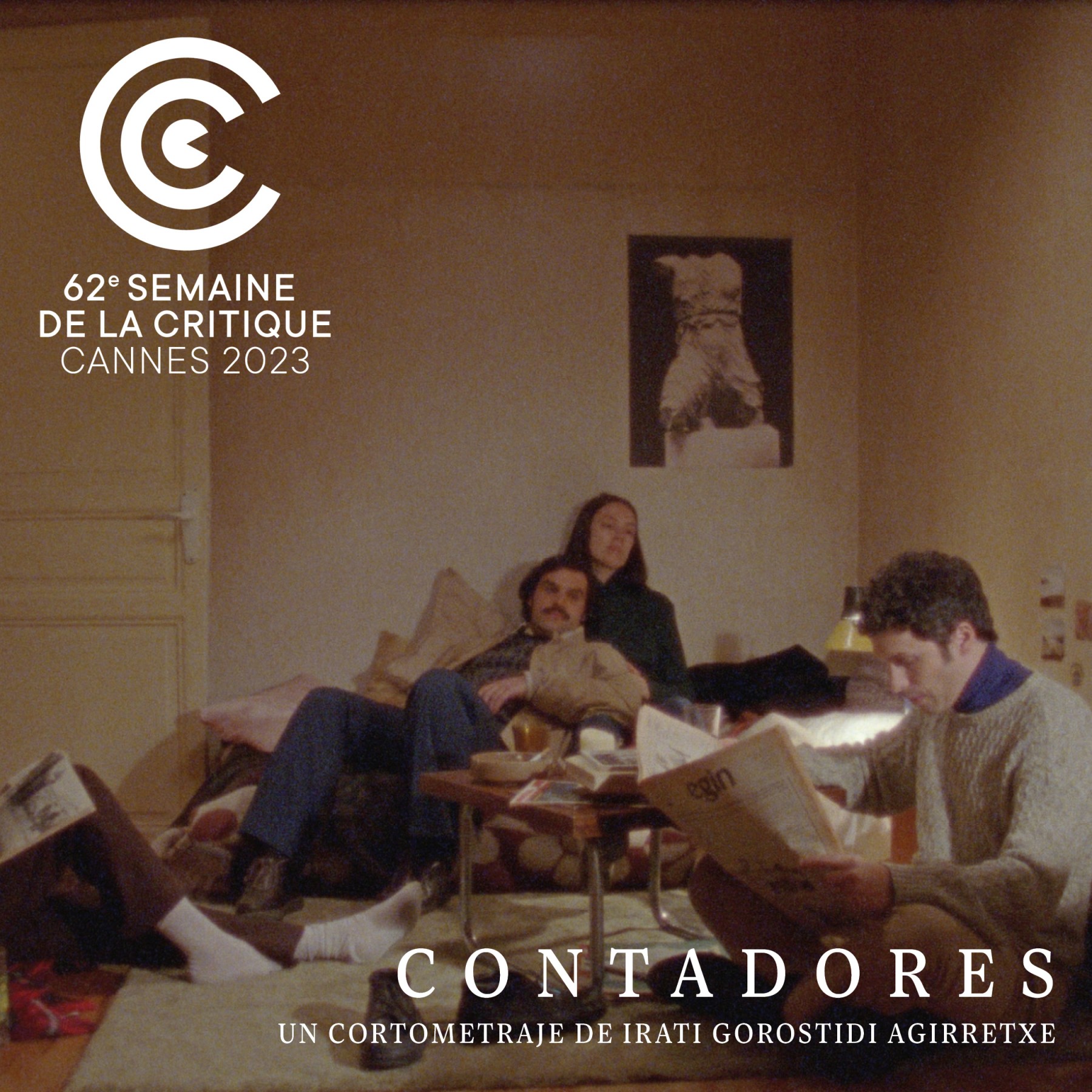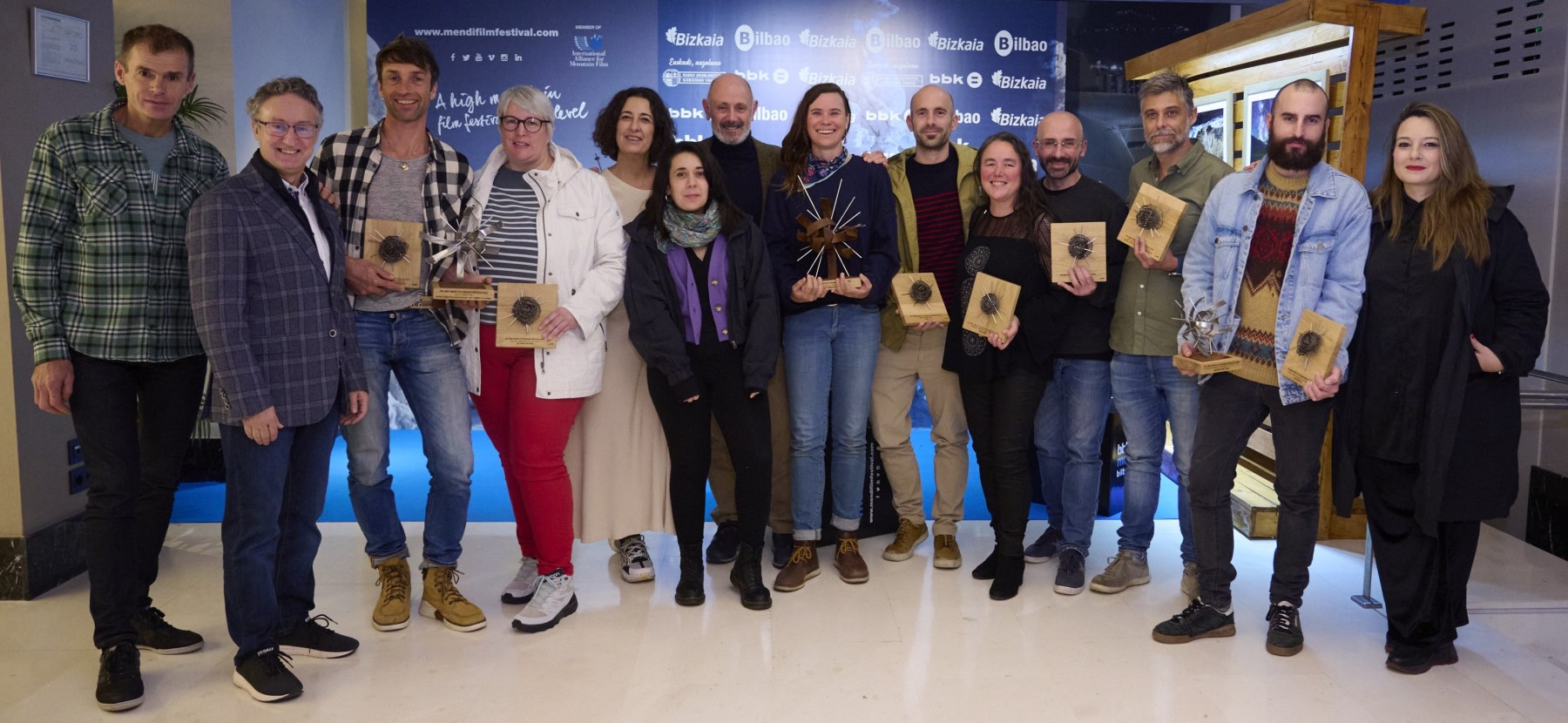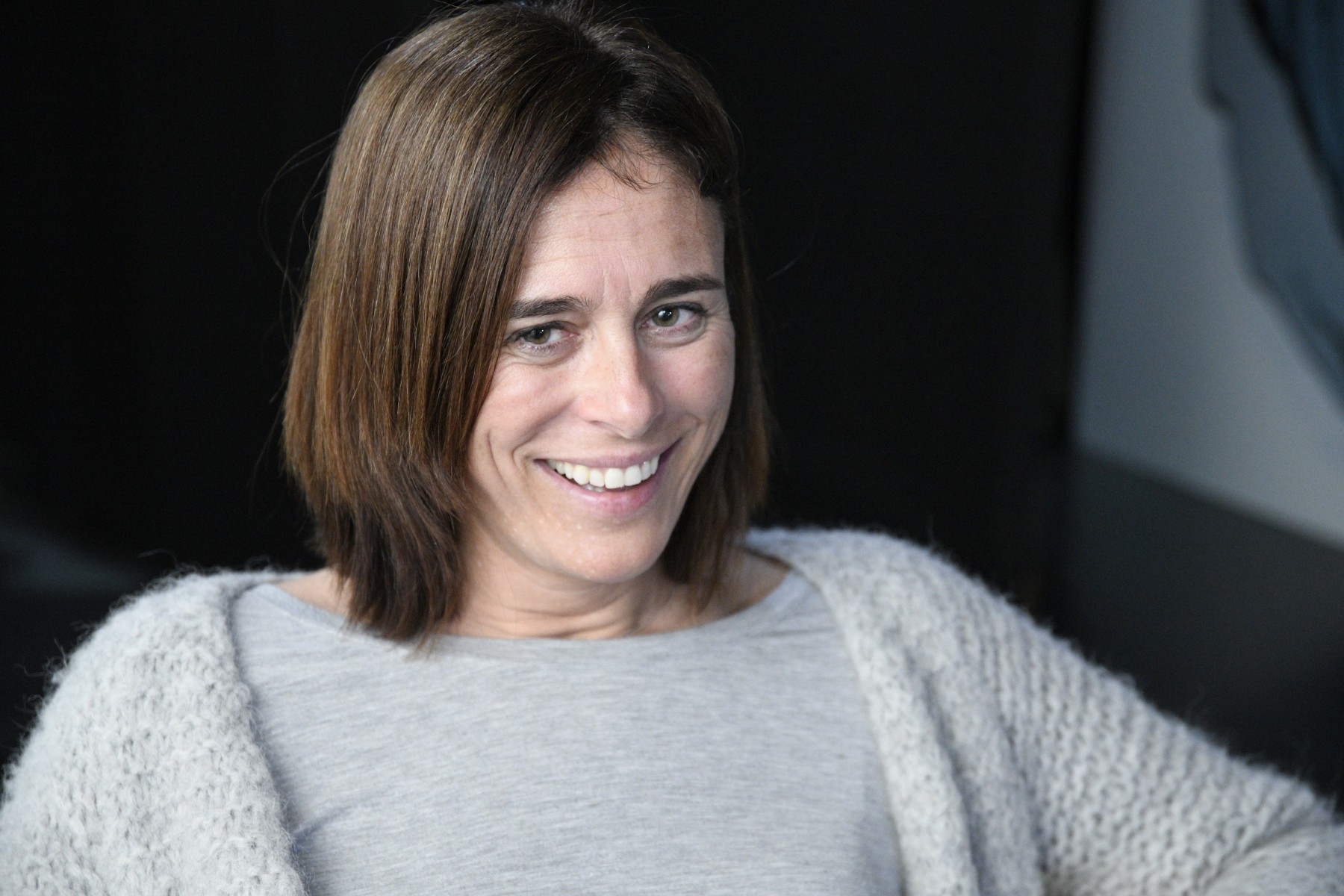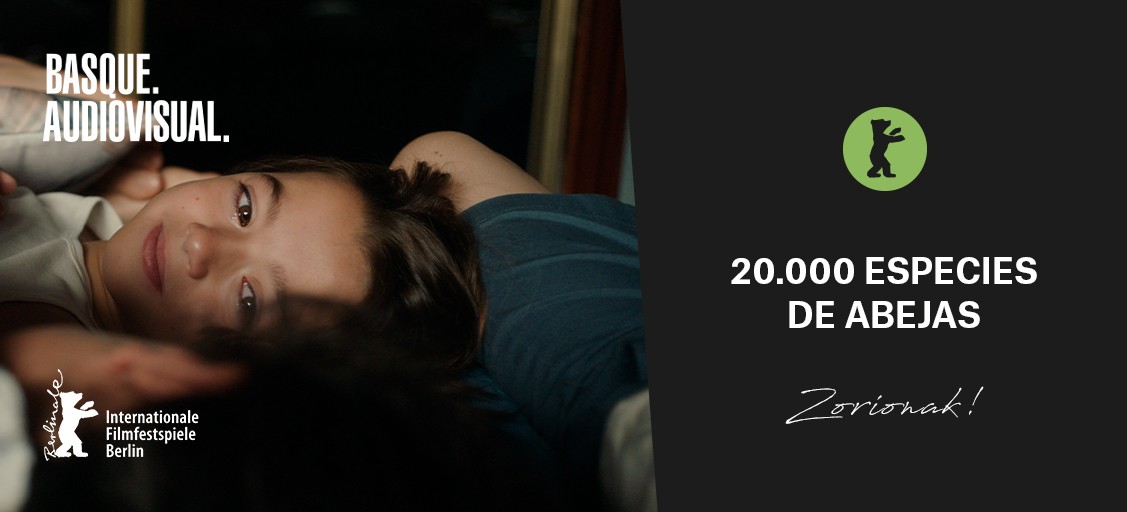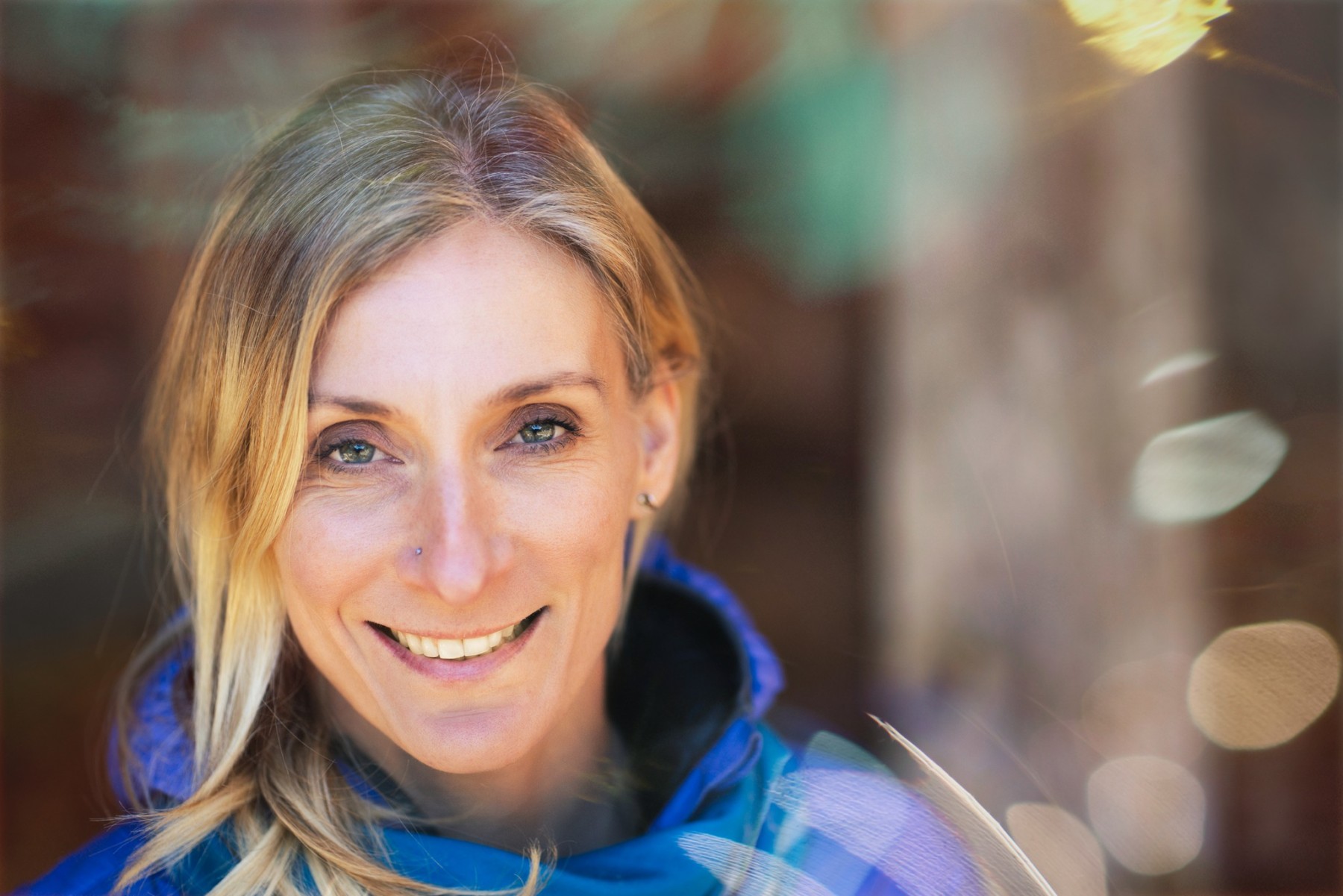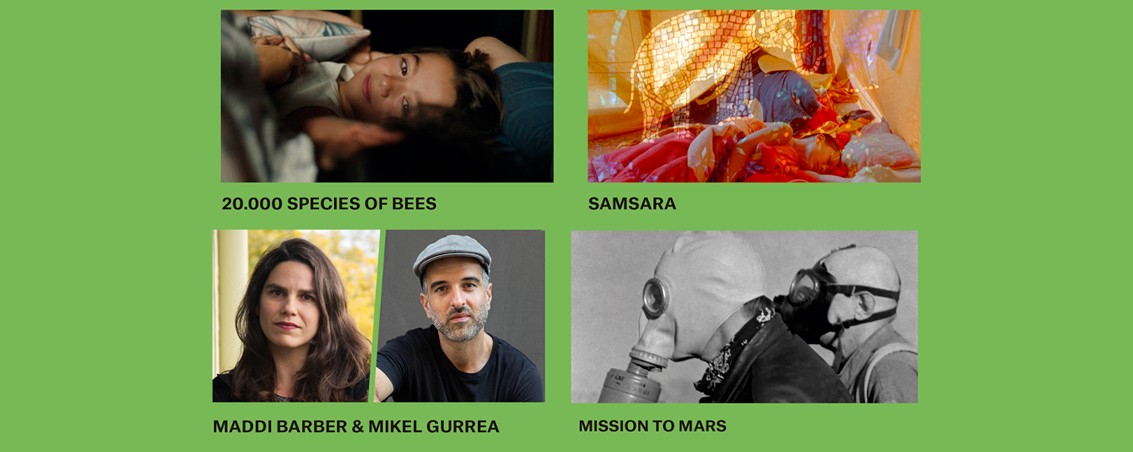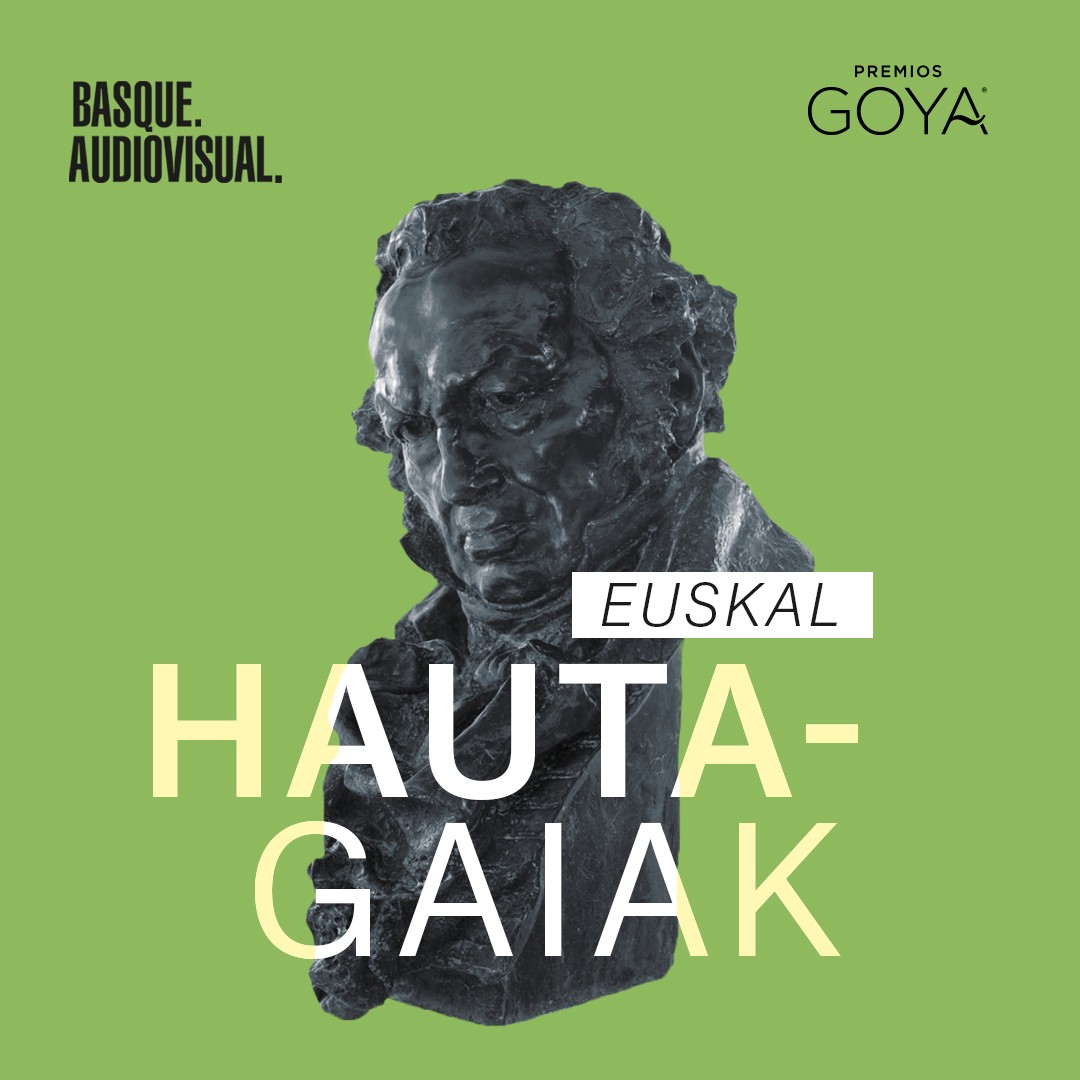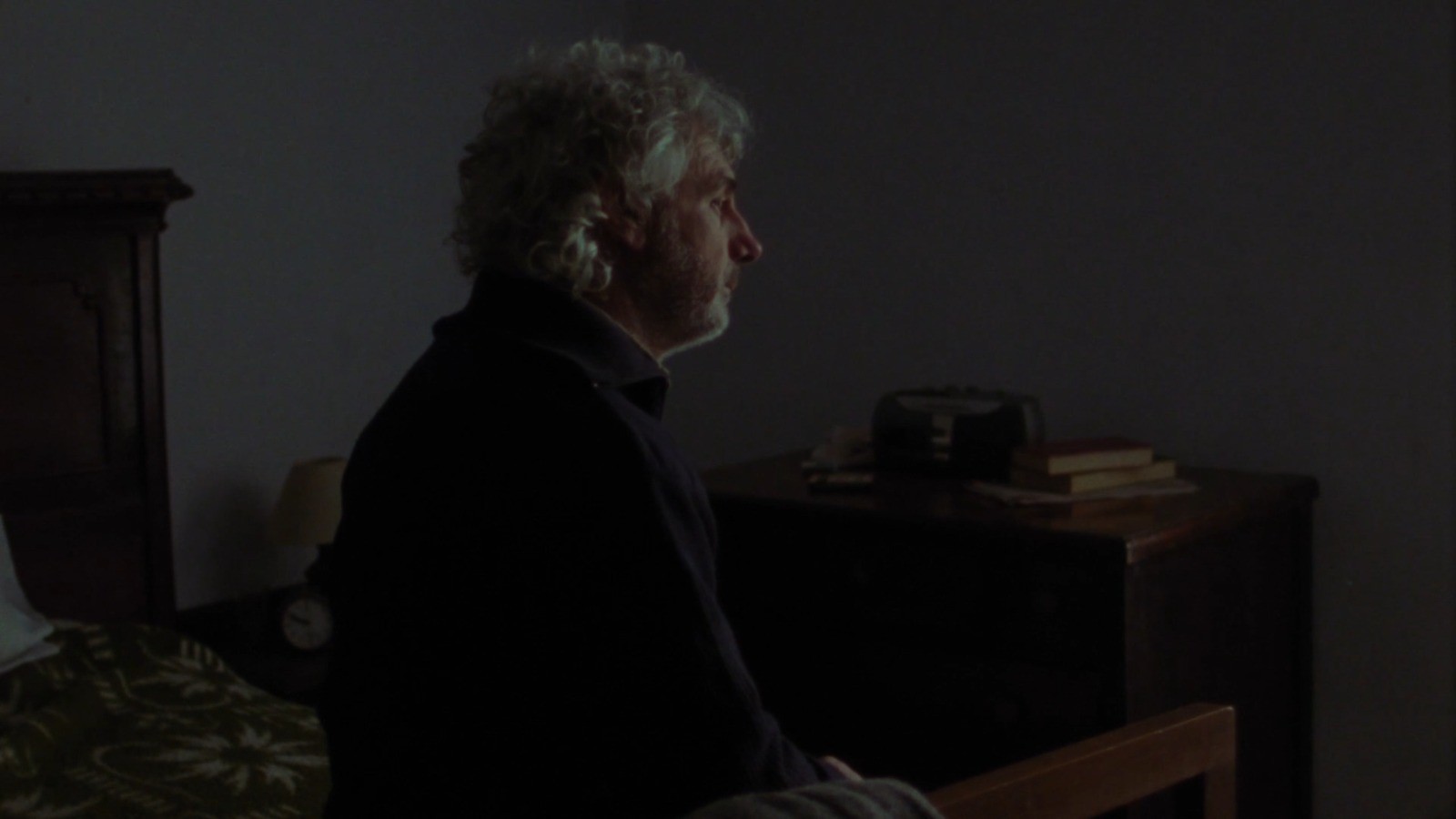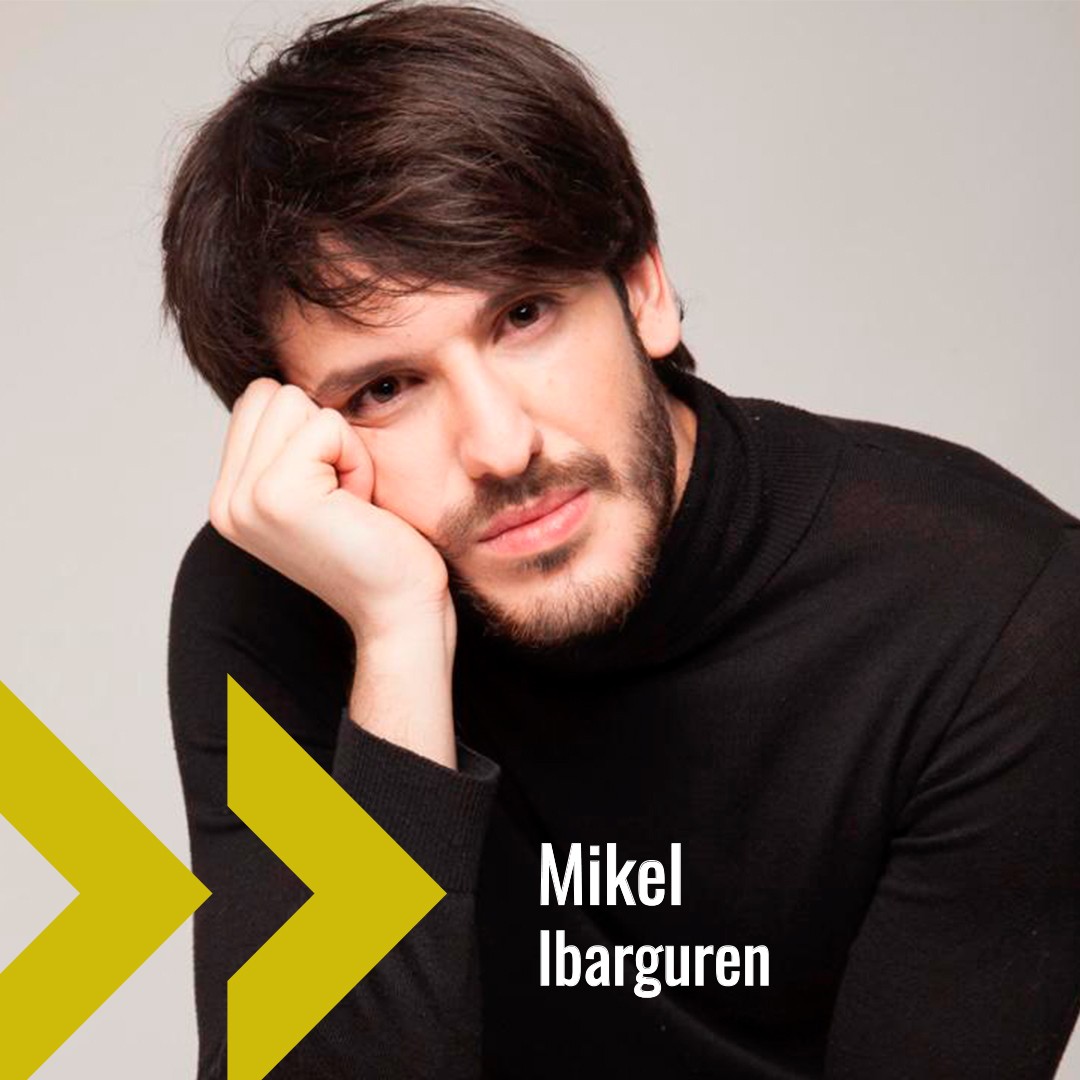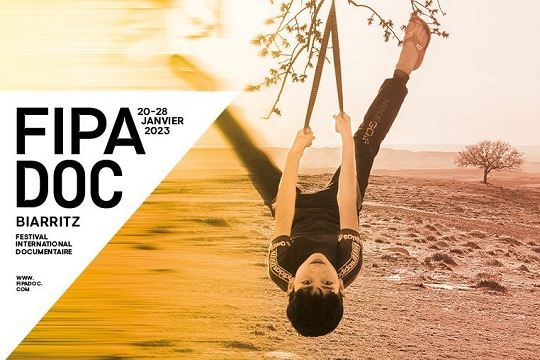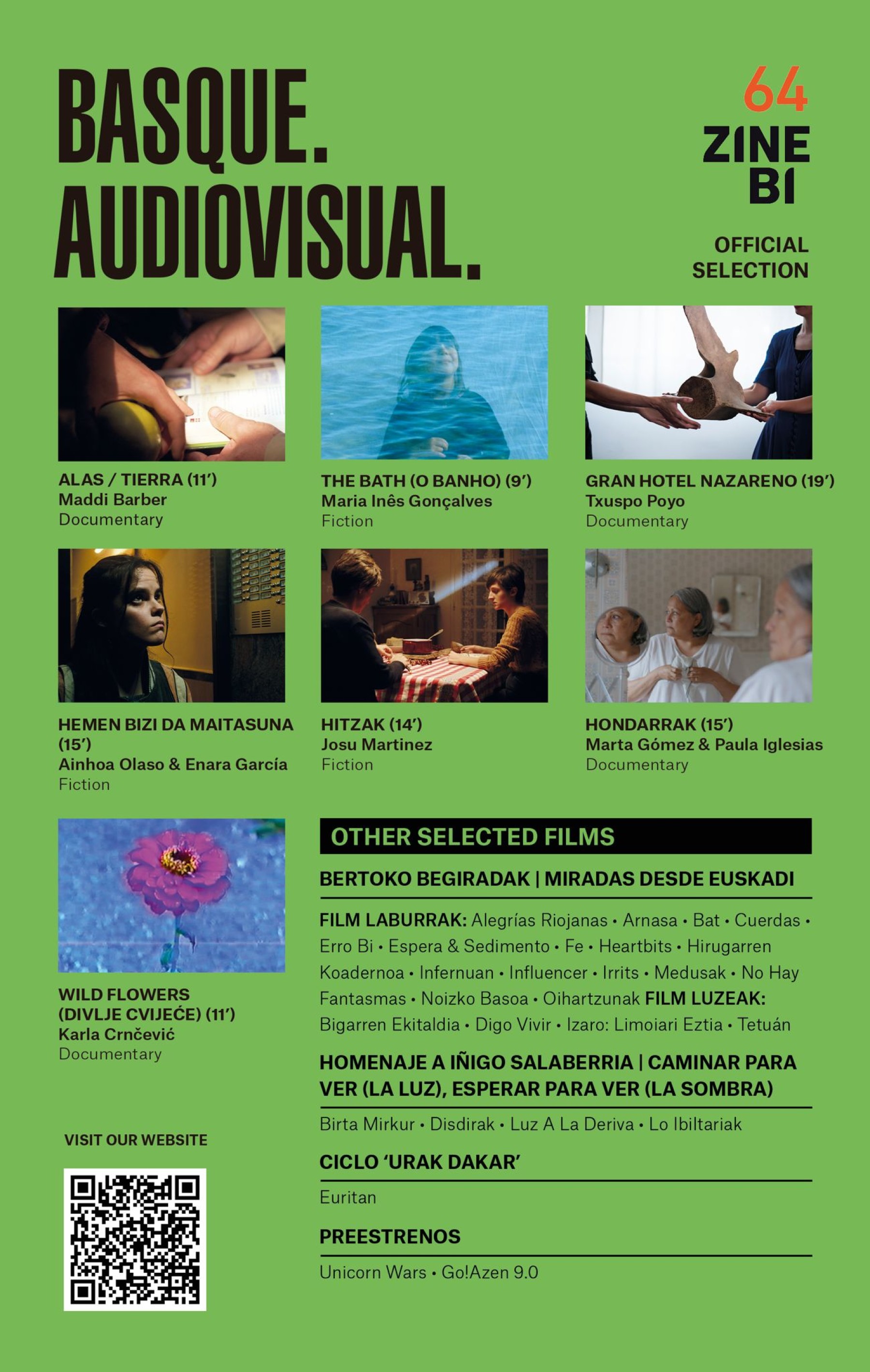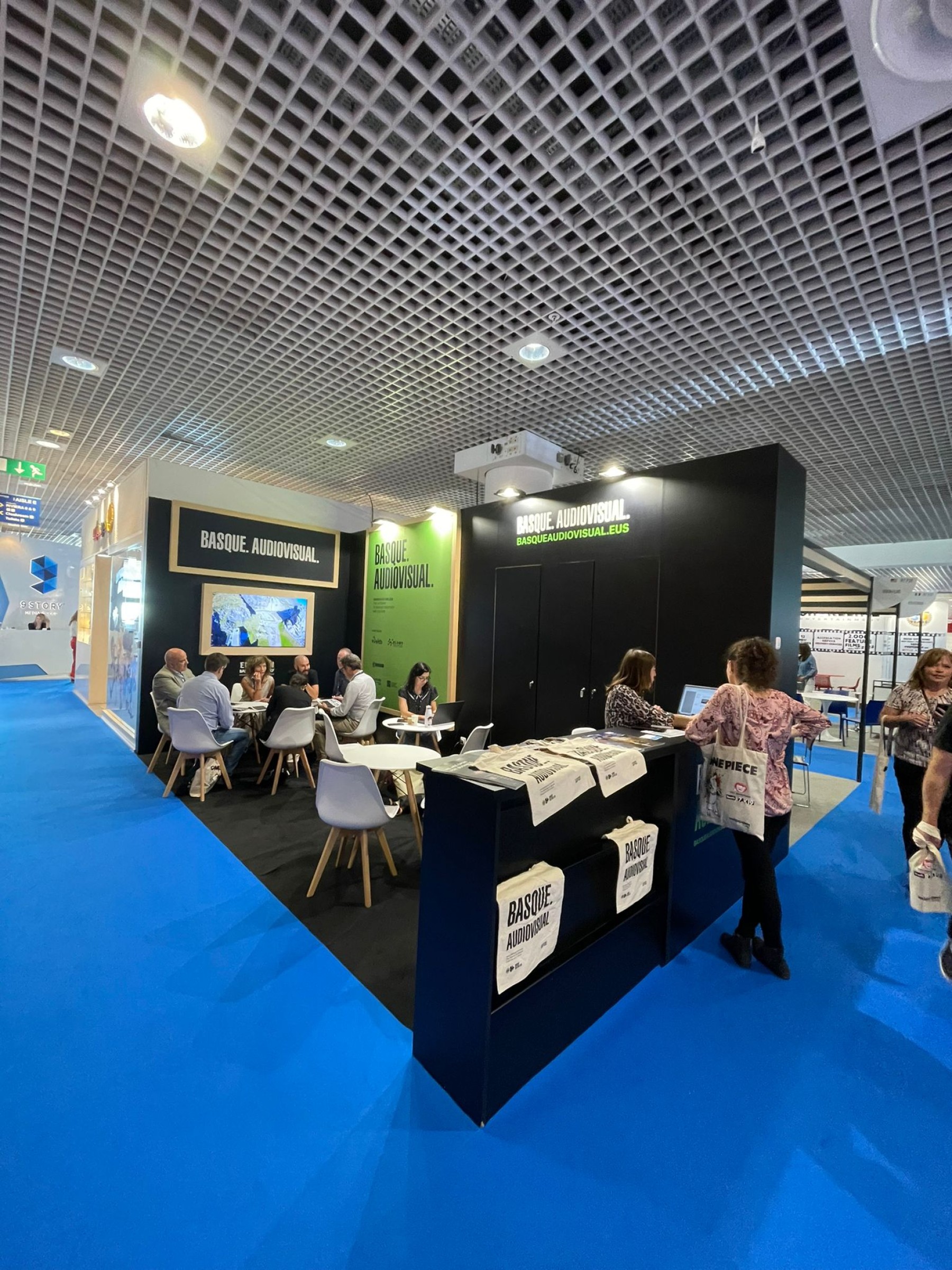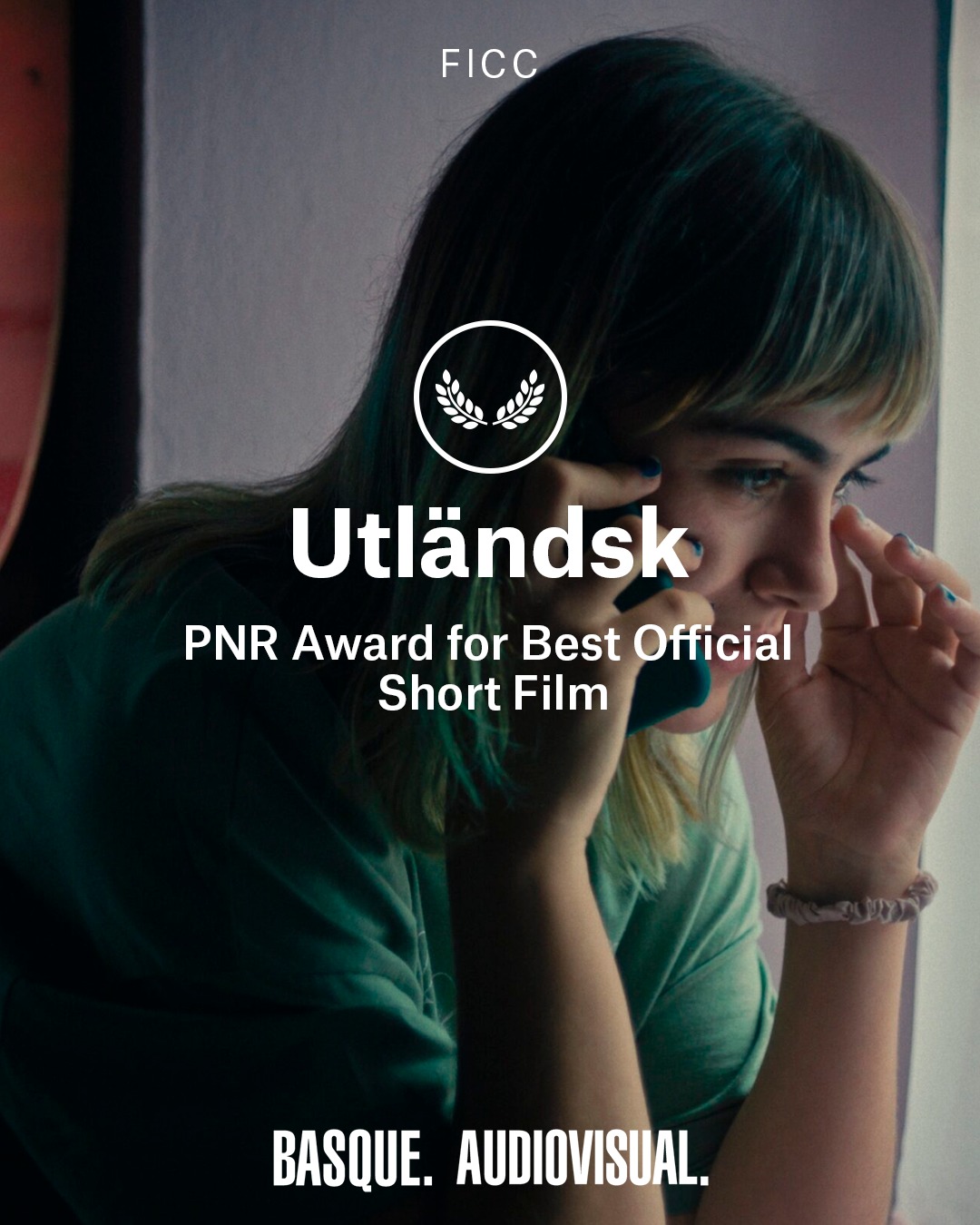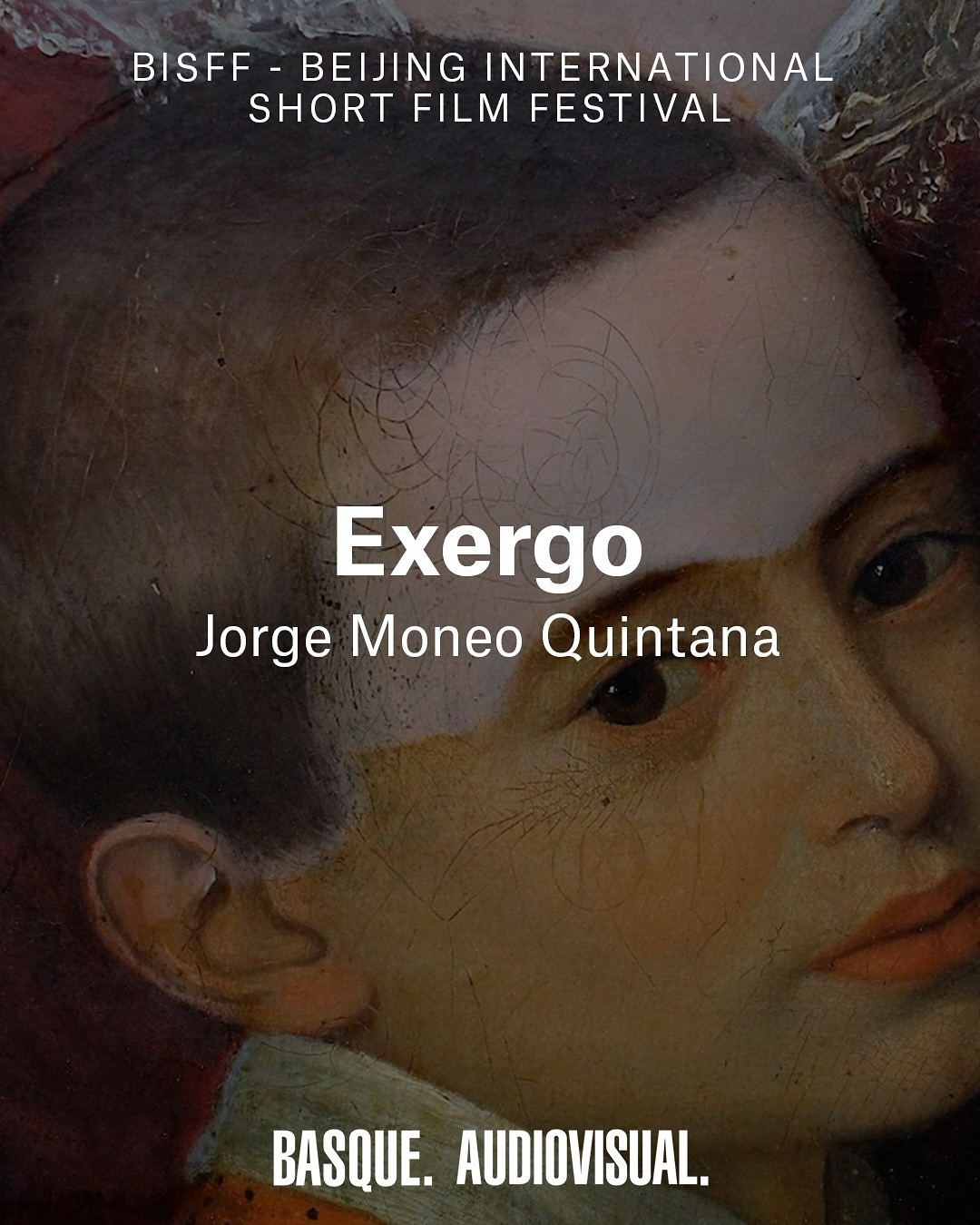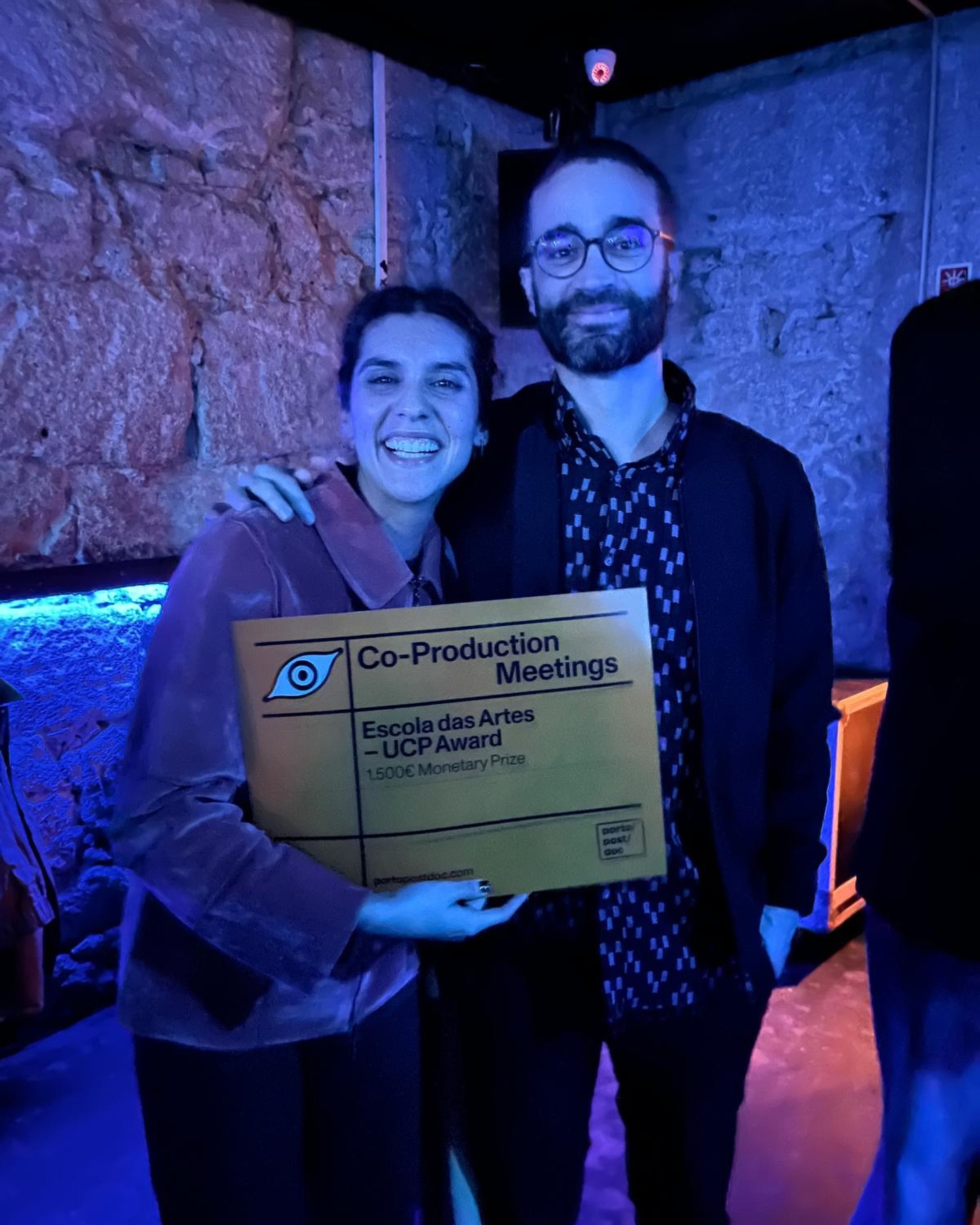2025-01-30
“For us, it was crucial to speak about this part of our recent history to ensure it is not forgotten and does not happen again”
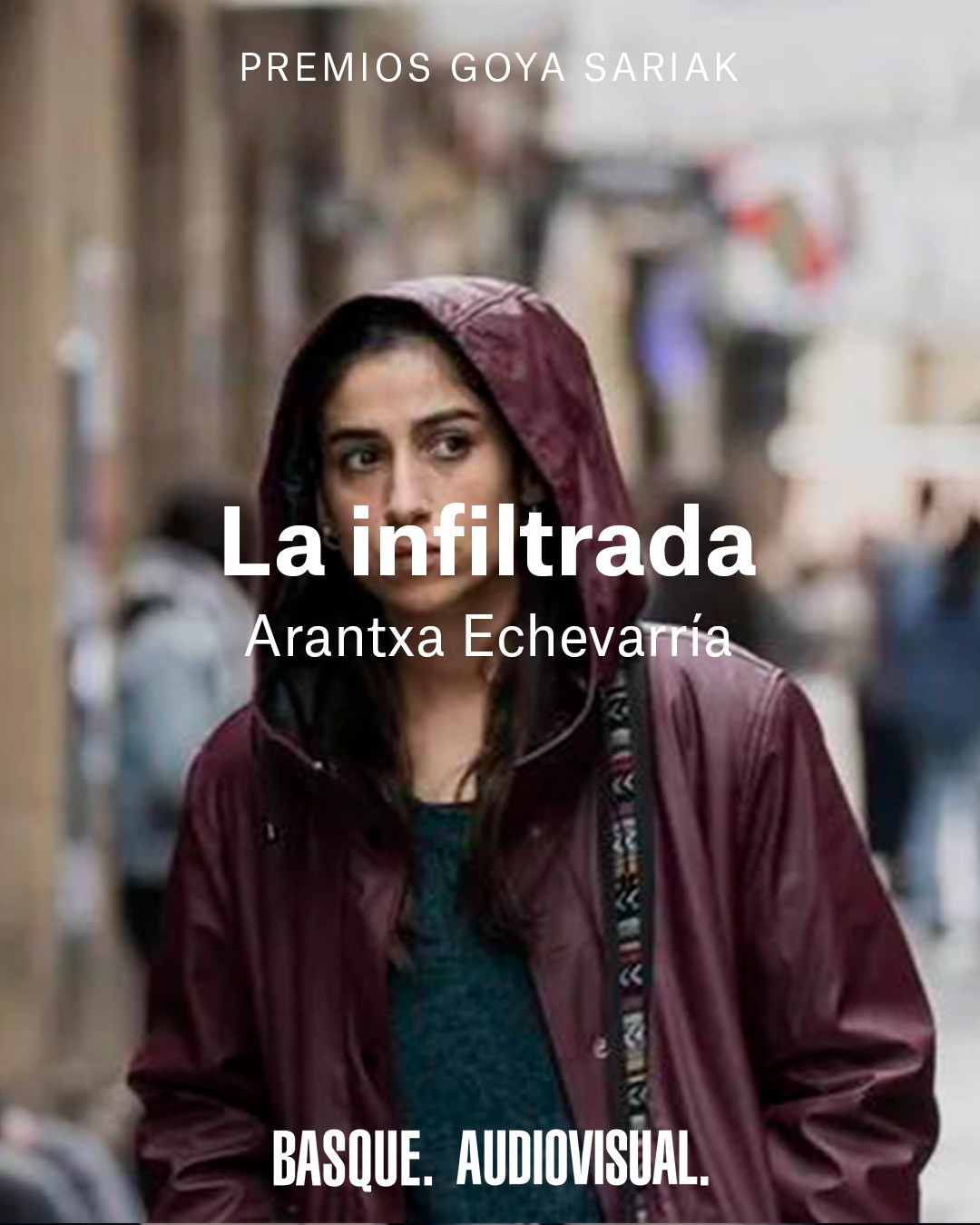
Arantxa Echevarría’s latest film, ‘Undercover’, is among the frontrunners to stand out at the Goya Awards ceremony on the 8th of February. With 13 nominations, including the most prestigious categories, we spoke to the Bilbao-born director about the film and its impact on society.
How did you receive the offer to direct ‘Undercover’?
The producers called me to tell me the story, and I found it fascinating. A 22-year-old girl, fresh out of the police force, who was undercover in ETA for 8 years... Just the headline alone gives you goosebumps, and when they explained the rest of the story to me, I thought: "I have to tell this." Having lived through that period, and with access to the police officers who managed the operation and the very commissioner who infiltrated Arantxa into the commando, it was a dream for any director. Being able to tell this part of our recent history, one that has been so forgotten, was a real gift.
It deals with themes of deception, trust, and the fight for truth. How did you manage to find the right tone to address these topics without falling into stereotypes?
Finding the tone of the film was difficult; we had a lot of respect and a lot of modesty. Being from there, I lived through the entire process, and I know that nothing is black or white; there’s a whole vast range of grey in between. Neither the good are so good nor the bad are so bad. They are human beings in a very complicated situation within a conflict. There’s a point at which I lose all sense of fairness. This happened when I saw the attack on Irene Villa live on television. Seeing those images of a shattered little girl calling for her mother… at that point, you don’t understand anything. The socialisation of pain, when civilians start to die, you think: "Why all this madness?" It's hard to maintain any sense of balance with all of that, which takes me back to my teenage memories and the toughest moments.
It's something that is still very recent...
Of course, not much time has passed, but it's interesting to see how young people, around 18 years old, don't know what was happening in the Basque Country. For both me and the producers, it was important to talk about all of this to remind people and ensure it doesn't happen again. After watching this film, I hope people go home, watch ‘Patria’, watch ‘Maixabel’, and look for information about our recent history, because we Spaniards have this tendency to erase everything that has happened.
You mentioned earlier that you had access to police officers, even the person who infiltrated Arantxa into the organisation... The research must have been crucial.
Yes, it was an intense but at the same time very interesting task. The journalist Pablo Muñoz spent two years gathering information, speaking with people from the operation, checking which details were consistent and which weren’t, also speaking with the commissioner. He provided us with an analysis report of all the interviews, which Amelia Mora and I used to write a script with a very strong sense of truth. We also had access to the police officers and conducted our own interviews to collect information about the daily details (when they woke up, how they got to the safe house, how the surveillance equipment worked...) For example, we discovered that the surveillance equipment was massive and that the batteries needed to be changed every 15 days, which meant they had to enter the safe house that often. For Amelia and me, the world of policing was very unfamiliar, and getting close to it helped us, above all, understand why someone would put themselves in that kind of position.
It’s well known that the protagonist of the story moved abroad and distanced herself from everything. Have you had the opportunity to be in contact with her?
When we received the project, of course, we tried to get in touch with her. Naturally, Carolina Yuste was also very interested in meeting her. We were able to reach out to her, but she declined to participate in the writing process. We sent her the script, and we know she received it, but we didn’t get a response. She has been a very private person; she’s never wanted to be in the media spotlight, and we don’t know if she has seen the film.
Did you face any obstacles along the way?
The truth is, we encountered far fewer barriers than we expected—almost none. I think it’s because it’s a topic that’s already been closed, something we’ve overcome and moved on from. It’s true that there’s still a scar, an open wound, but I believe that Basque society is finally beginning to shed that feeling that we had on our shoulders. We even dared to go to the Herriko Taberna in Donostia to see if we could film there. Obviously, they told us no, but years ago, we wouldn’t have even thought to ask. Overall, it’s been fairly straightforward, and some actors have said: "Well, I don’t agree with the story, I’m not going to do the casting." Which I think is very legitimate and very smart on their part. Everything is so globalised now, so forgotten, and ETA, thank God, no longer exists.
You’ve said before that you were certain Carolina Yuste was the right fit for the role. What would you highlight about her performance?
Yes, when I got the call from the producers, I hung up and immediately called Carol, saying, "They’ve proposed this to me, will you do it with me?" She asked me to send her the script, and when I explained that I had just received the offer and it wasn’t written yet, she said something like, "Alright, let’s go for it. If we have to crash, let’s crash together." It was really important for me to have her; Carolina is someone who would challenge me a lot, push me into difficult situations, and help me avoid creating a superheroine, instead focusing on a real human being with her own struggles, fears, and anxieties. When she said yes, I felt a sense of relief; I knew we would be able to work well together on such a complex role.
The character's psychological profile is very complex, and Carolina's performance is sublime.
It’s remarkable. Also, there’s one very important aspect that always blows my mind: the emotional continuity. The film starts with her in one state and ends with her completely shattered, but we didn’t shoot in chronological order. For instance, we would shoot all the scenes in the house of the ETA members, so in the morning she might be very cordial with Kepa, and by the afternoon, Sergio Polo would come in and push her to her limits. Keeping that emotional continuity, that tension, and making sure the film doesn’t have any abrupt shifts is incredible. What Carolina did, to me, is truly Goya-worthy. Moreover, it's important to mention that the protagonist undergoes a physical transformation, a deterioration, and she had to look one way in the morning and another by the afternoon.
As for the rest of the cast, was it difficult to define?
In the case of Iñigo Gastesi, who plays Kepa, we did have a casting process. I spent some time searching for Basque actors, and it was a real joy to find him because he's a great guy, very smart, generous, and dedicated. Diego Anido was one of the actors I kept in mind after seeing ‘As Bestas’; for me, he embodied that military ETA figure, the one who would execute with a shot to the back of the neck.
Tosar was a gift. Until six years ago, I hadn’t made any films, so when I heard that Tosar had said yes, it was unbelievable. He’s a truly generous person, very interesting, with an incredible sense of humour, and a wonderful team player. He’s an excellent actor, of course, but he’s also a fantastic colleague. In his scenes with Carolina, you can really see how he helps her, how he makes space for her to shine, whereas another actor might prioritize shining themselves. It’s been a collaboration I hope lasts for a long time.
‘Undercover’ has received, along with ‘El 47’, the most nominations for the Goya Awards. How did you feel when you heard about the nominations?
With cheers and so much excitement! In the end, you never know what will happen. The Academy is like that; it’s not a collective movement, everyone has their individual vote, and you can never be certain. Receiving so many nominations brought me an incredible joy, especially because, as I call it, we’ve got the 'poker'—nominations for Best Screenplay, Best Film, Best Director, and Best Actors. The technical team also received numerous nominations, which makes me so happy. The other films I’ve made were more auteur-focused, but this time we were also nominated in sound, music, makeup... Films are a team effort, and to have that hard work acknowledged is truly special.
Has the team made any predictions?
I have my own predictions, and some colleagues have some very optimistic ones, which I’m not entirely convinced by, but I truly believe Carol is going to win easily, and I’m also confident that categories like music, cinematography, and sound could be clear options as well.
What’s your assessment of the reception the film has received from both the audience and the critics?
Producers often say that thrillers don’t tend to do well in cinemas, and then suddenly, this one did. When Amelia and I were writing it, we thought it had potential, but you never really know. So much depends on factors like the release date, the weather that day, and how word of mouth spreads. For example, if it’s a beautiful day and people don’t go to the cinema, your film can easily disappear. There are so many variables, and sometimes they seem so trivial…
Moreover, it’s the second most-watched film in cinemas in Spain in 2024, and the most-watched in the Basque Country. Did you expect it to be here where it would receive the best reception?
I’m really happy about it. I love it, especially because the response from people here has been very positive. I’m glad we’re able to reflect on our past and examine it. The fact that it’s even sparked debate is, in my opinion, extremely valuable. It also shows how mature Basque society has become. We’re exhausted by the condescending attitude we’ve often felt from the Spanish state, and this proves that we’re mature enough to talk openly about the darker parts of our history.
You’ve become the highest-grossing female director in the history of Spanish cinema...
It sounds simple, but it means a lot. What I really love about it is the opportunity to create role models. When I started, there were only a few female directors—Íciar Bollaín, Isabel Coixet—and now there are many more examples for young women studying film, not just in direction but also in other technical fields. For a woman to have achieved the second highest-grossing Spanish film of the year with a thriller, right behind Santiago Segura, who’s unbeatable, is really positive. It shows that it works, and when producers start supporting us, it helps break down glass ceilings.
It’s also really remarkable the level of Basque female directors, with you, with Alauda, with Estibaliz…
Without a doubt, Esti’s success in Berlin was something unprecedented and Alauda with ‘Cinco lobitos’ and ‘Querer’, which is the series of the year, if not of the decade, is incredible. If you think about it, ‘Cinco lobitos’ talks about things that concern us all, but finally, from a woman’s perspective. It speaks about motherhood from our place. We’ve always been taught how we should experience motherhood, sexuality, even how we should raise our children from a male point of view. Alauda shows our reality, and on top of that, it’s doing so well in festivals and with critics. I truly believe Basque cinema is more alive than ever; there are new voices, and I think we’re going to be blown away by what’s coming.
Lastly, could you give us a hint about the projects you're working on at the moment?
In March, I’ll begin shooting a film in Donostia, a dark comedy with Hugo Silva, Susi Sánchez, and Belén Rueda.



